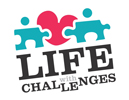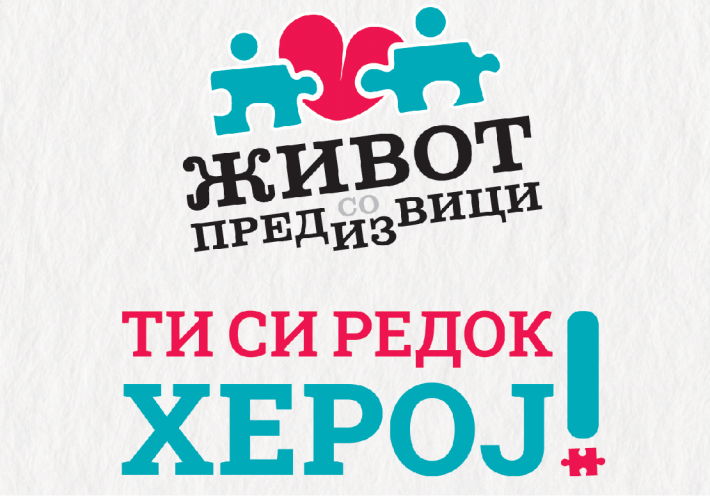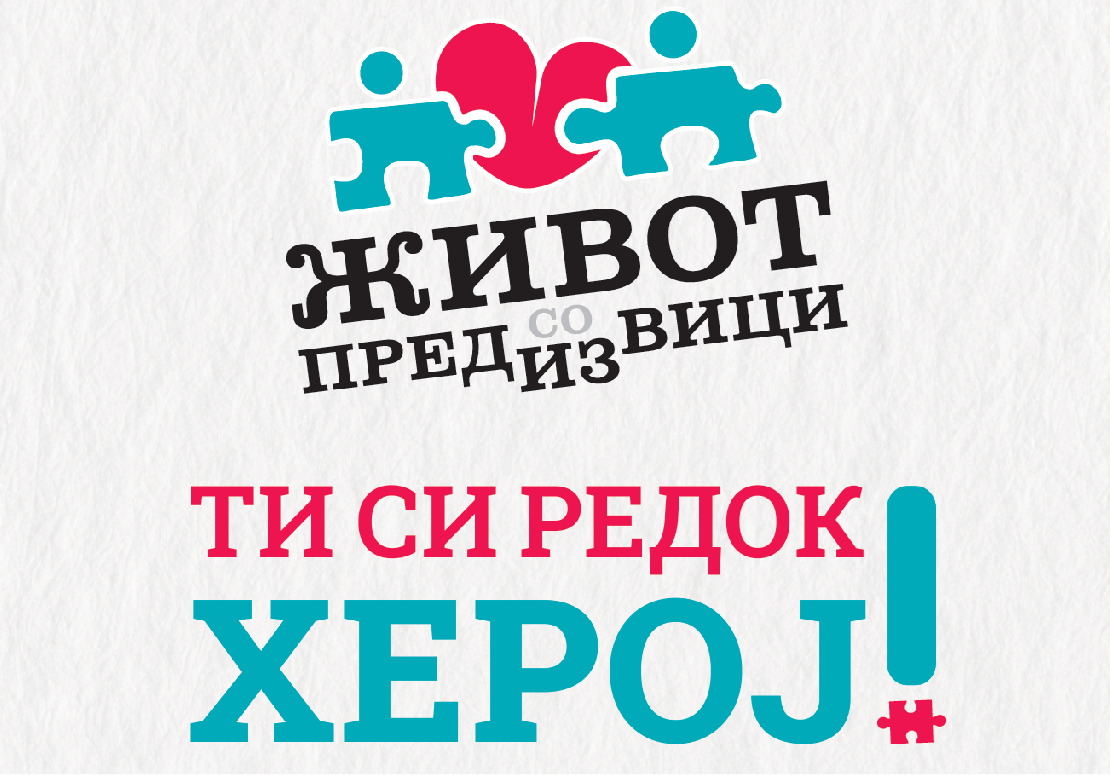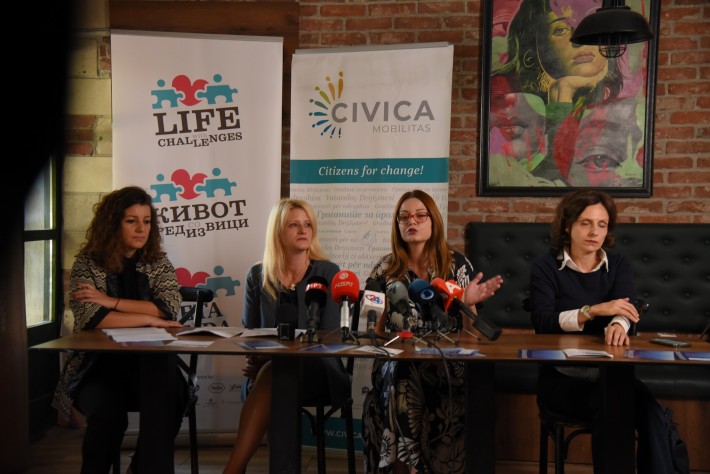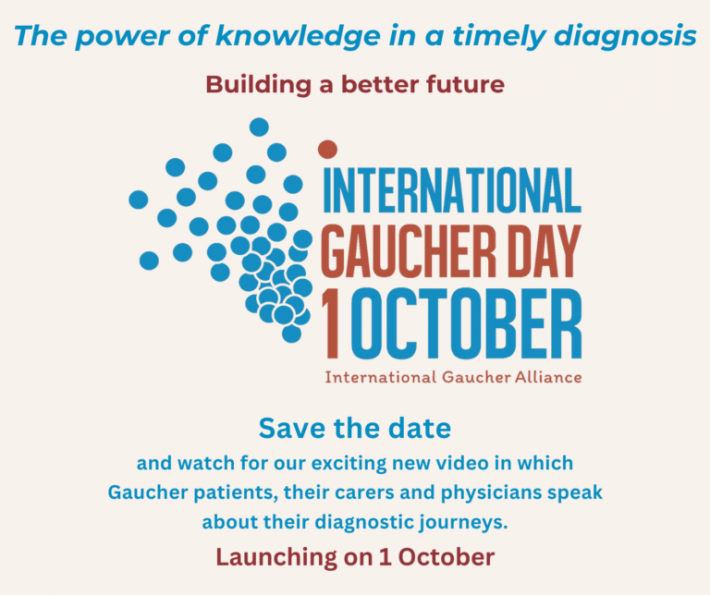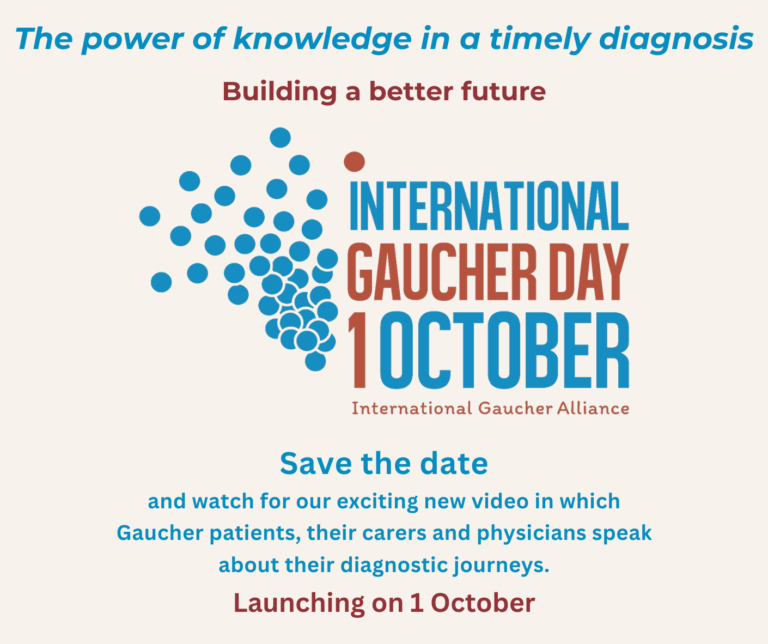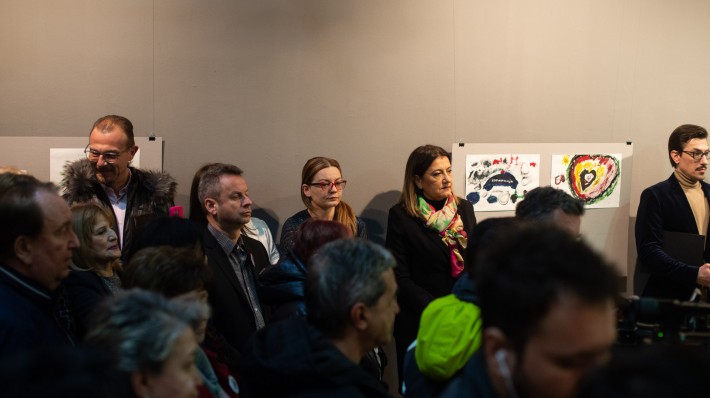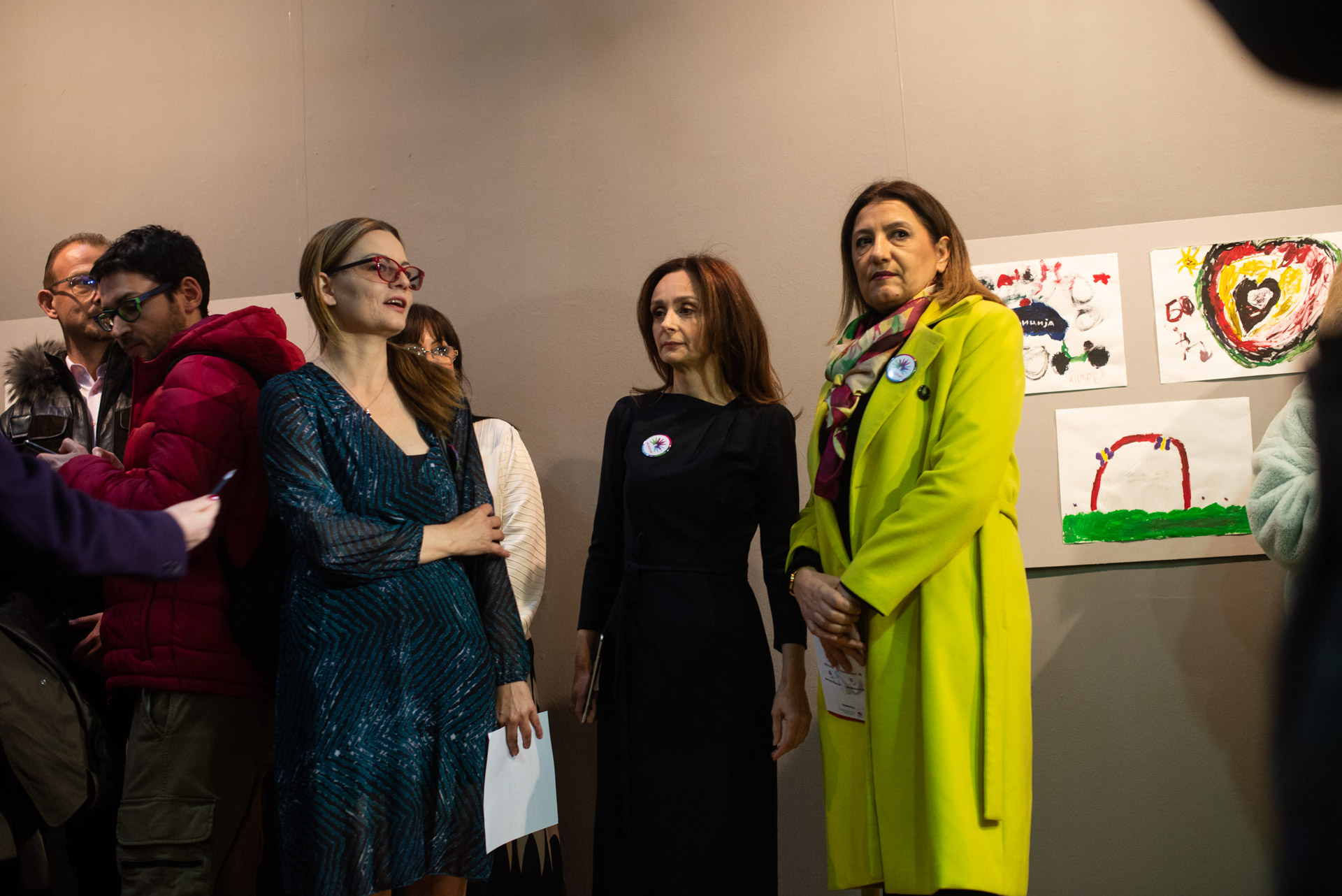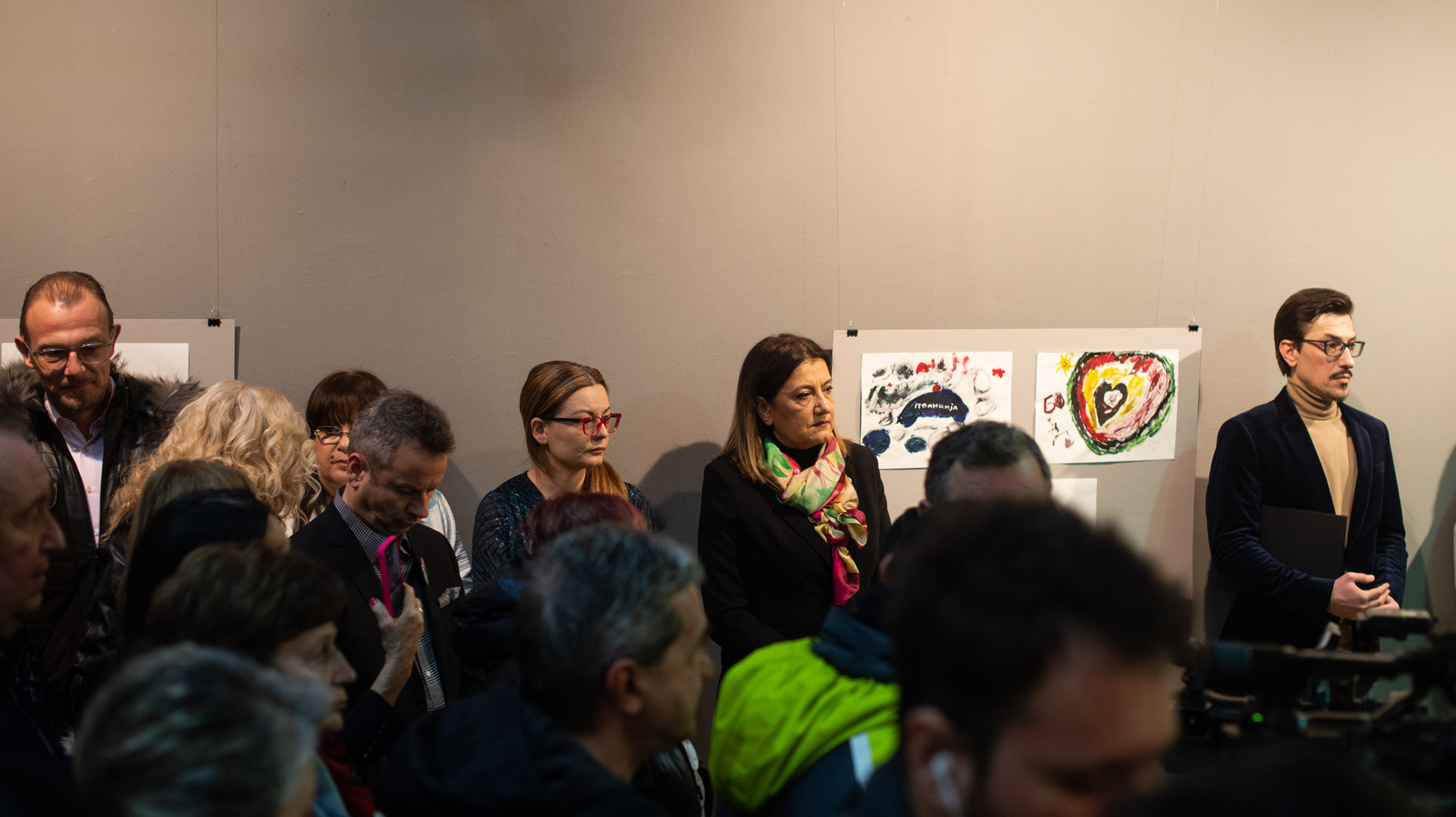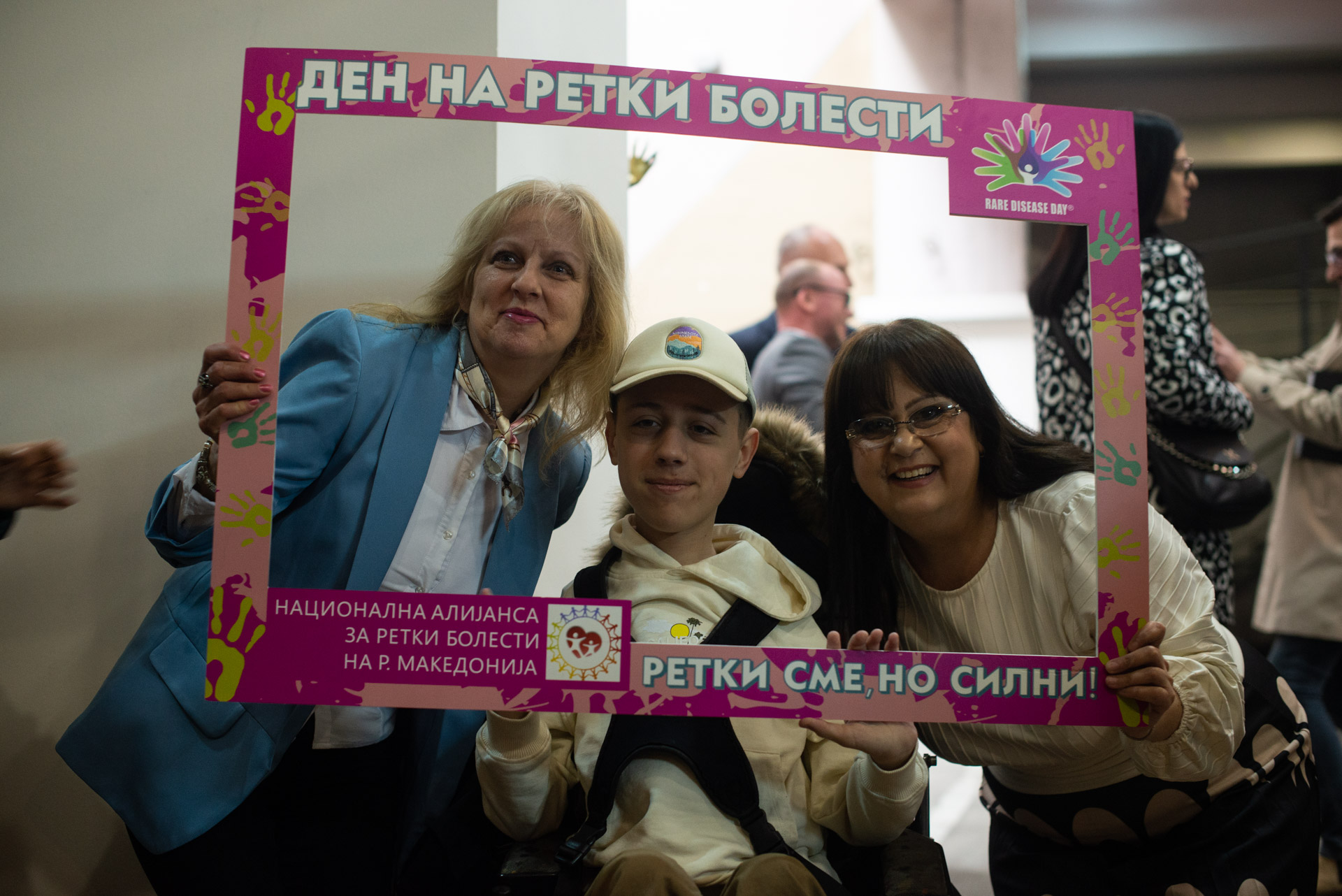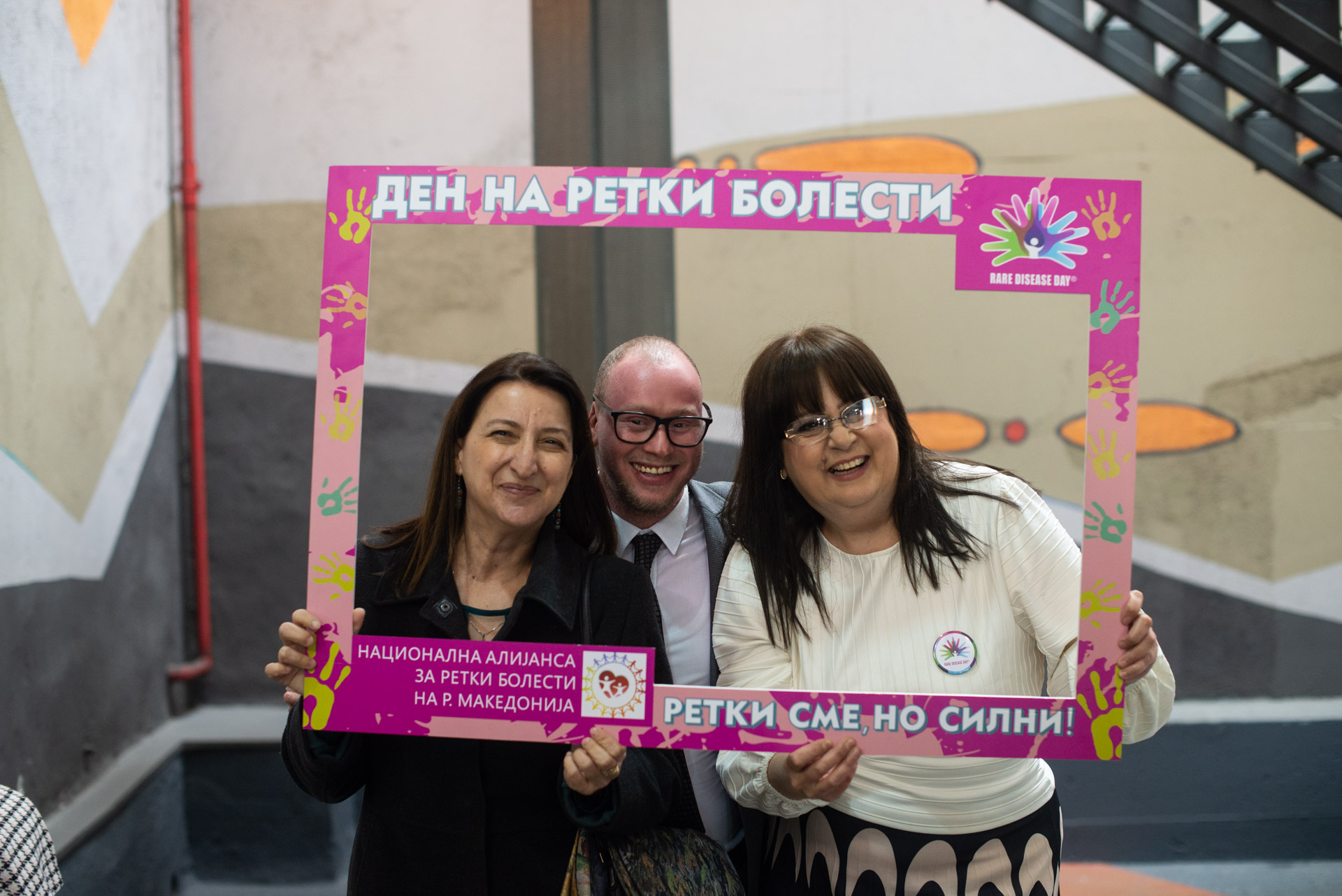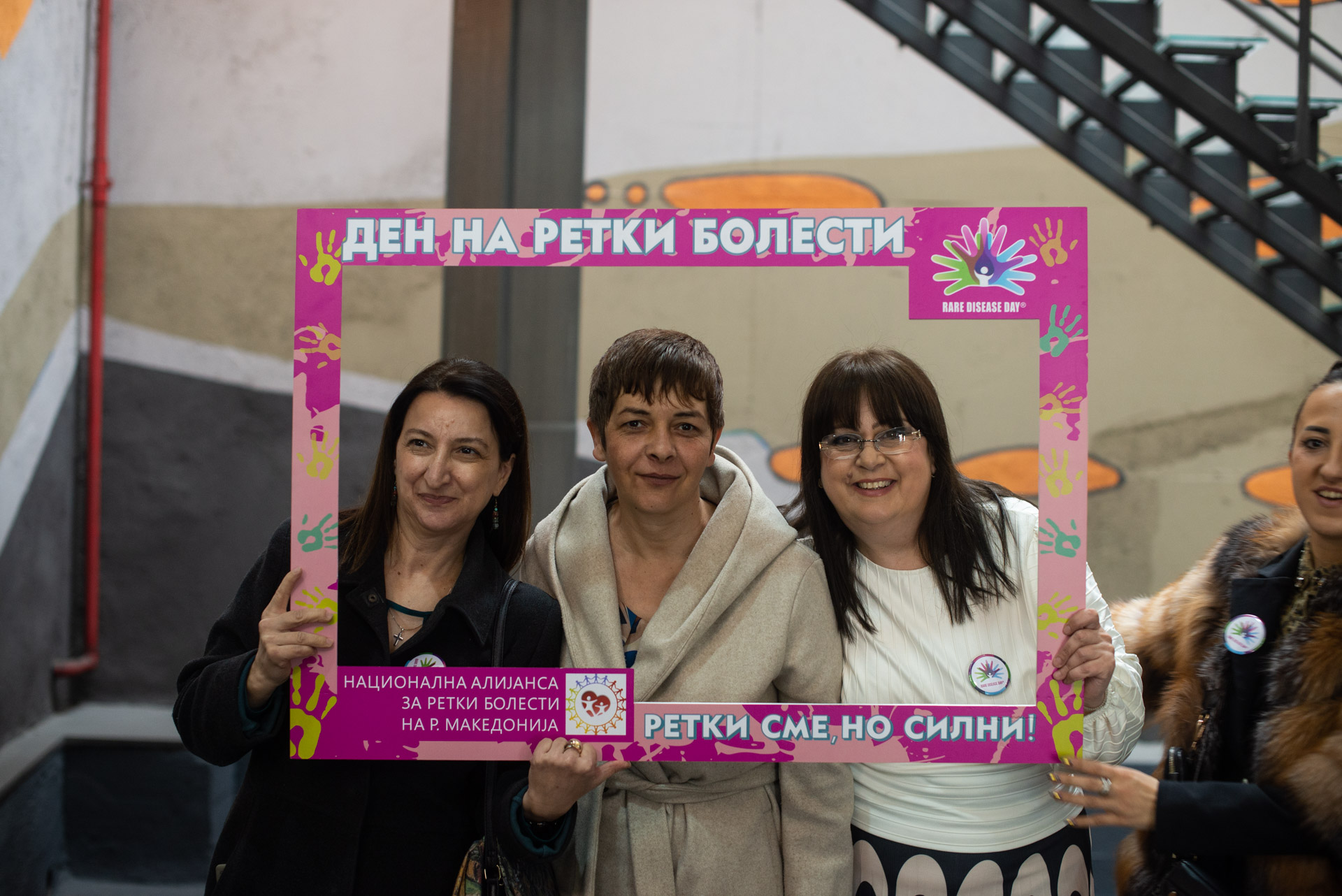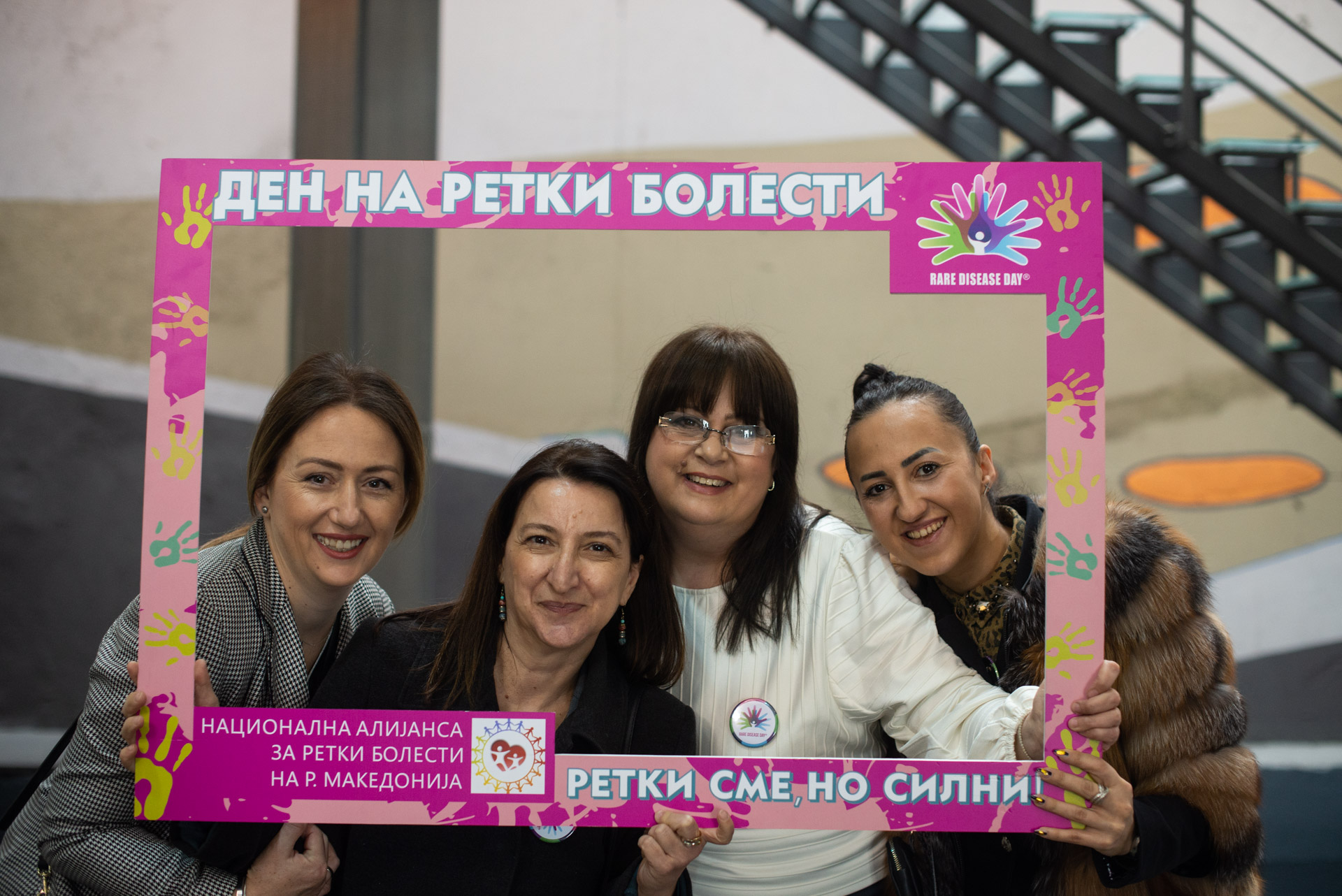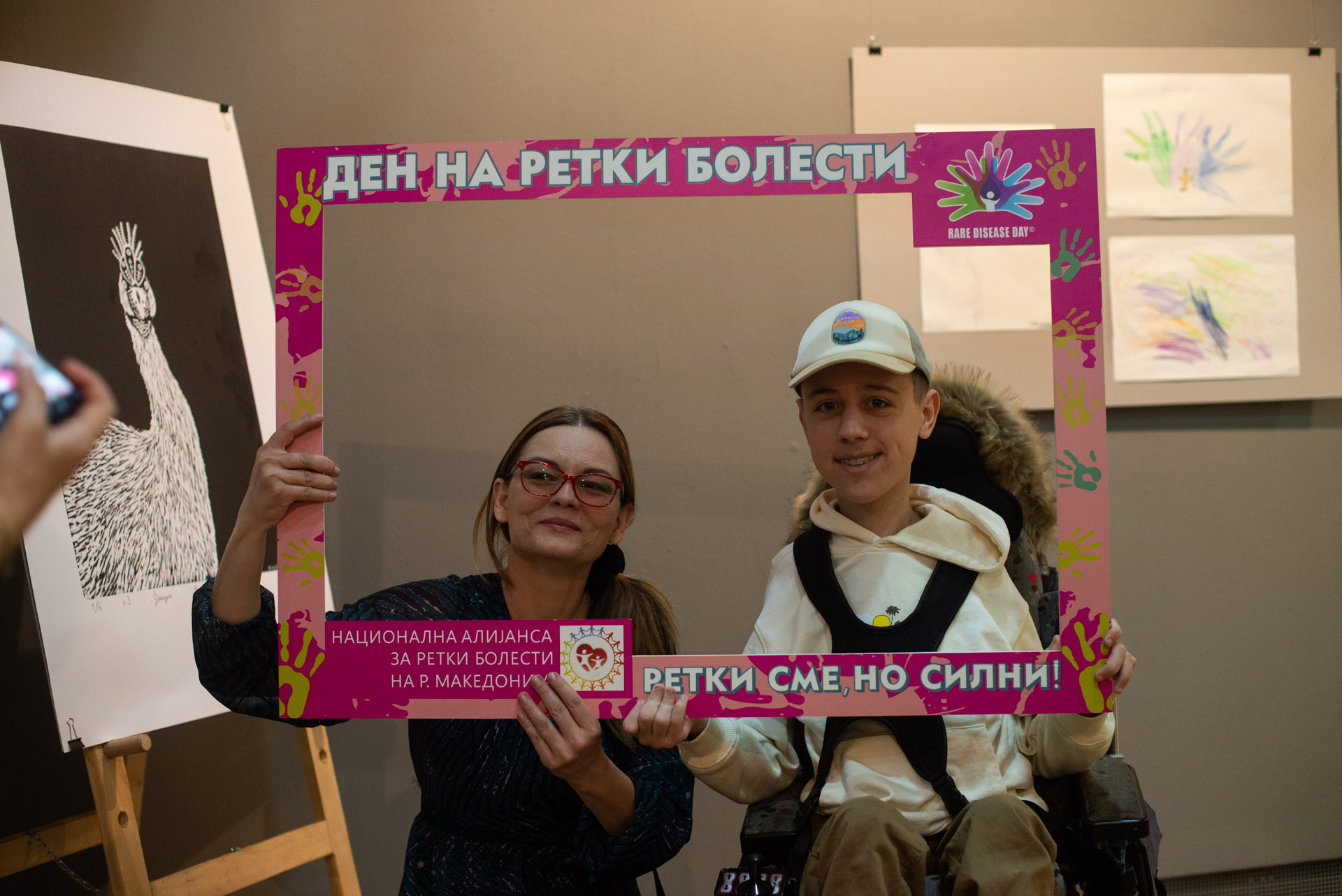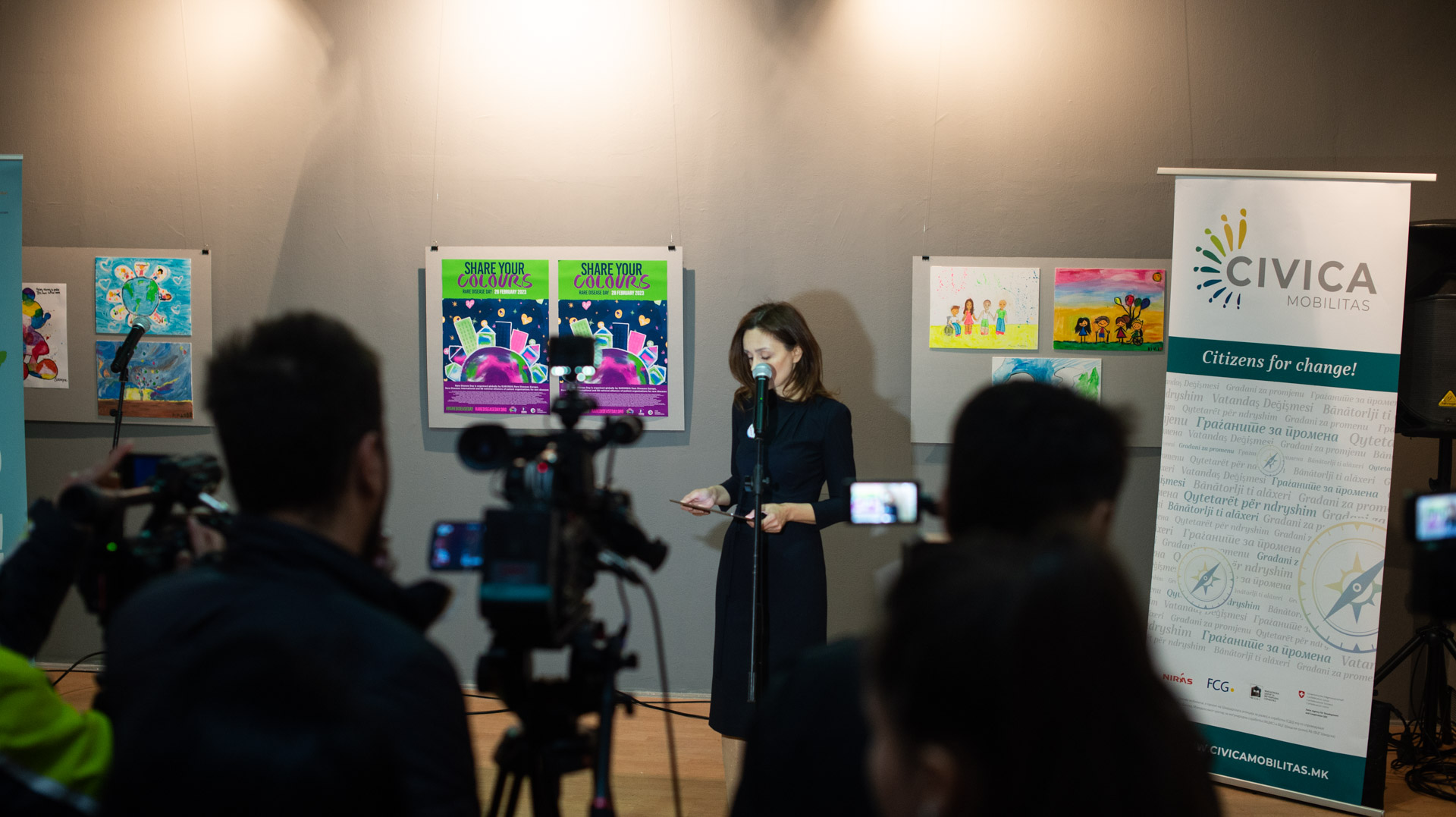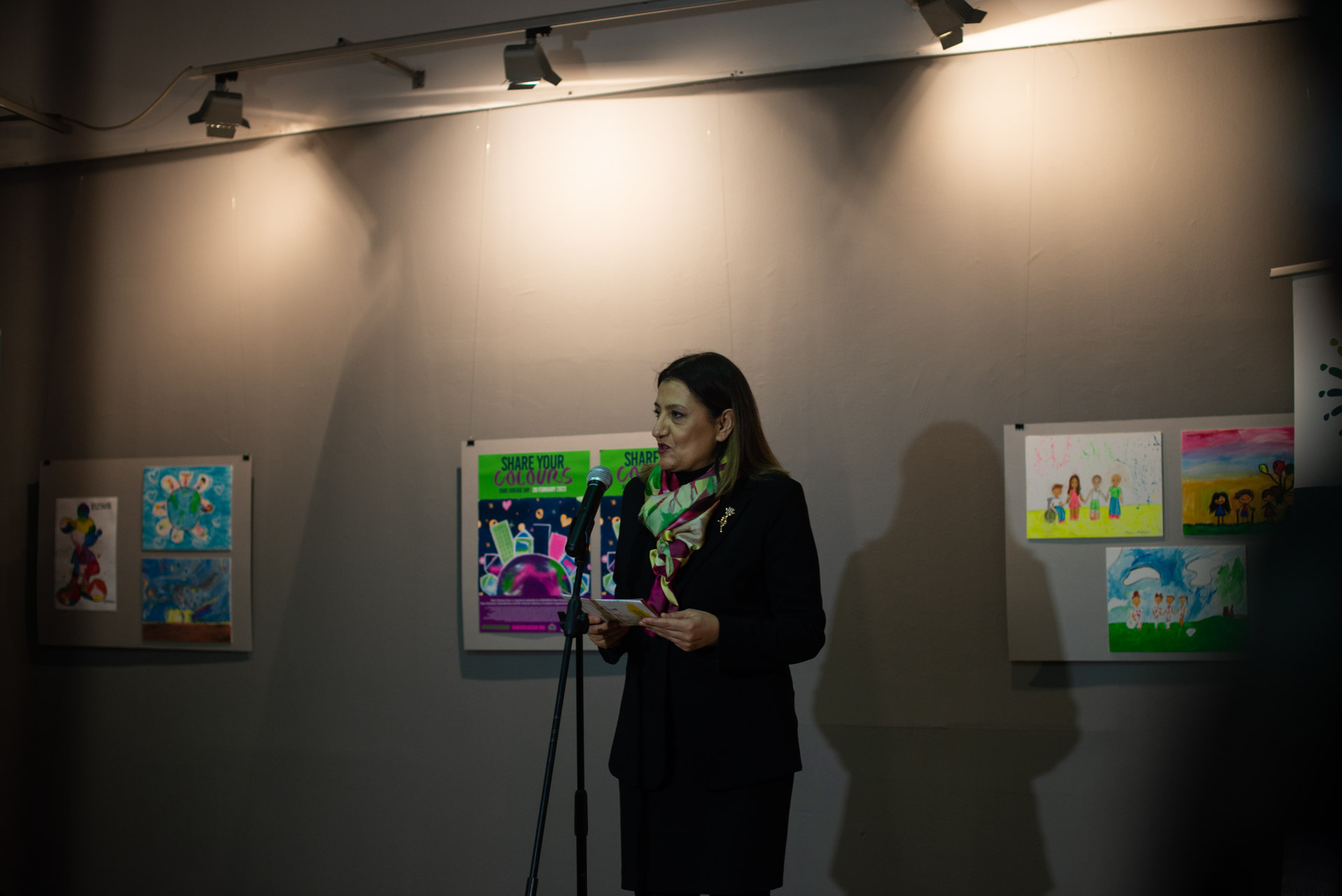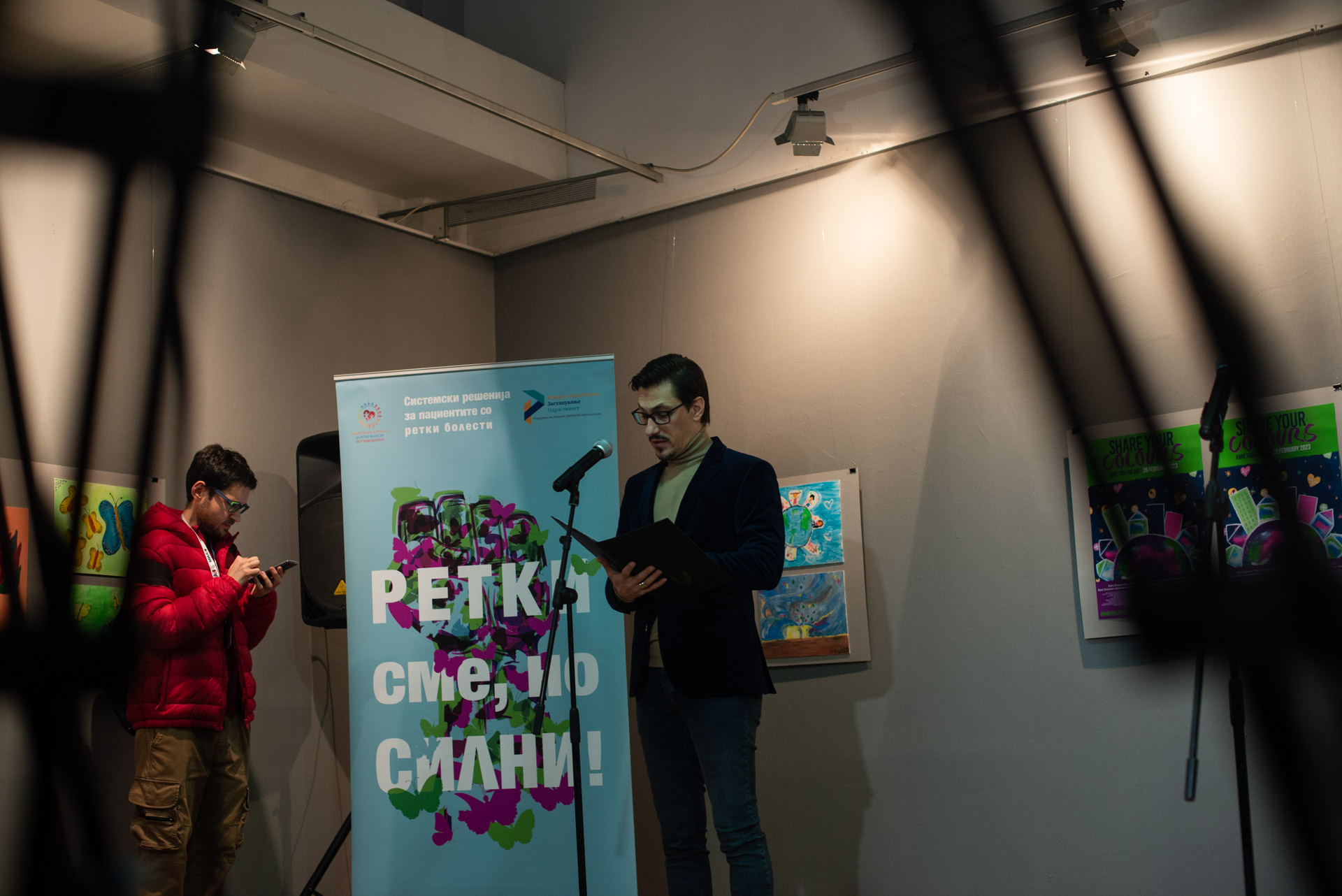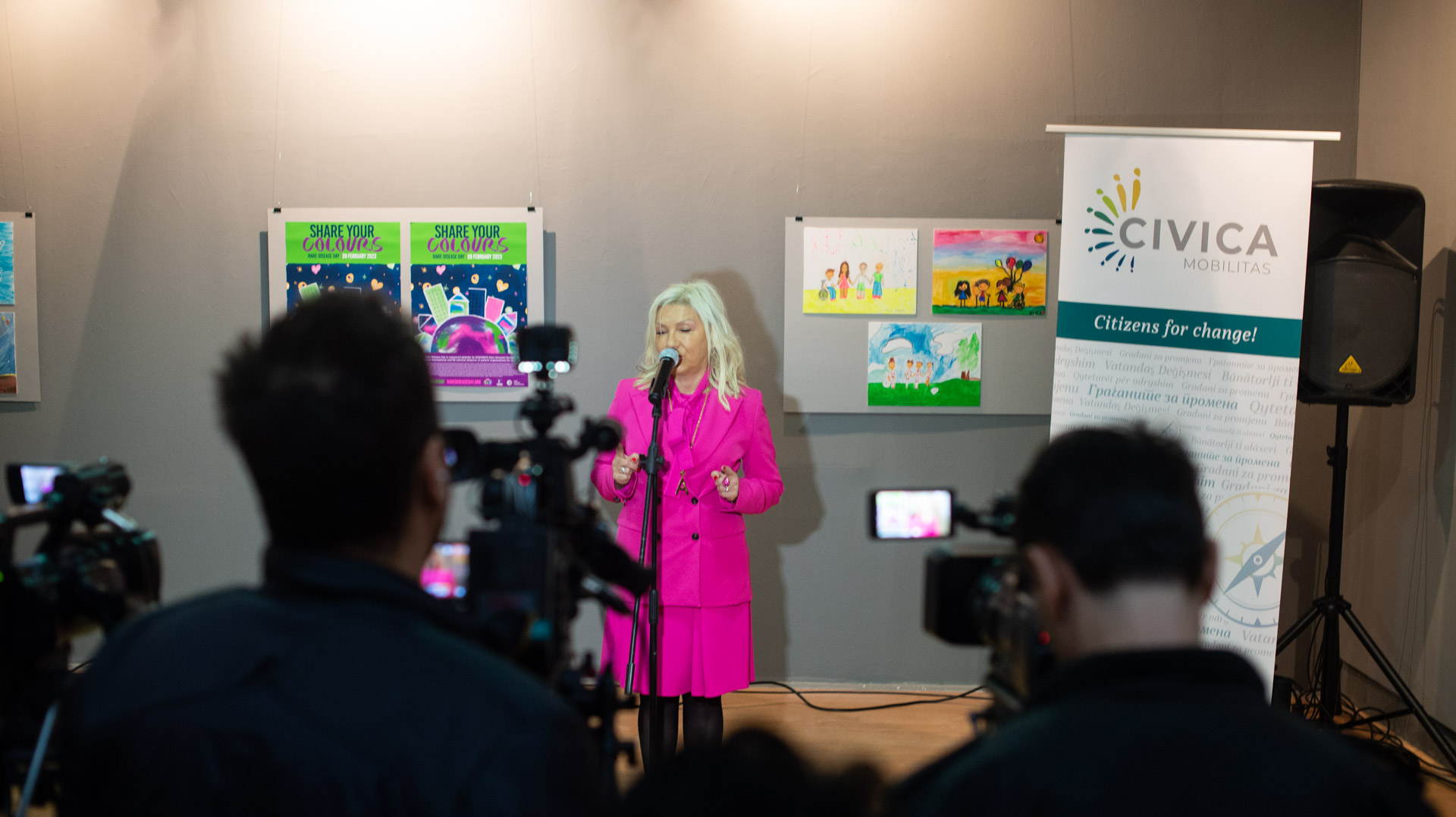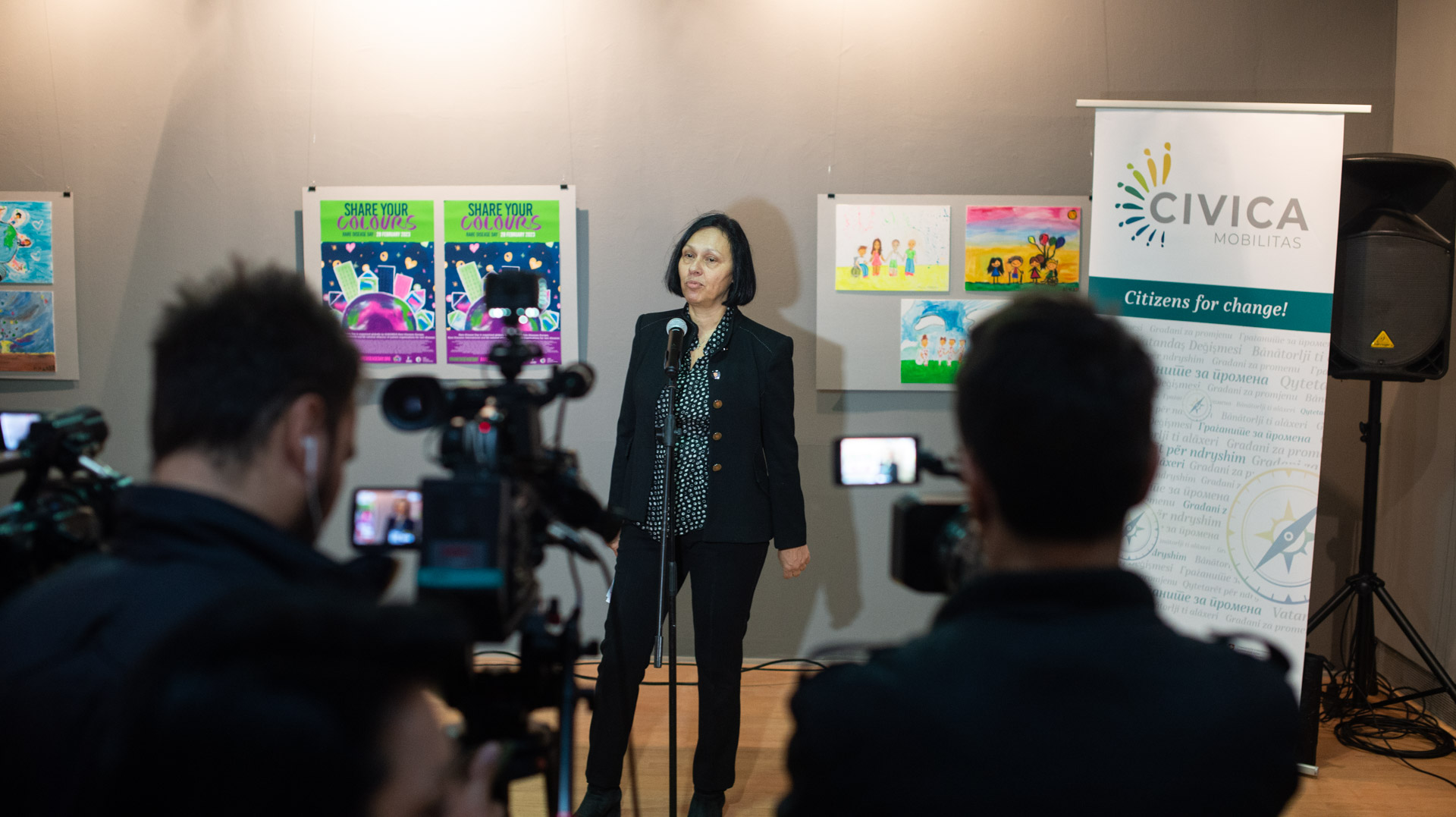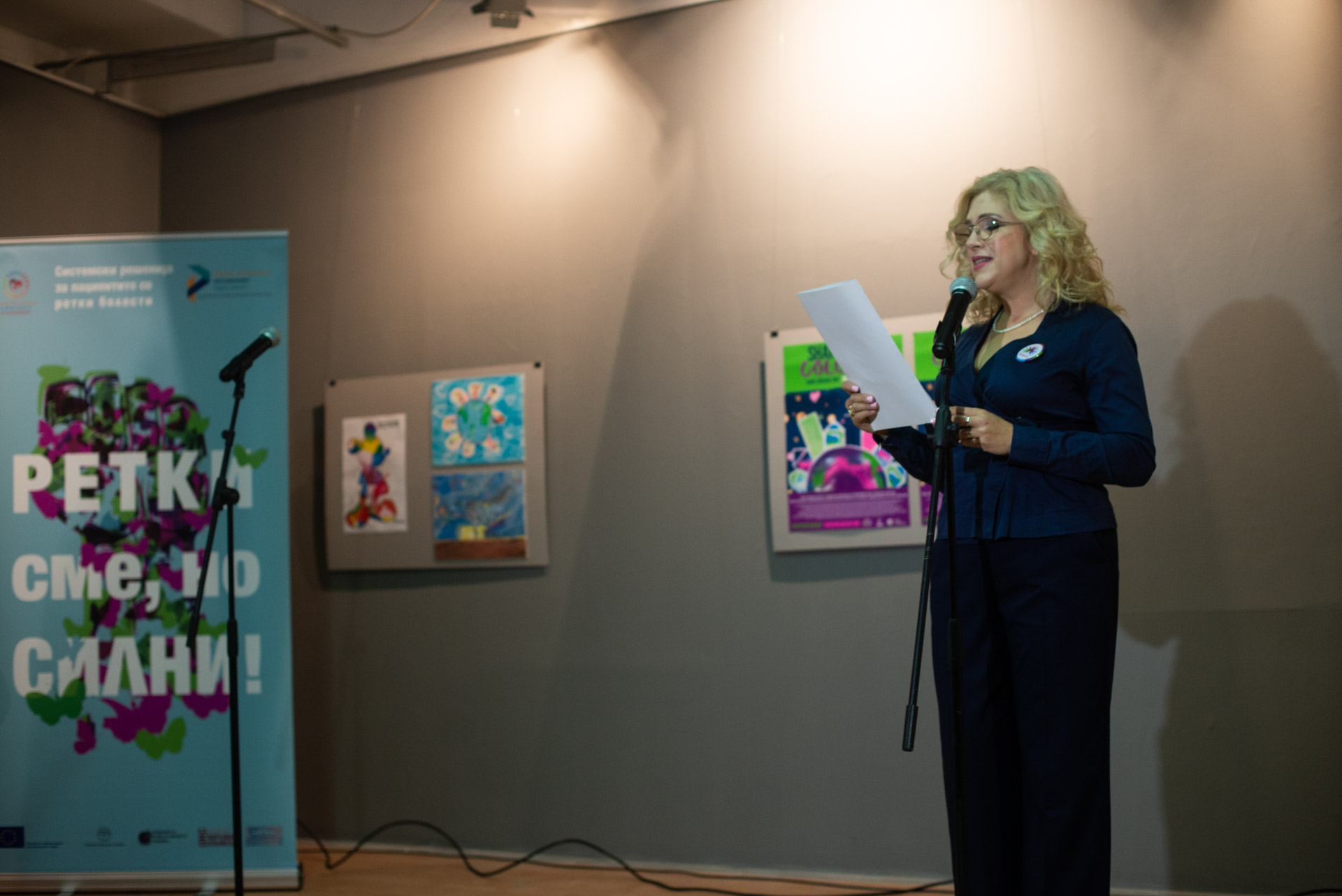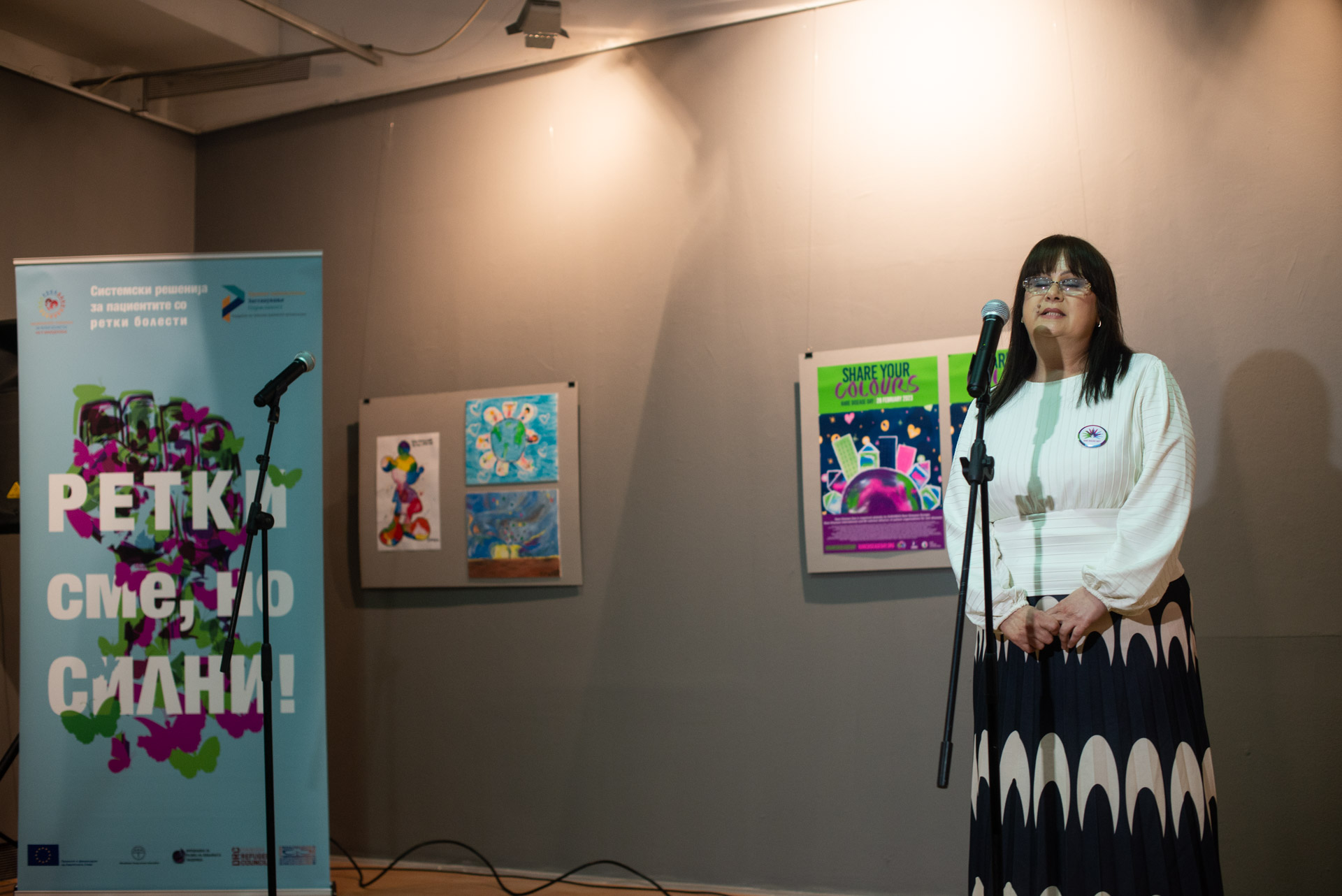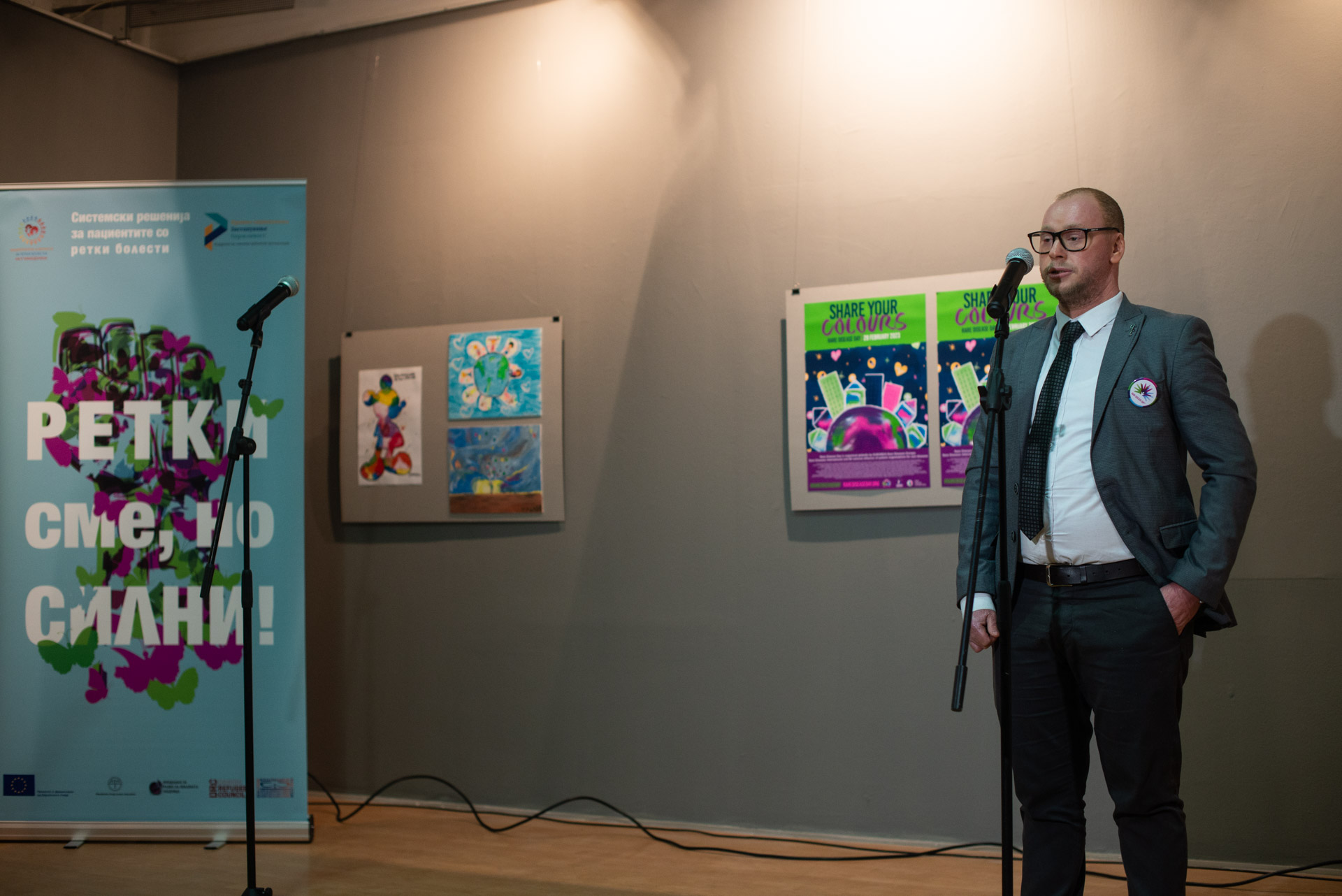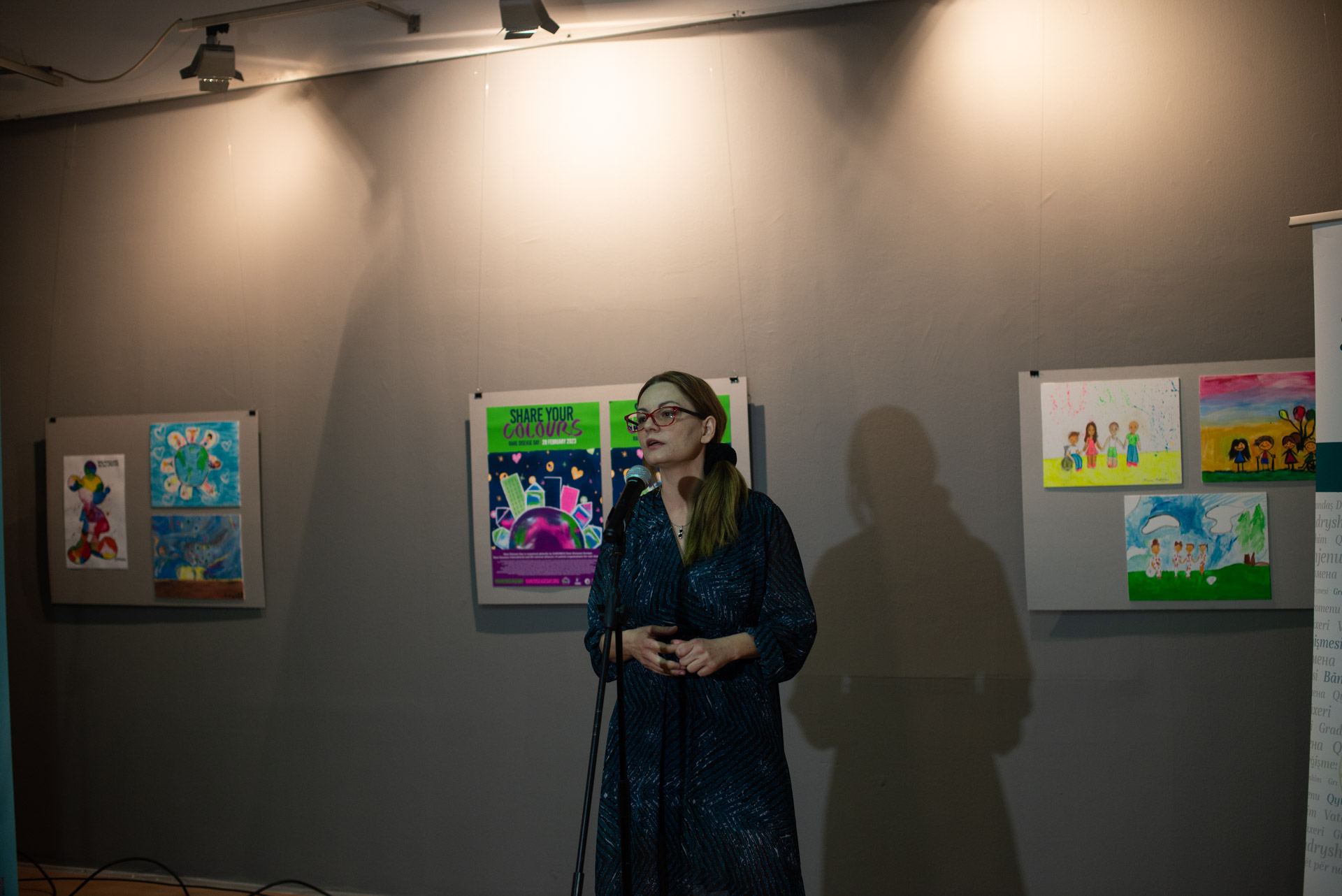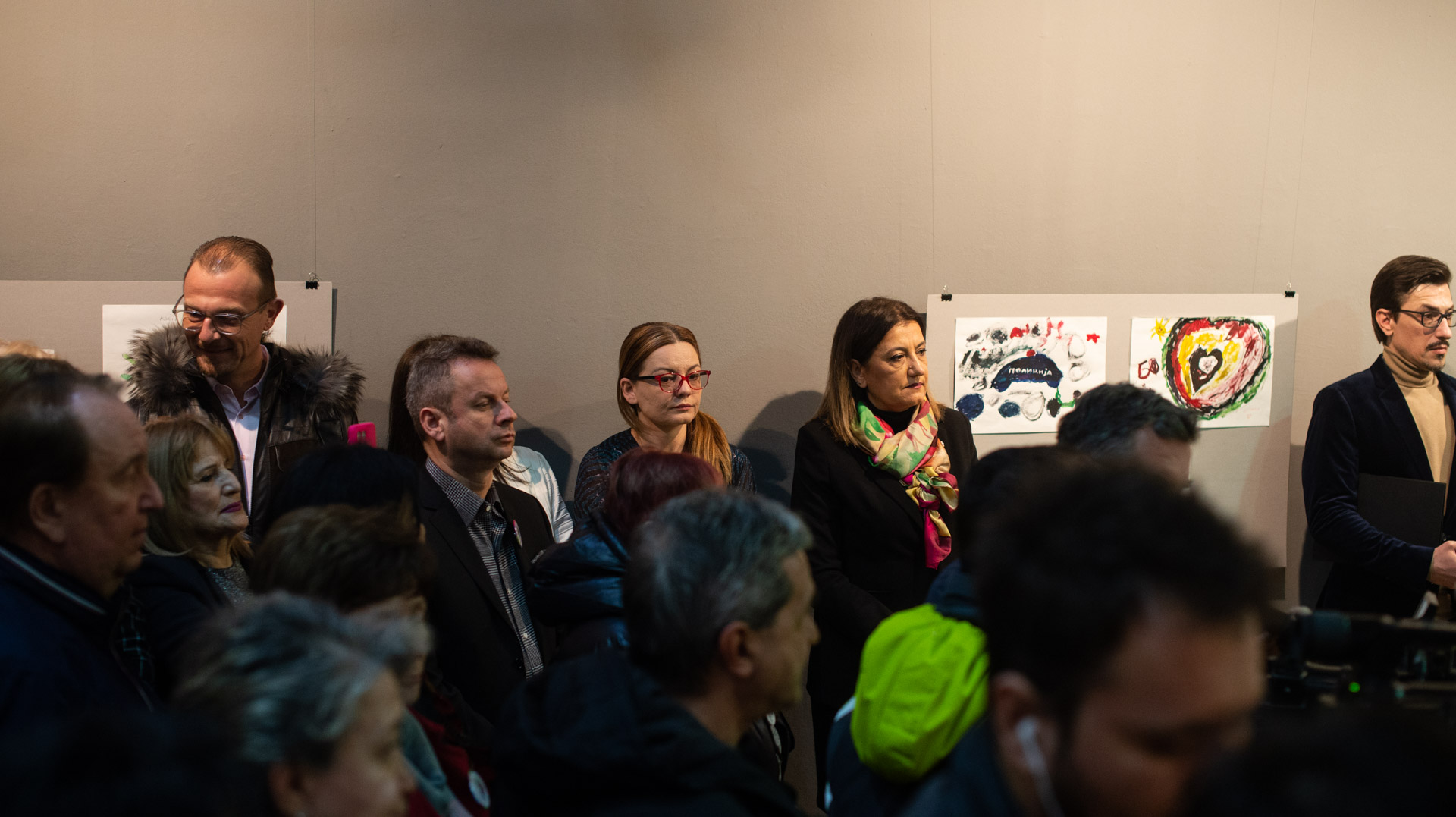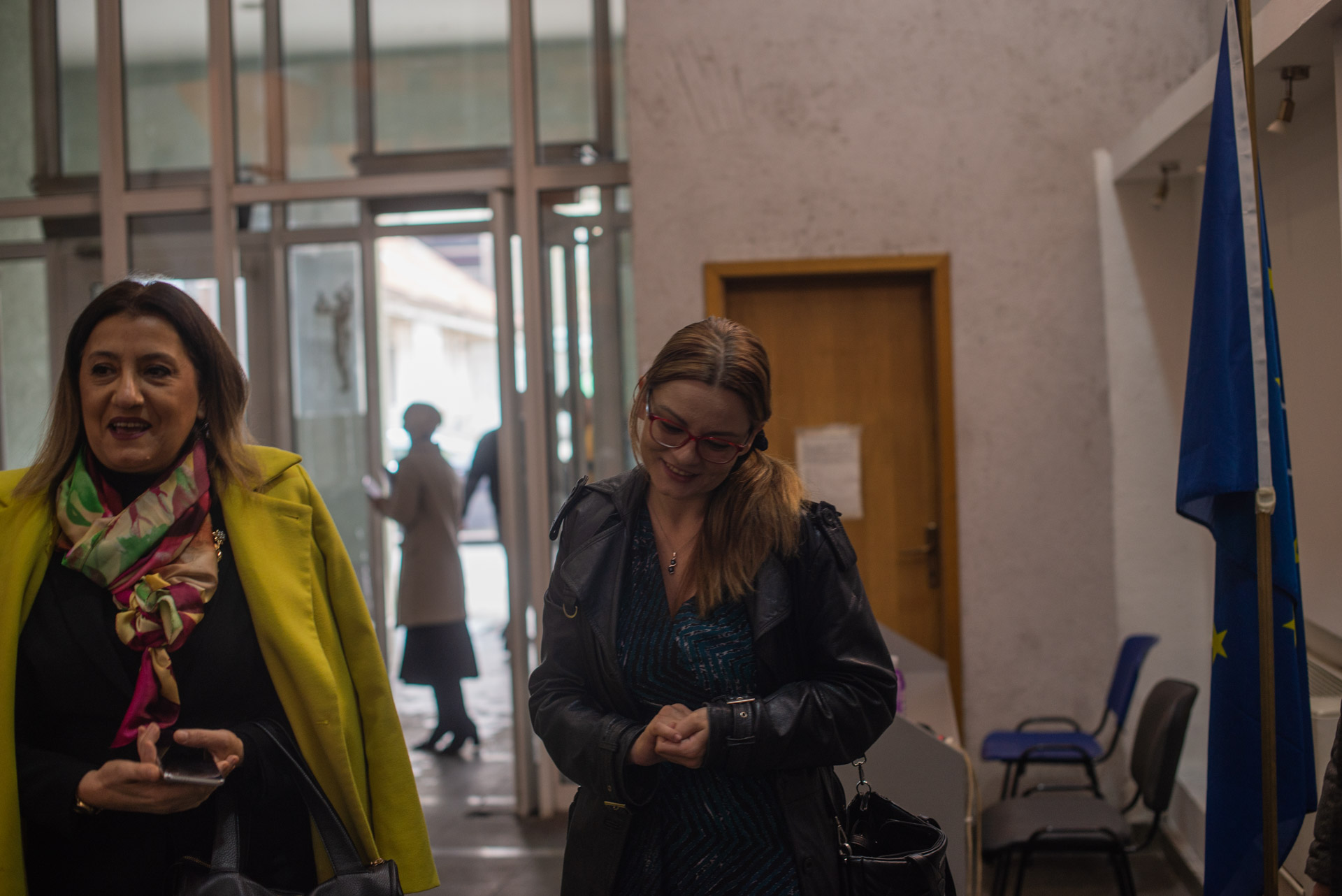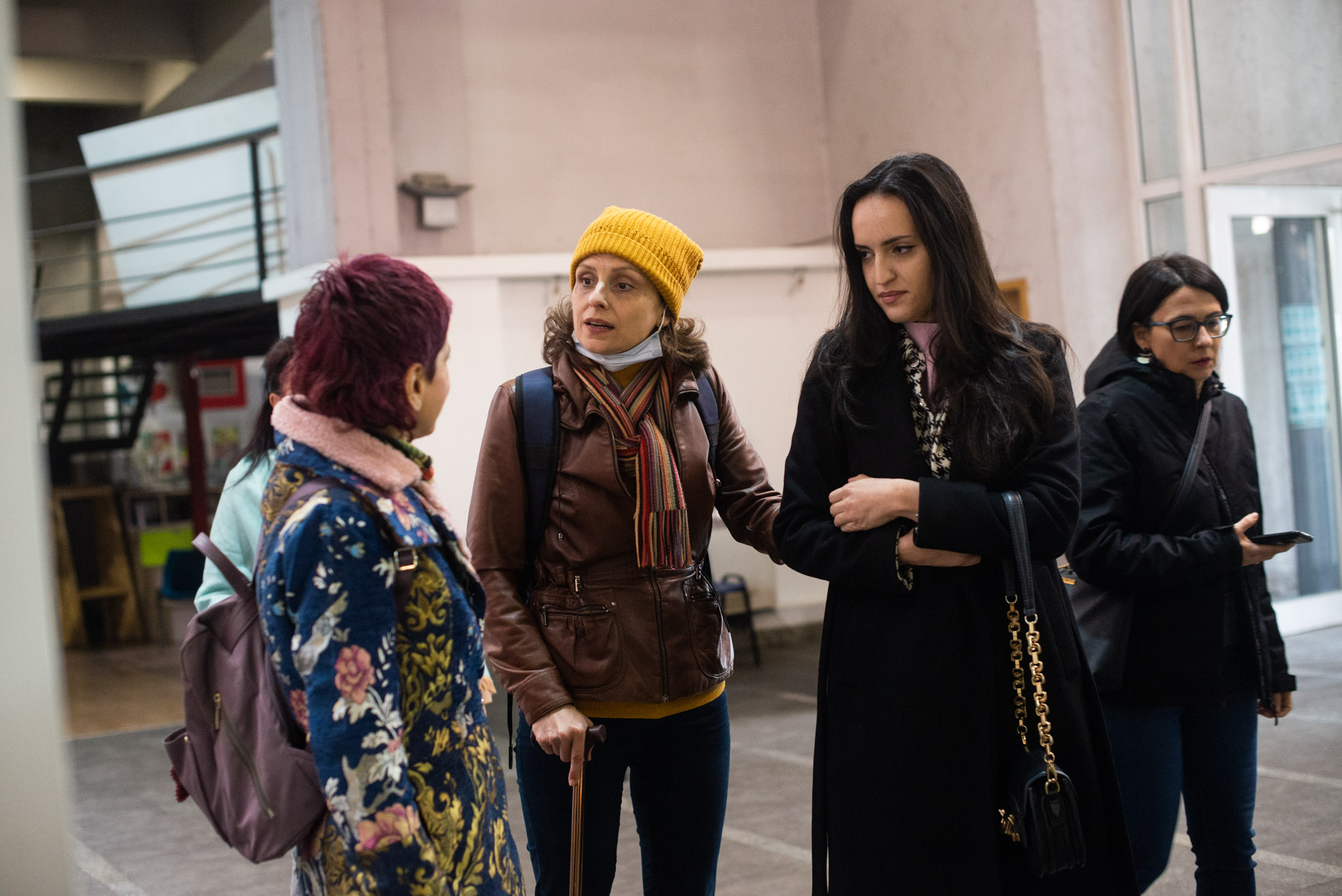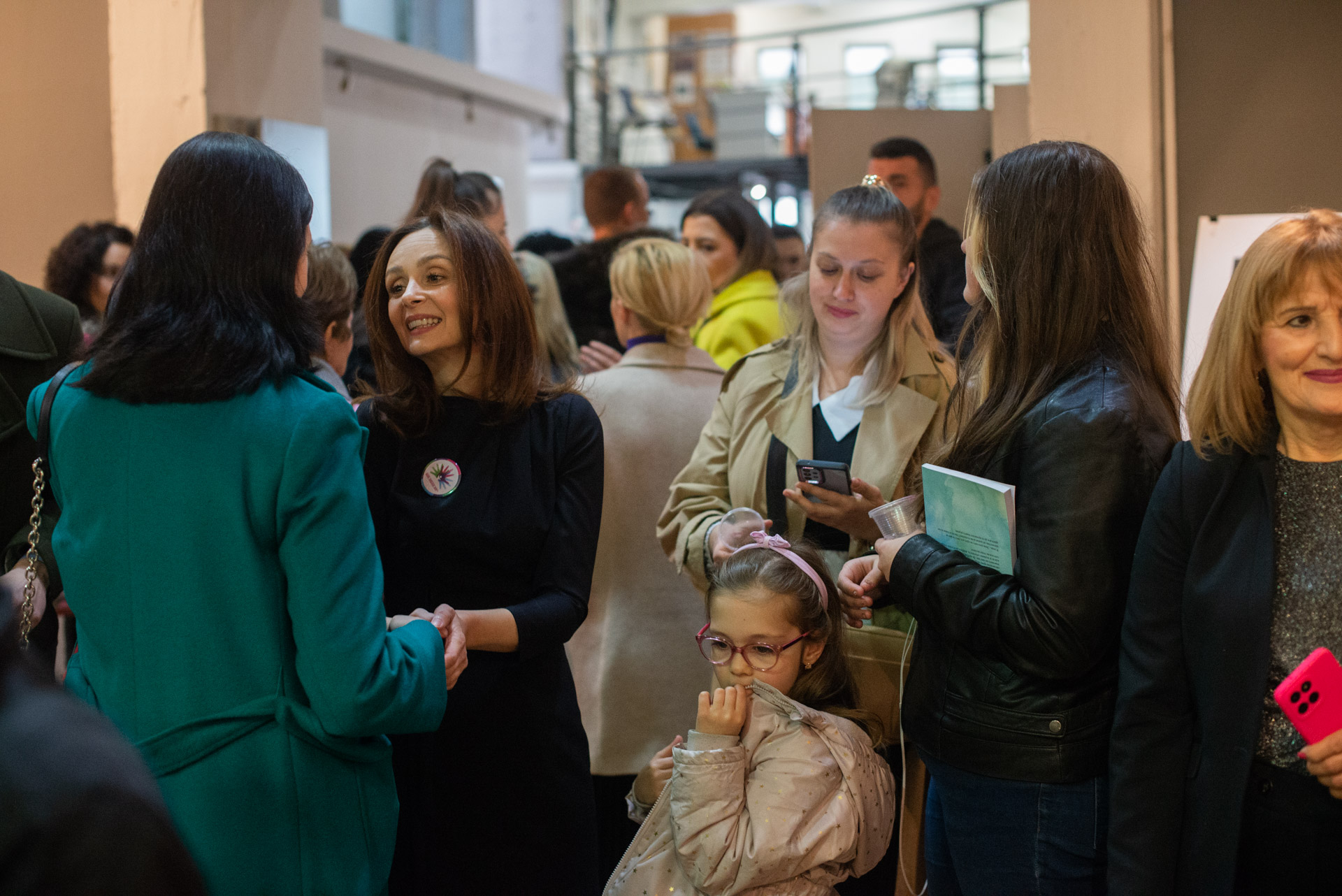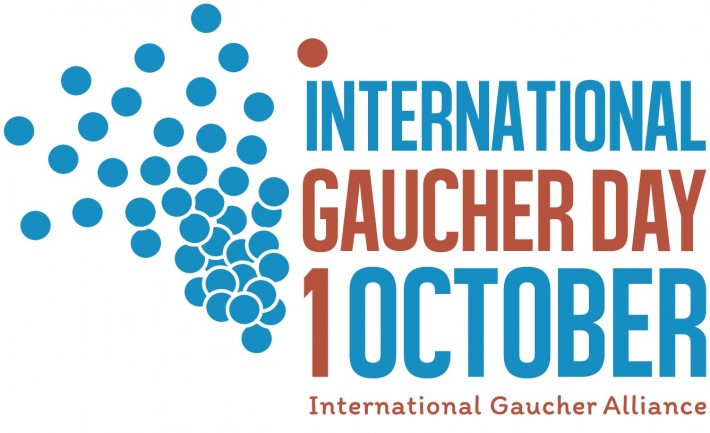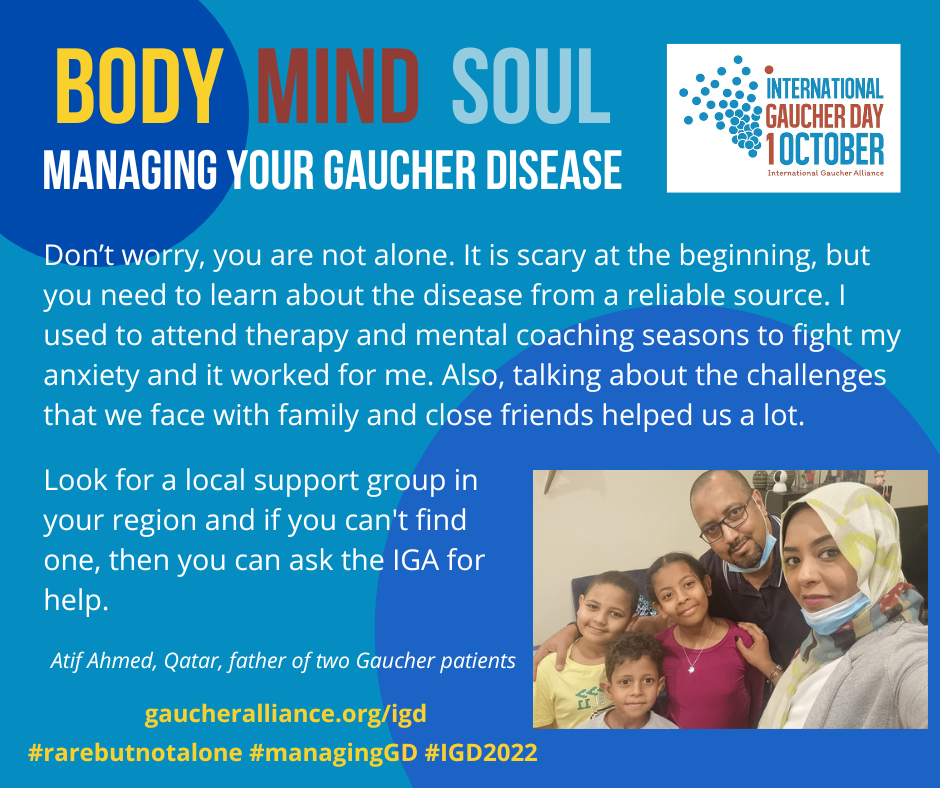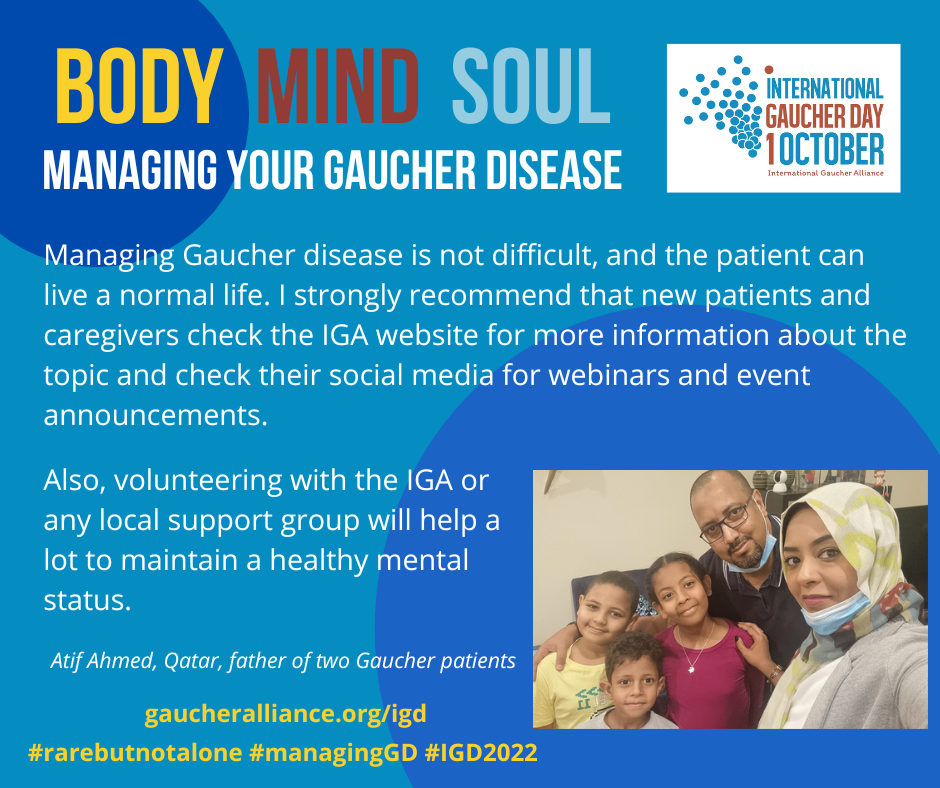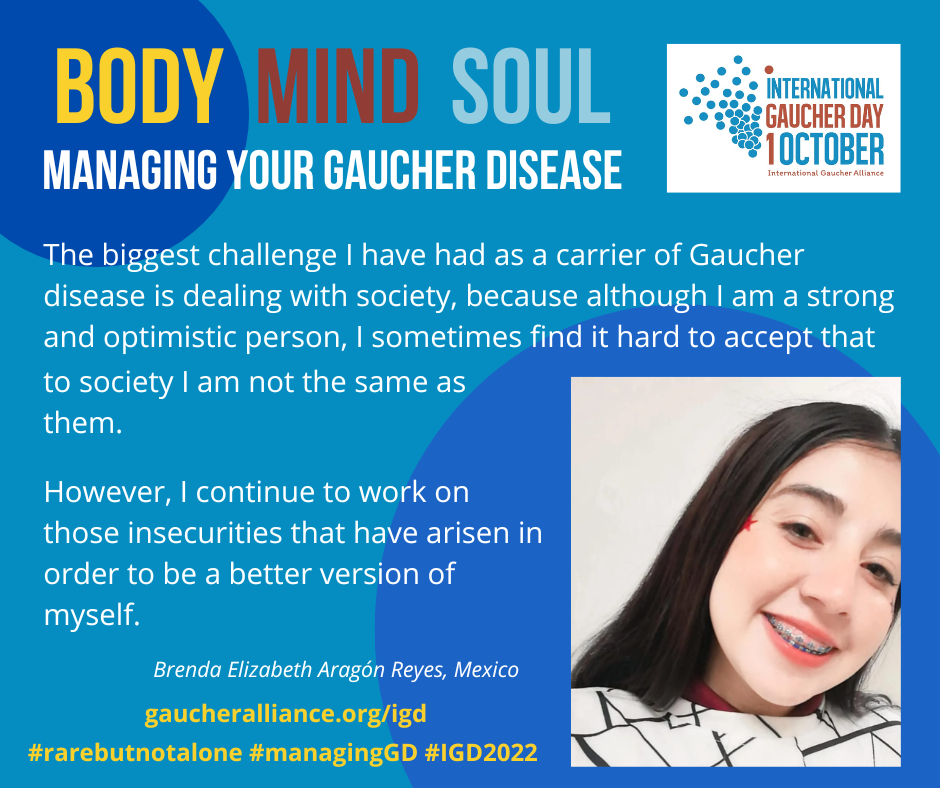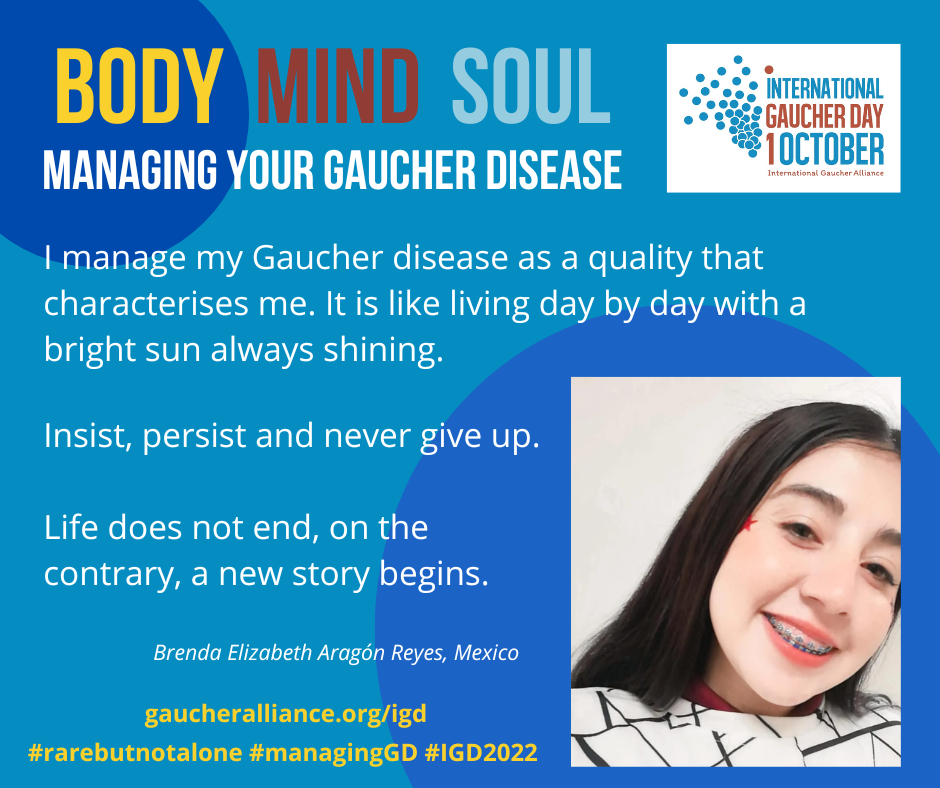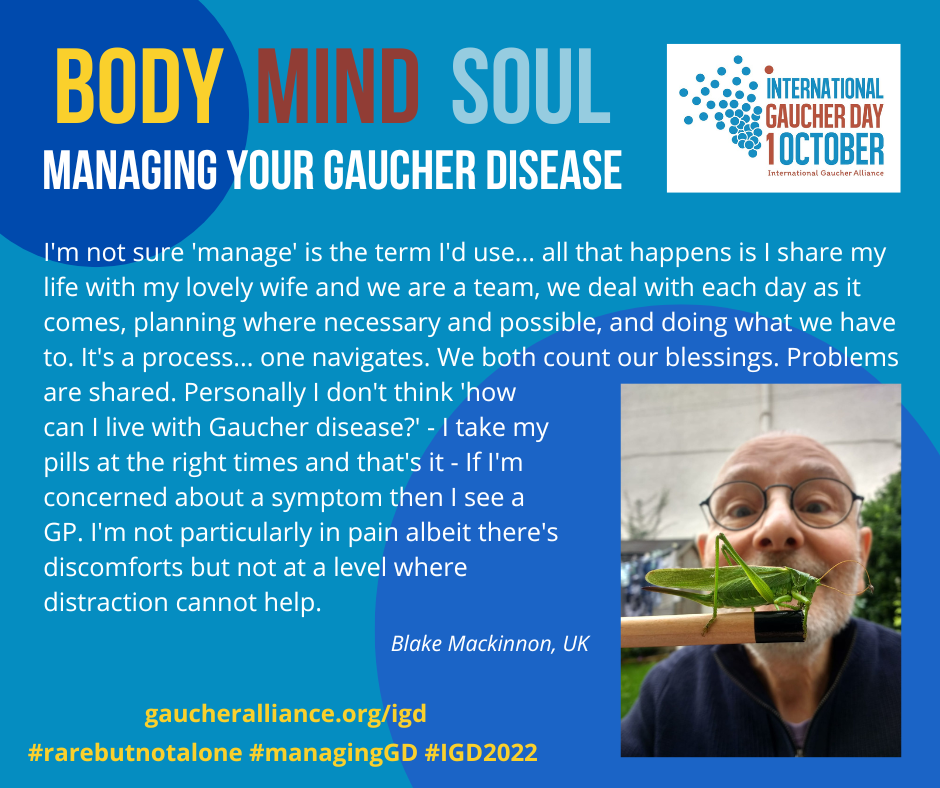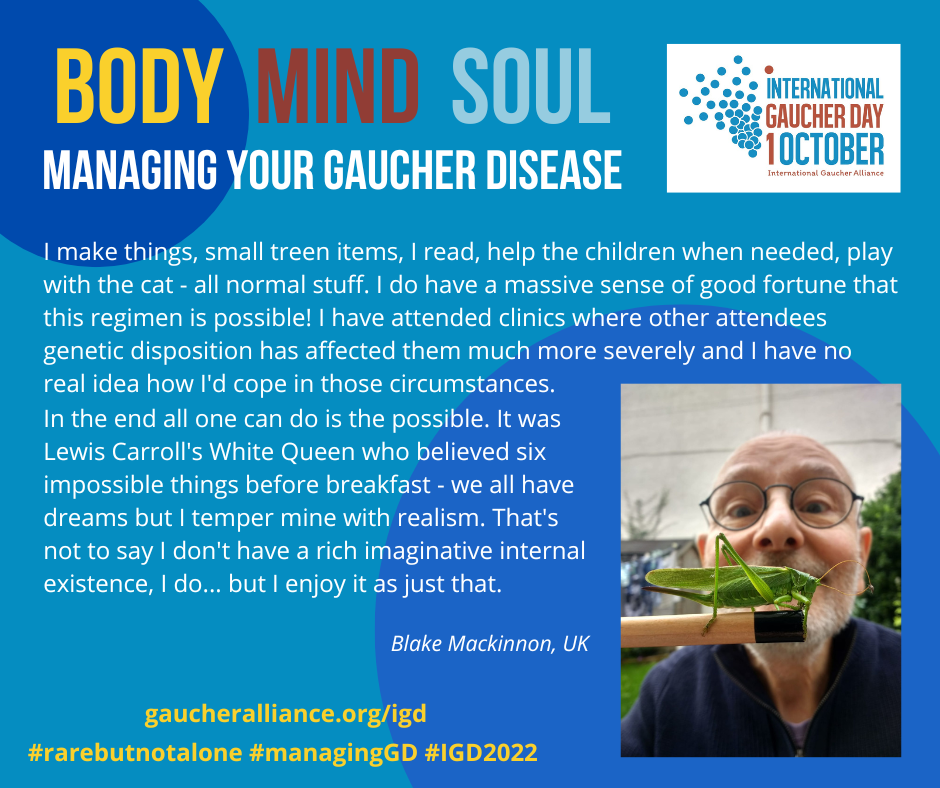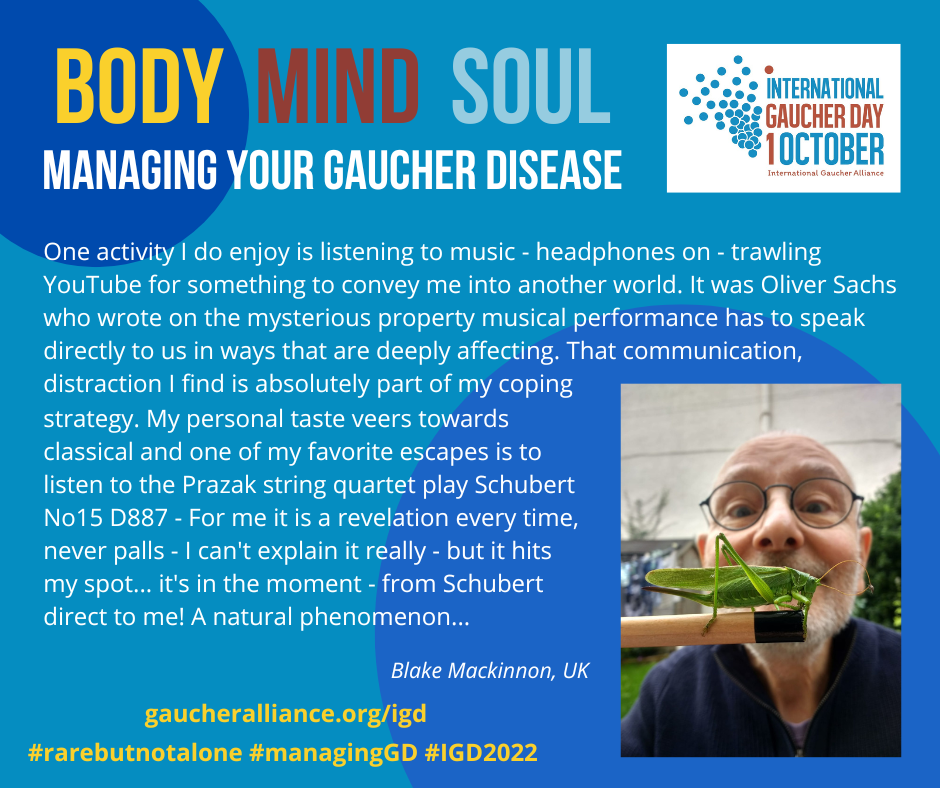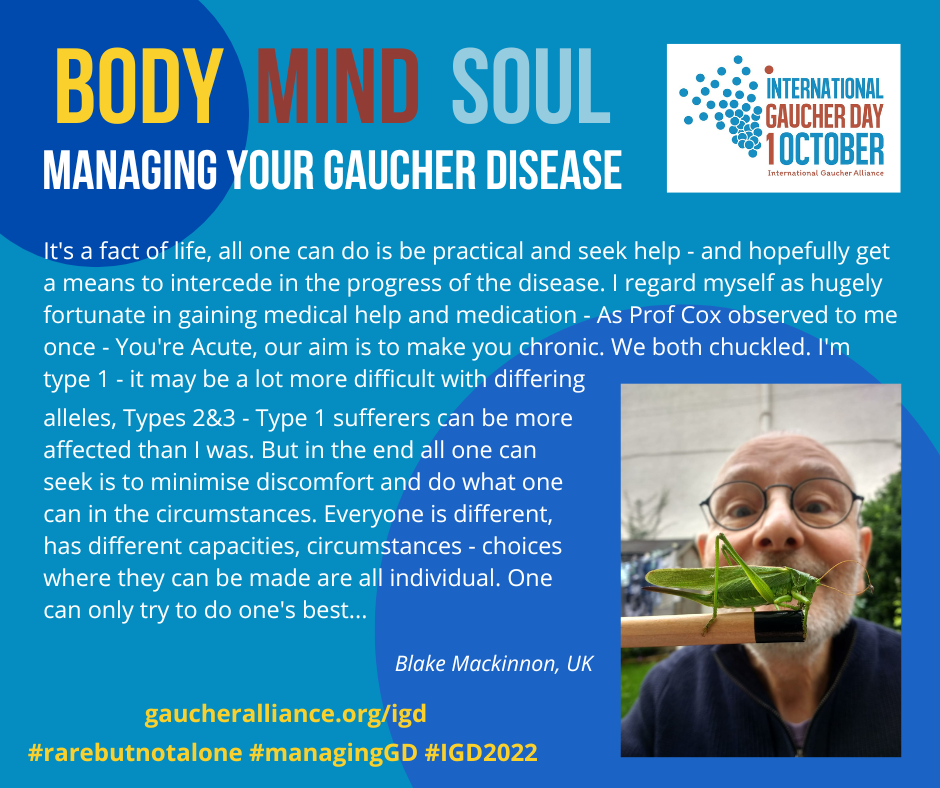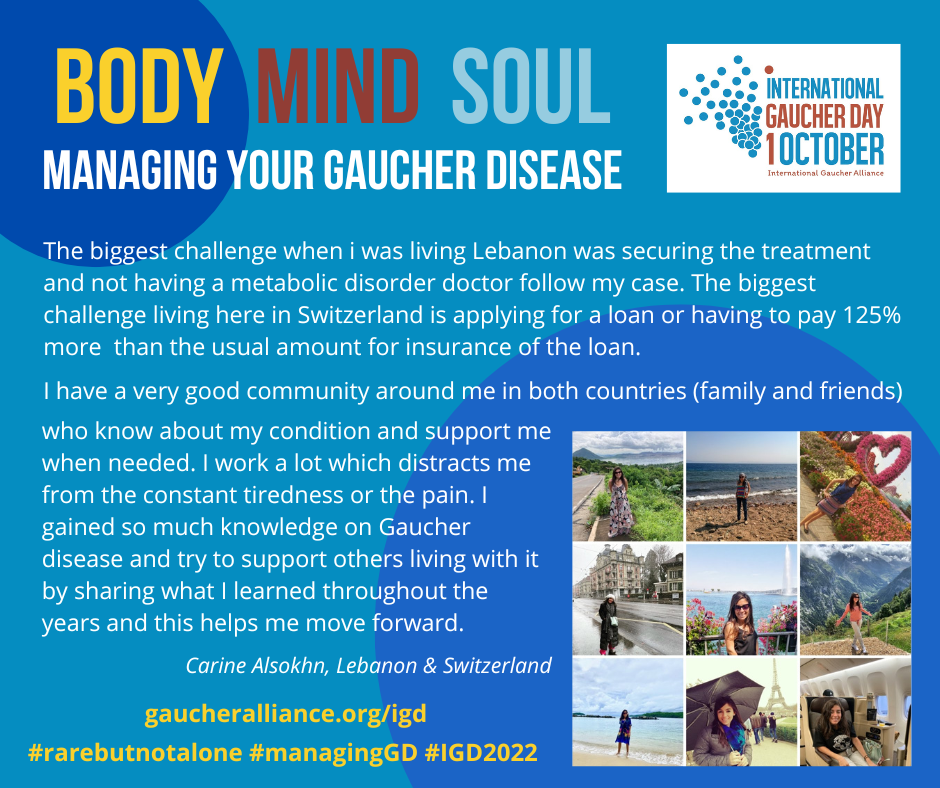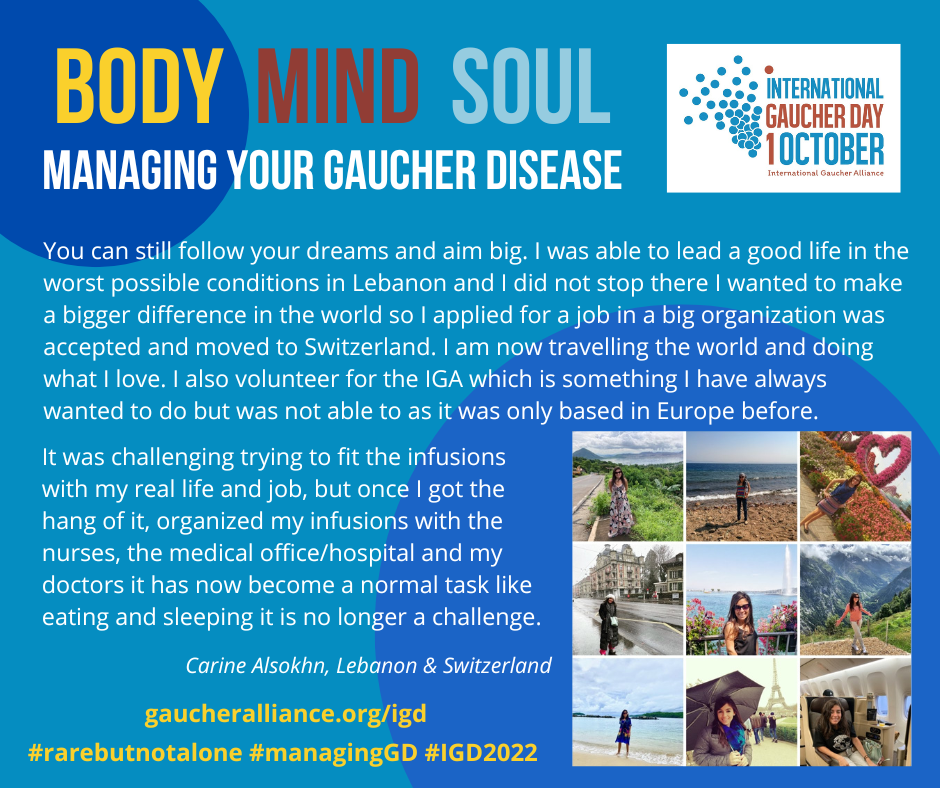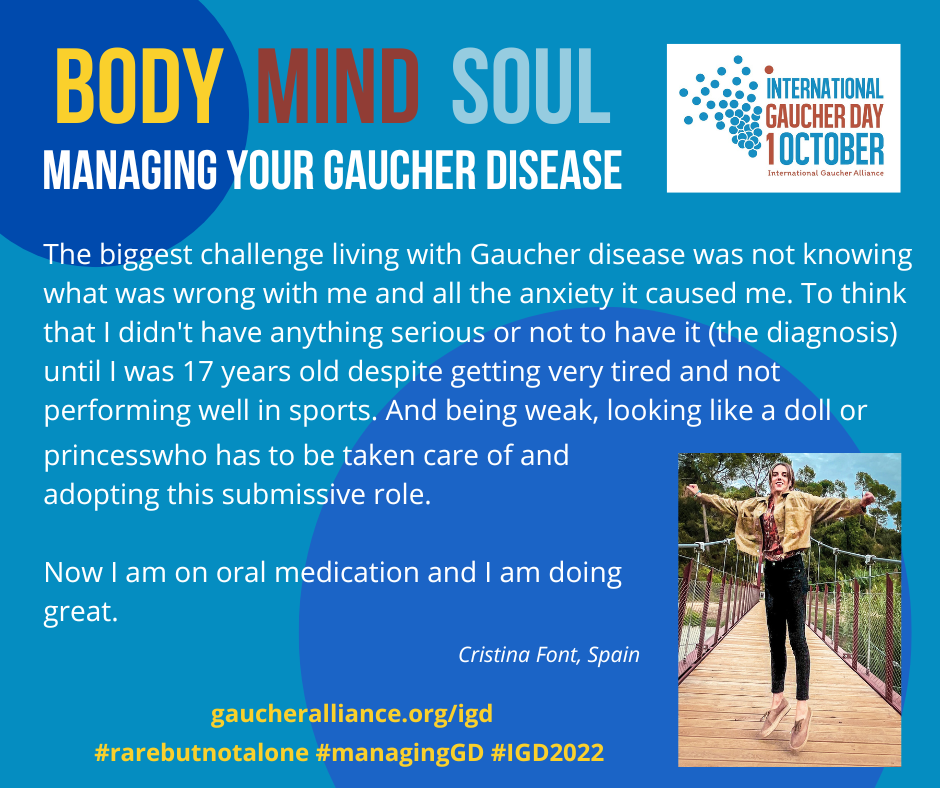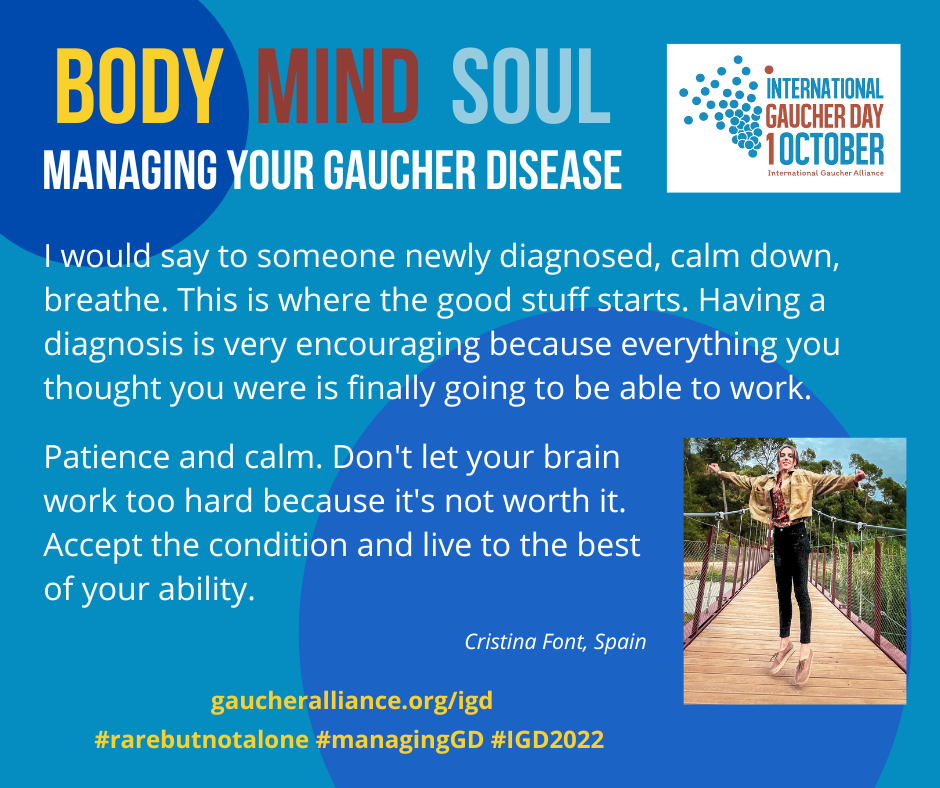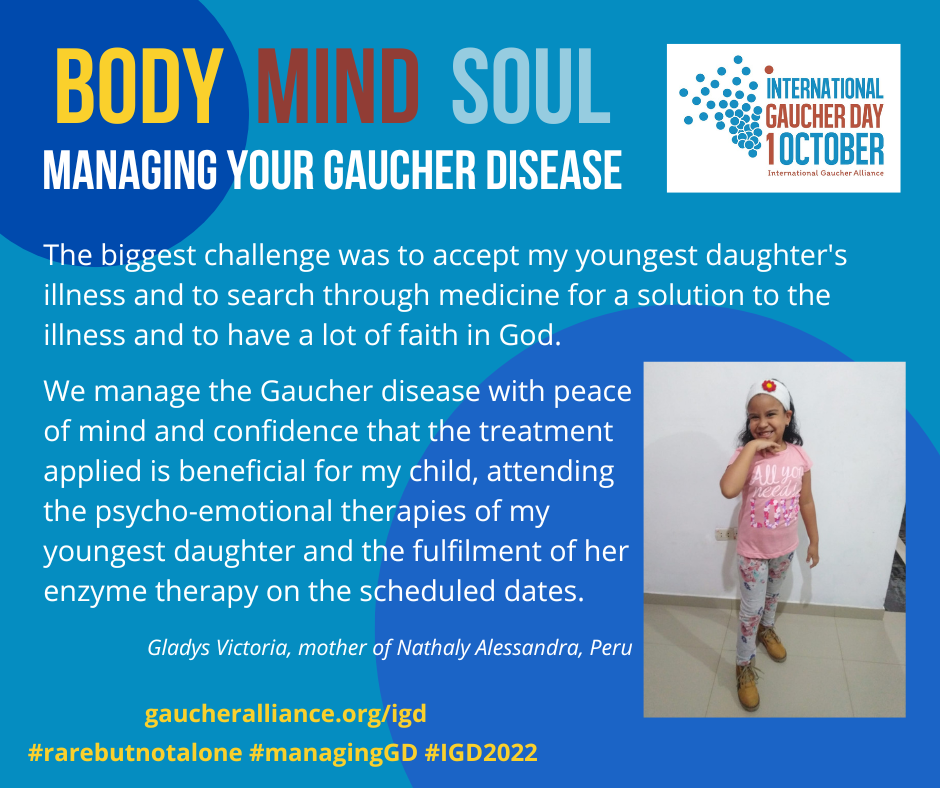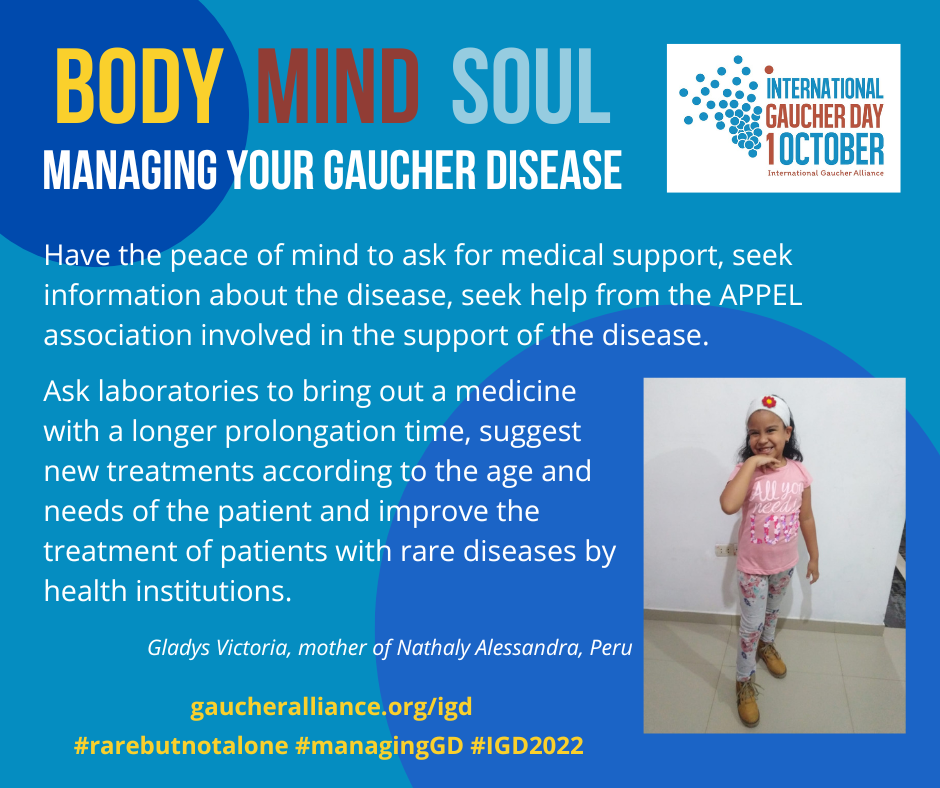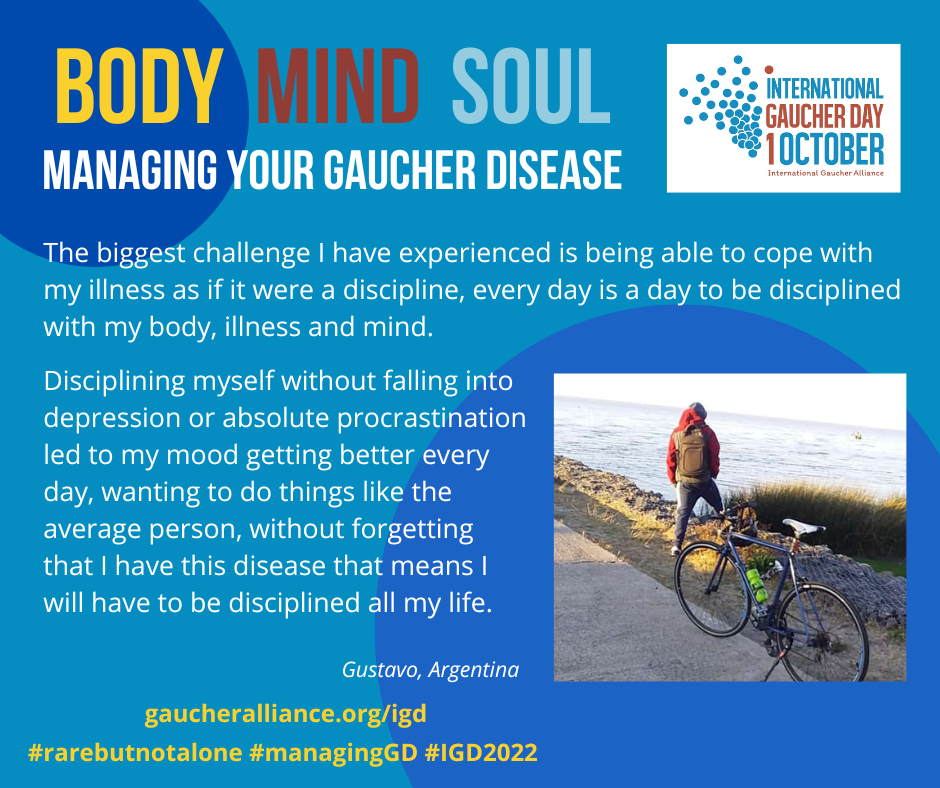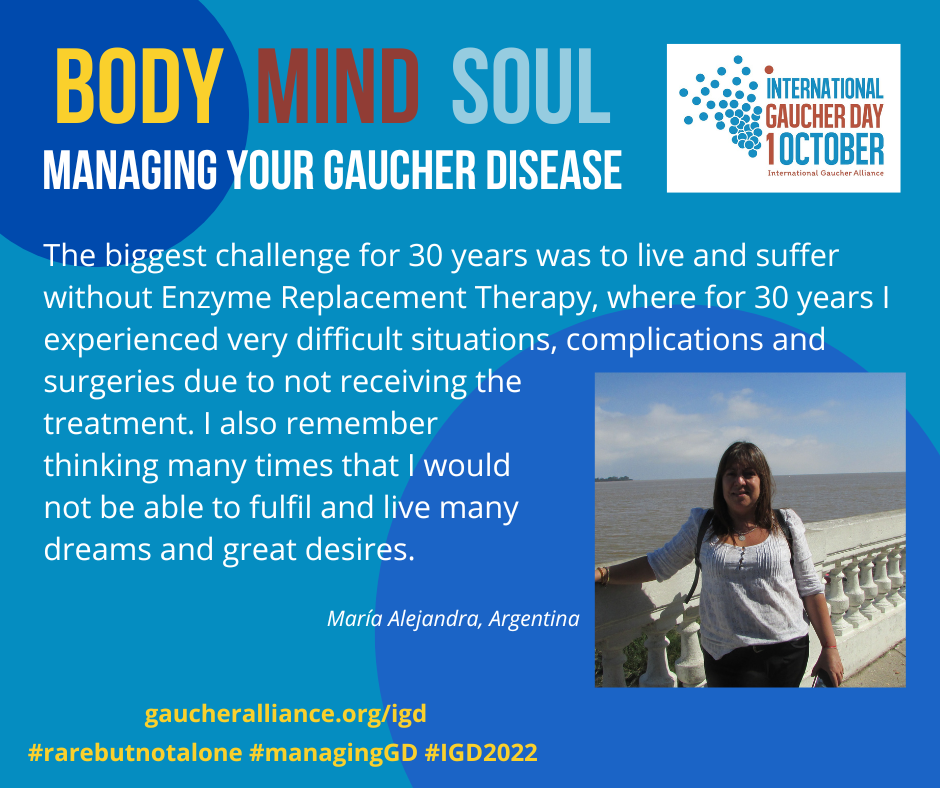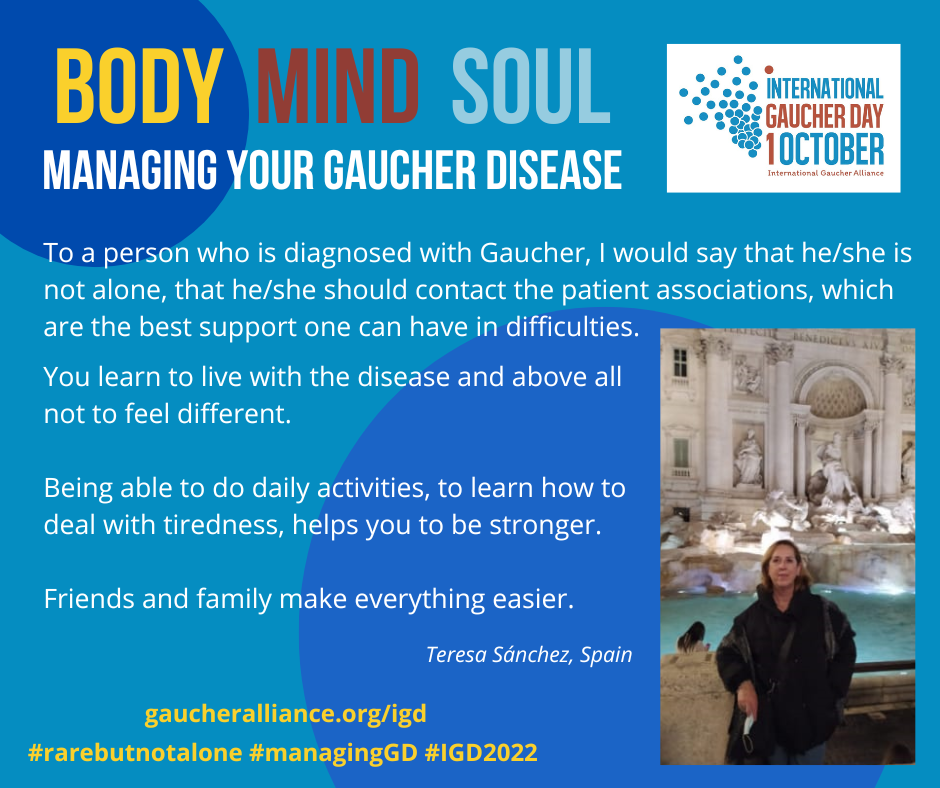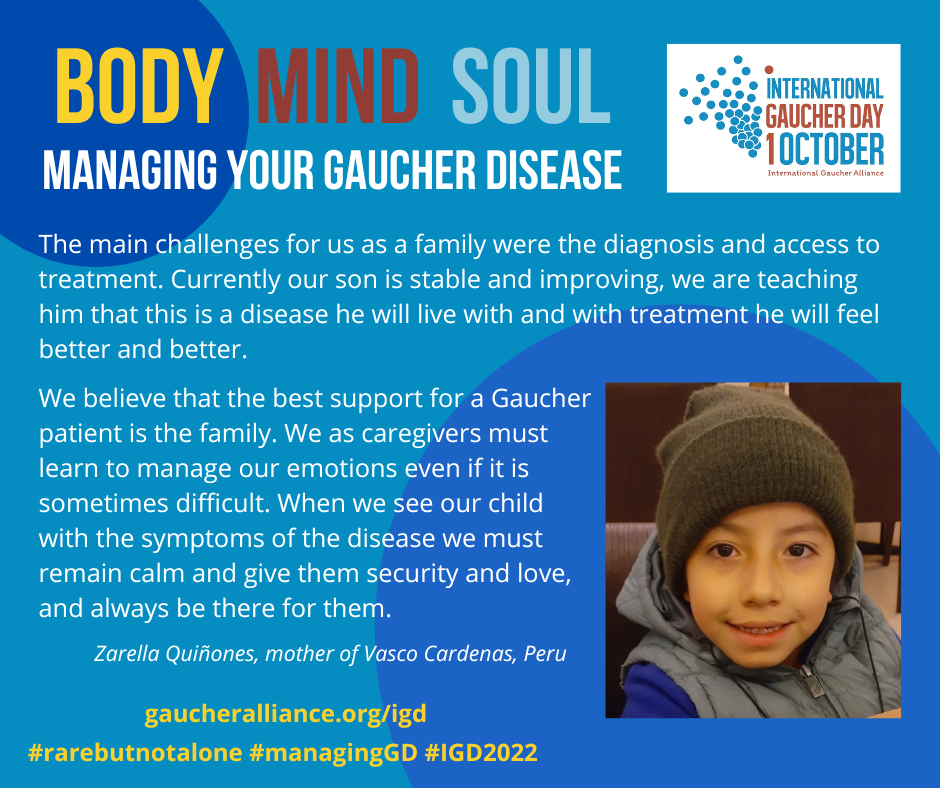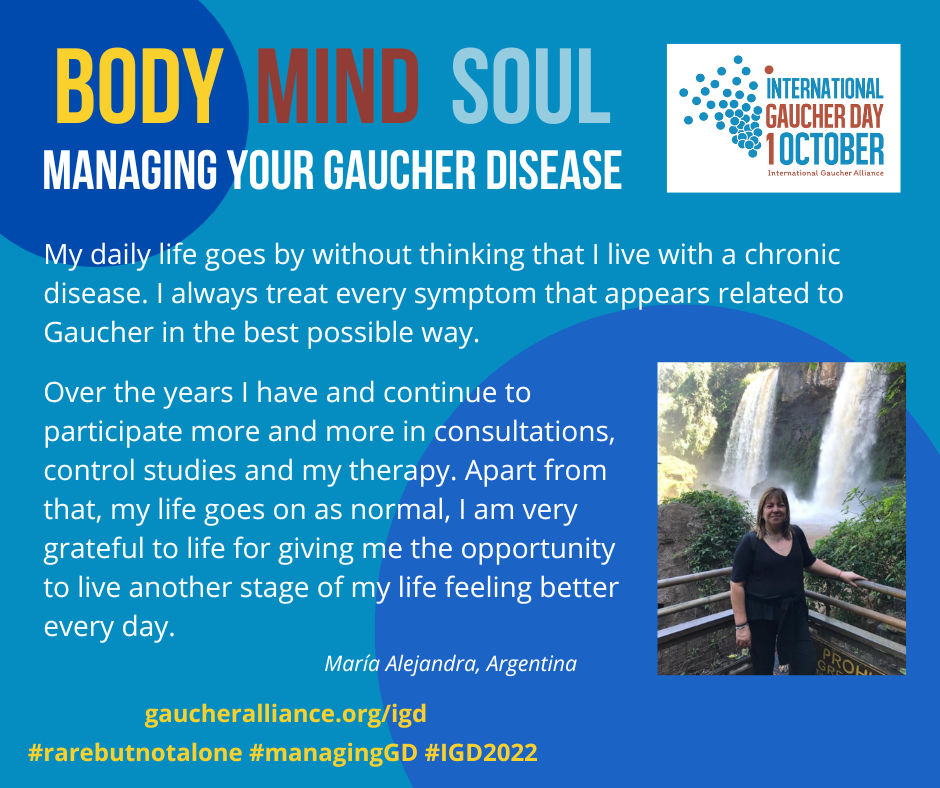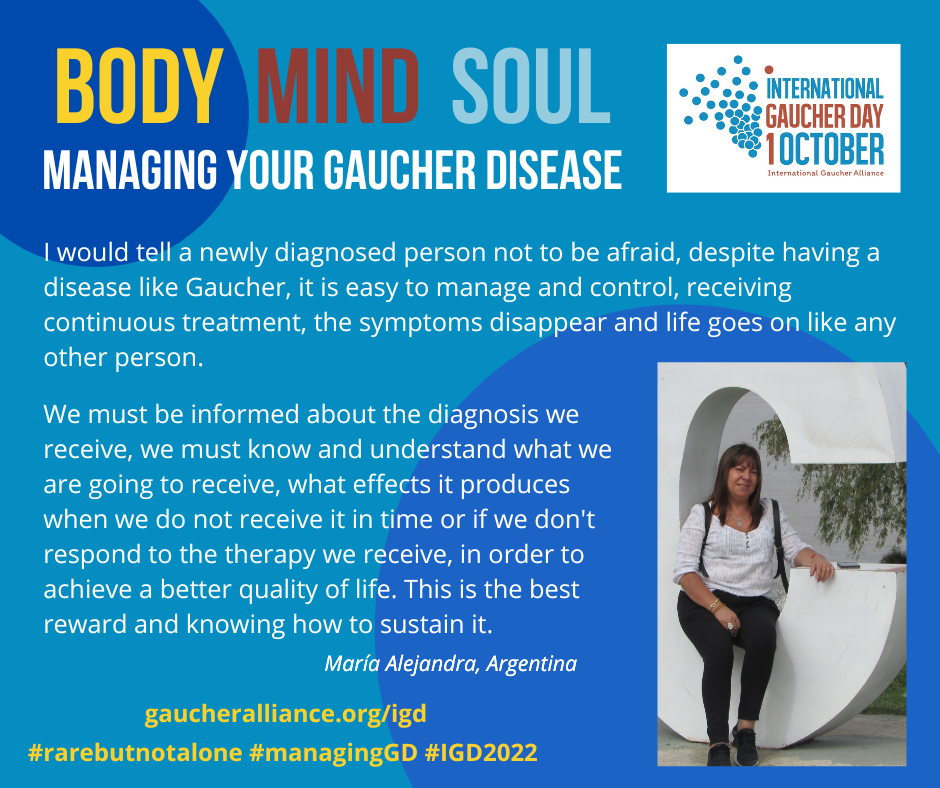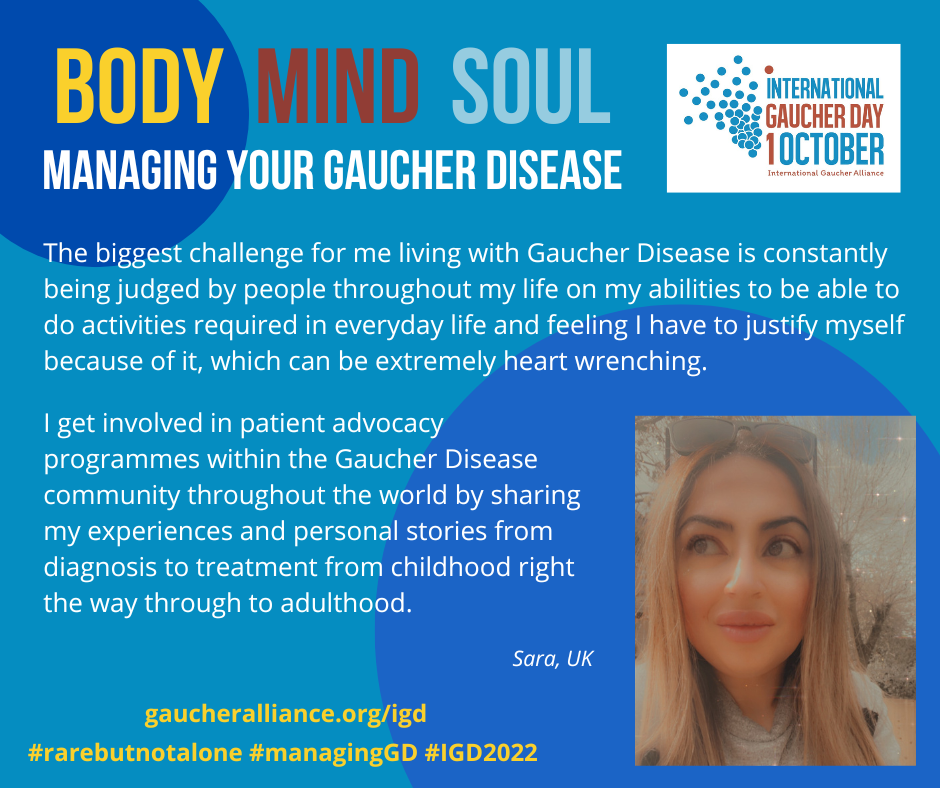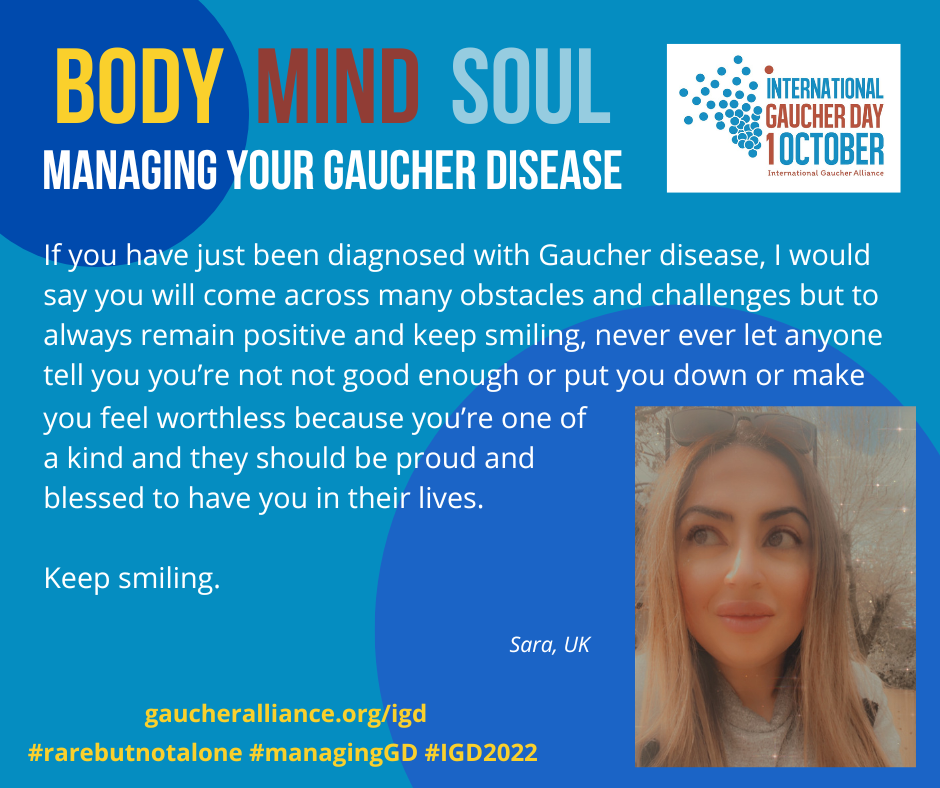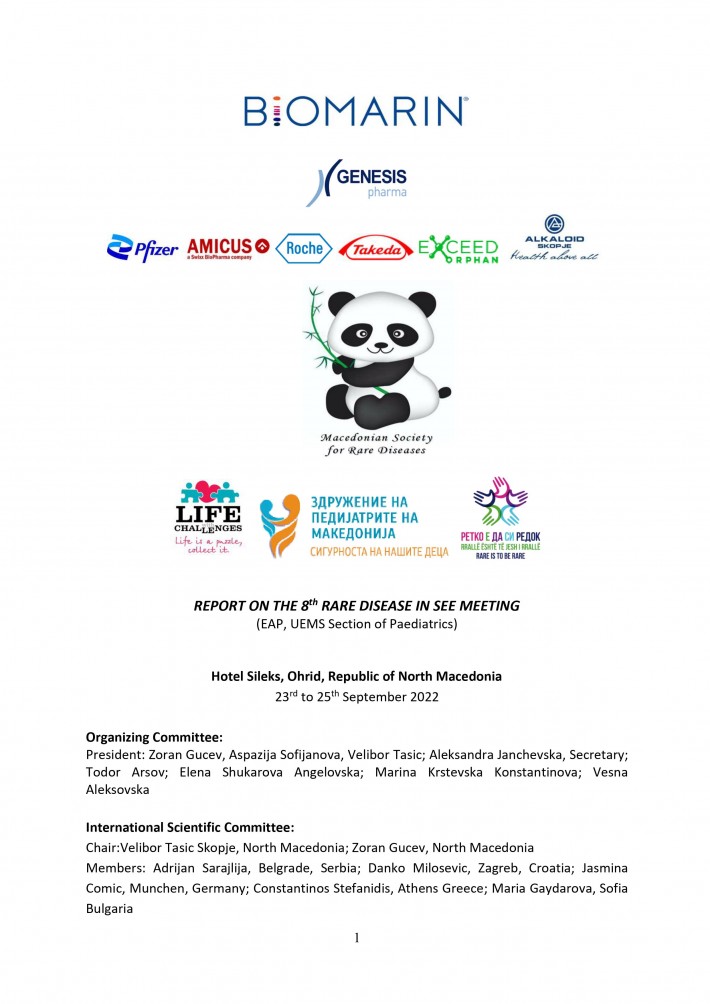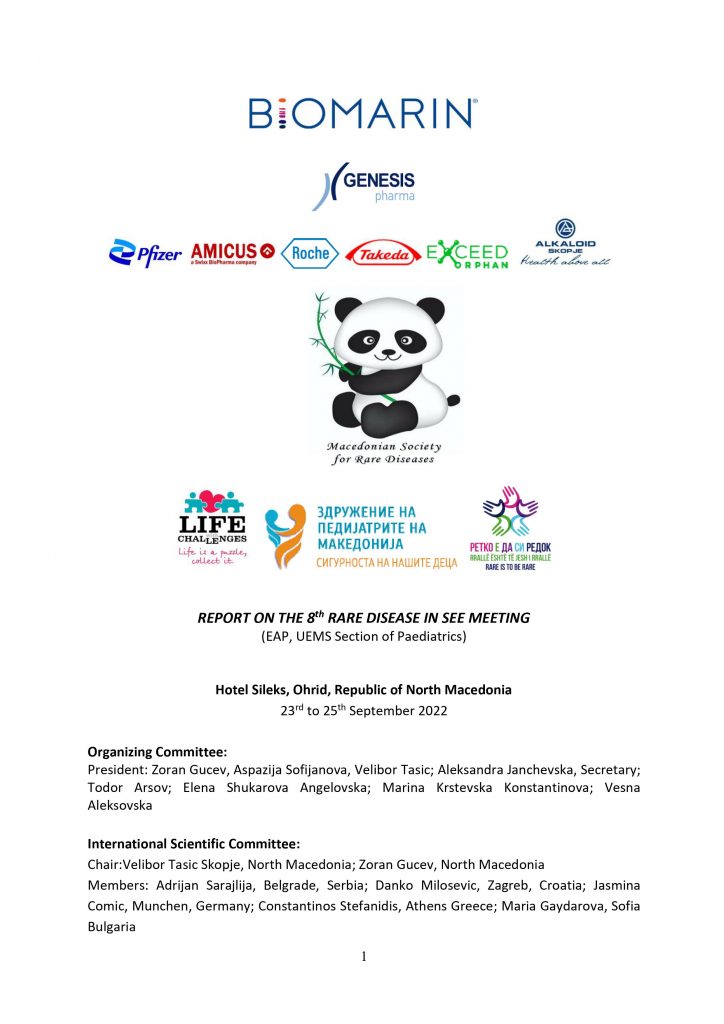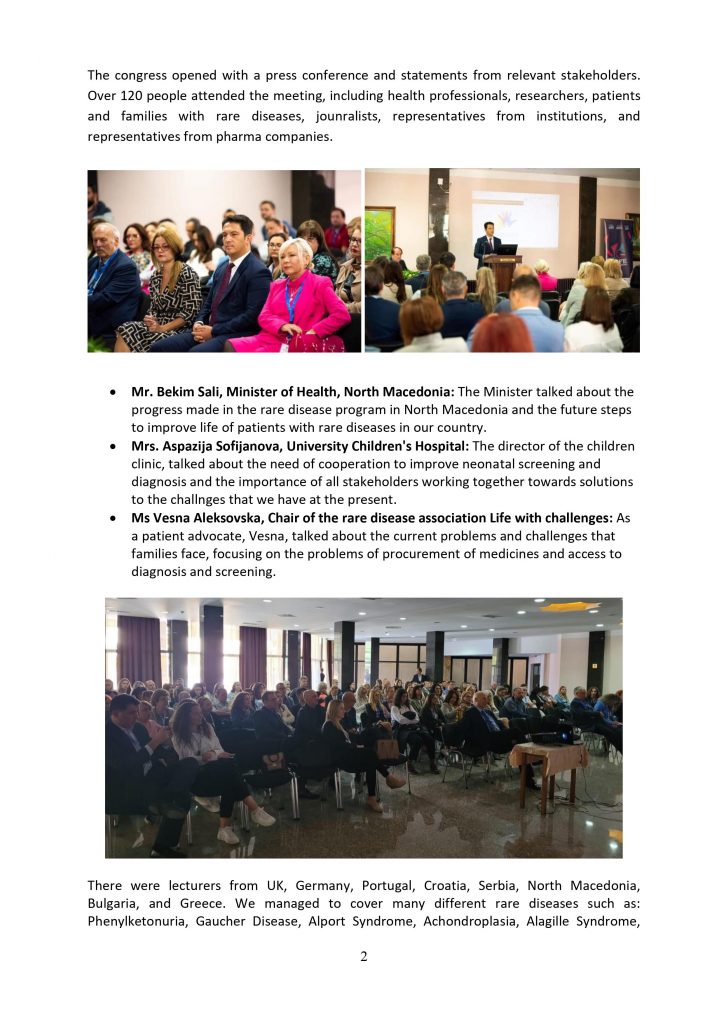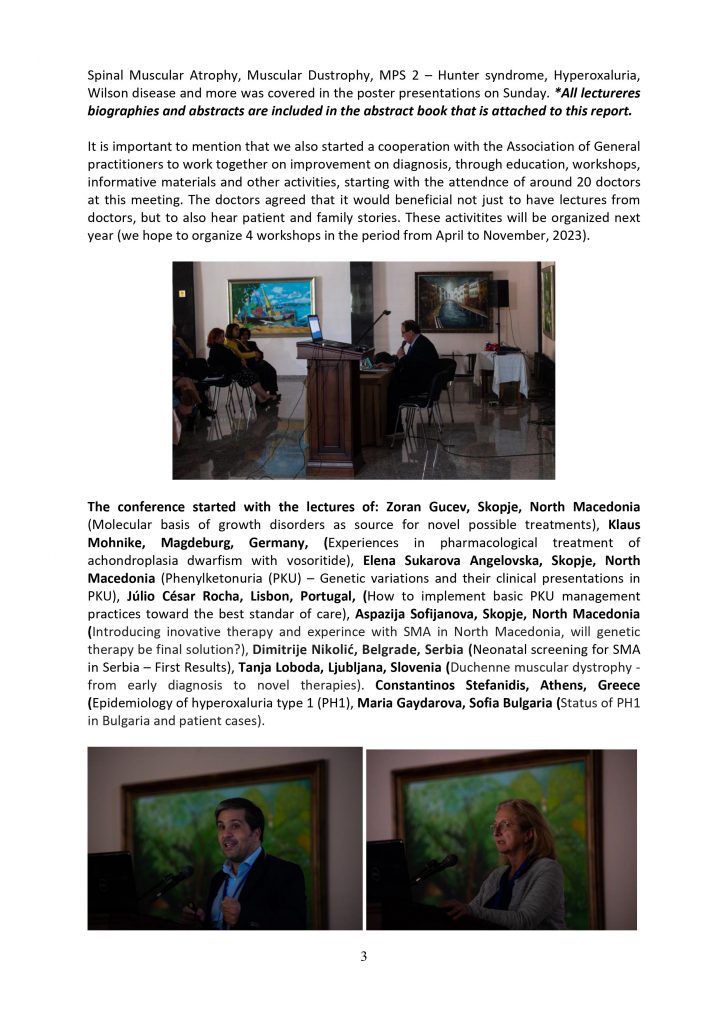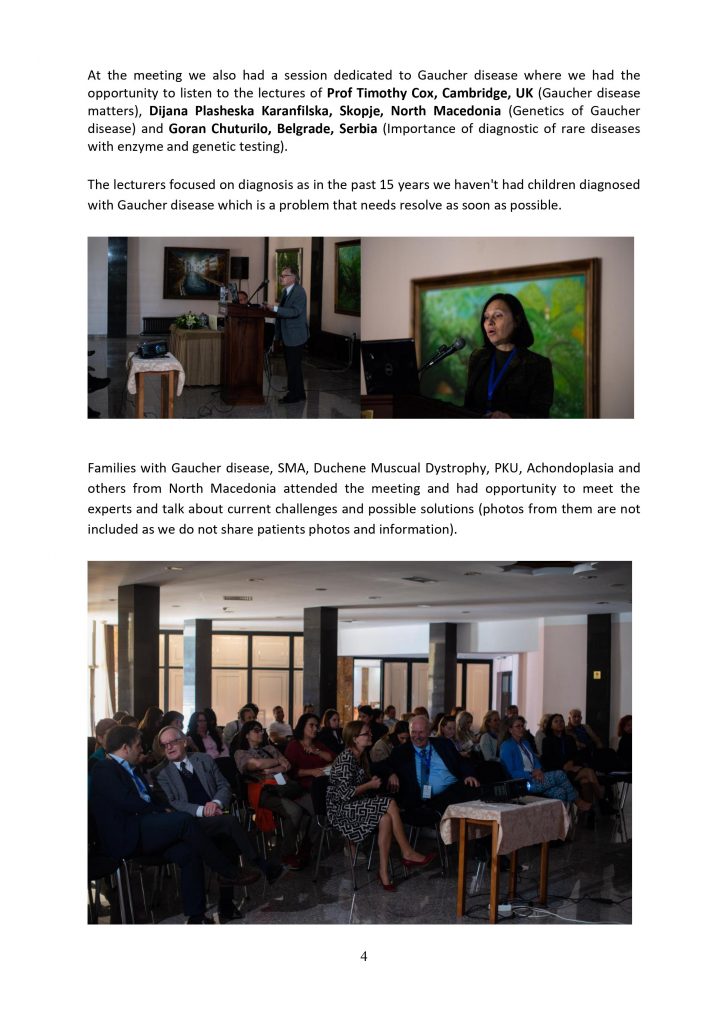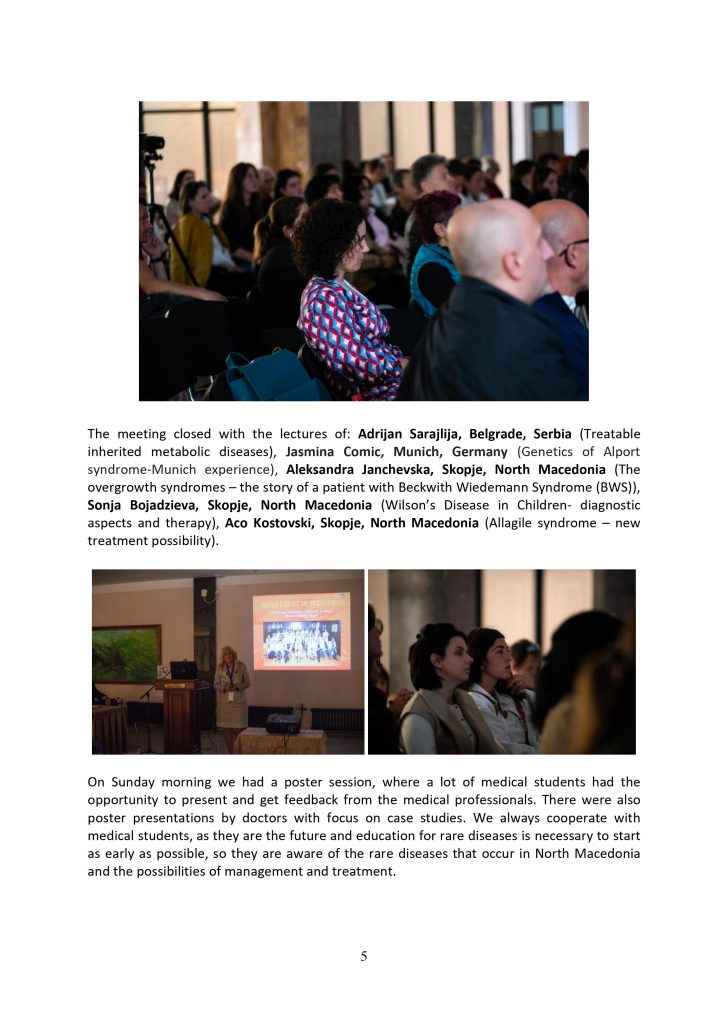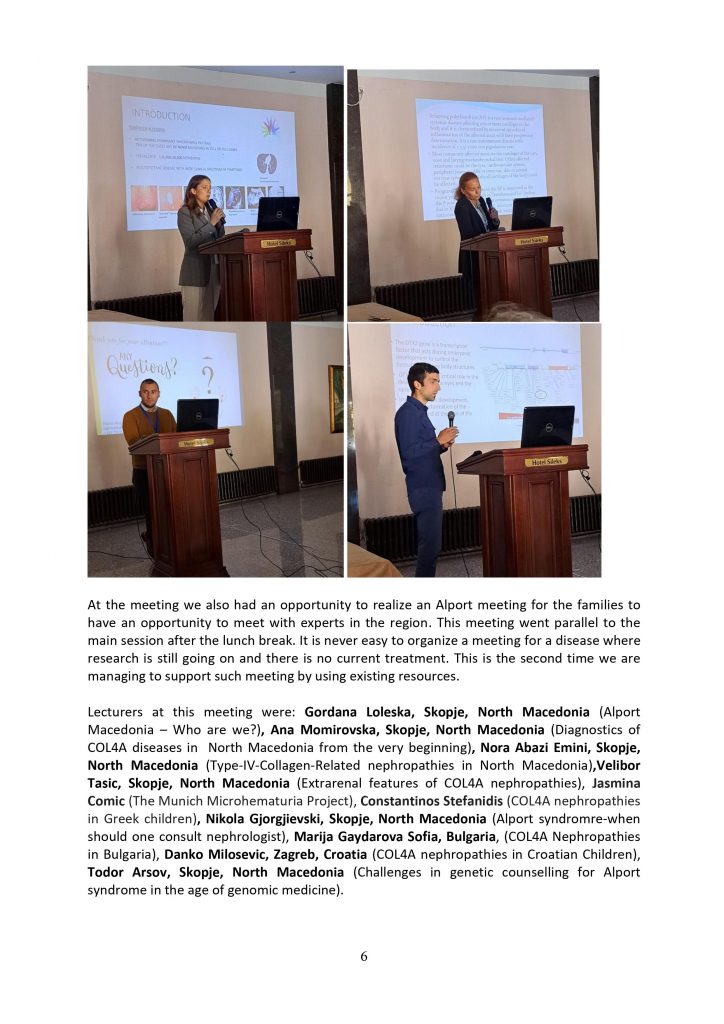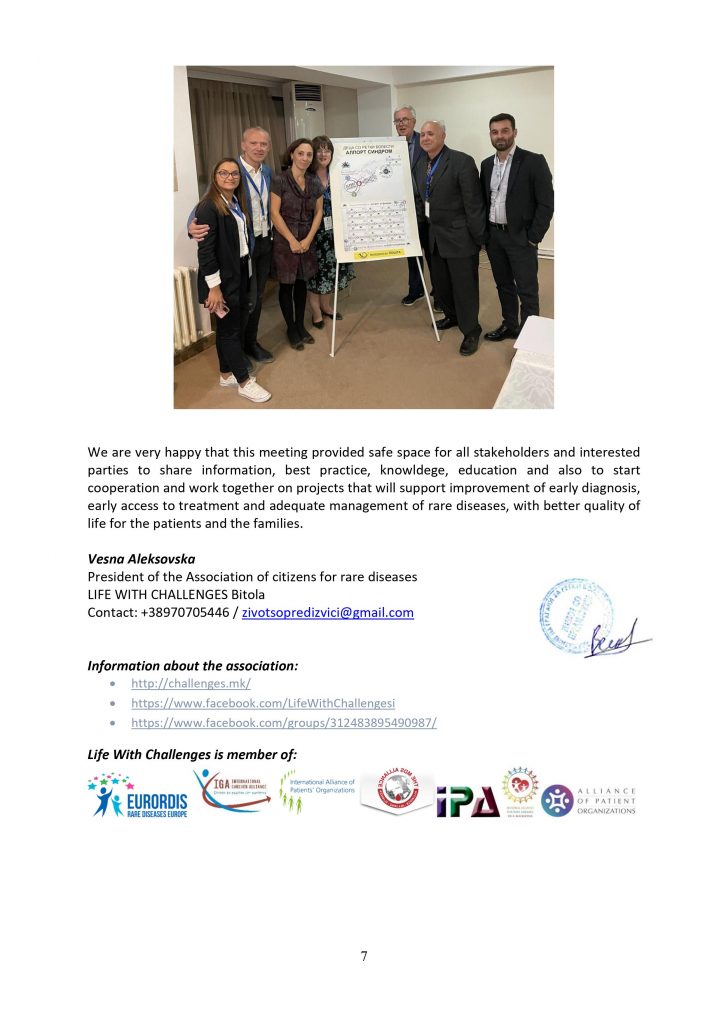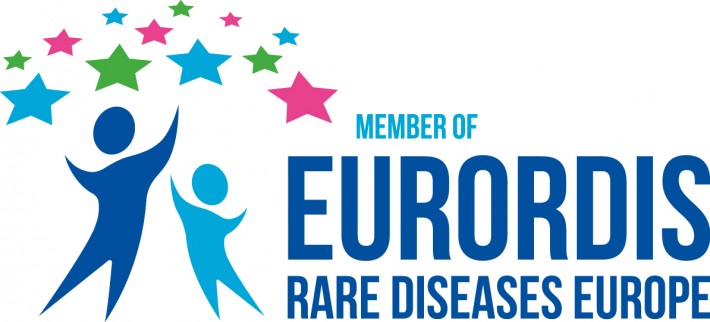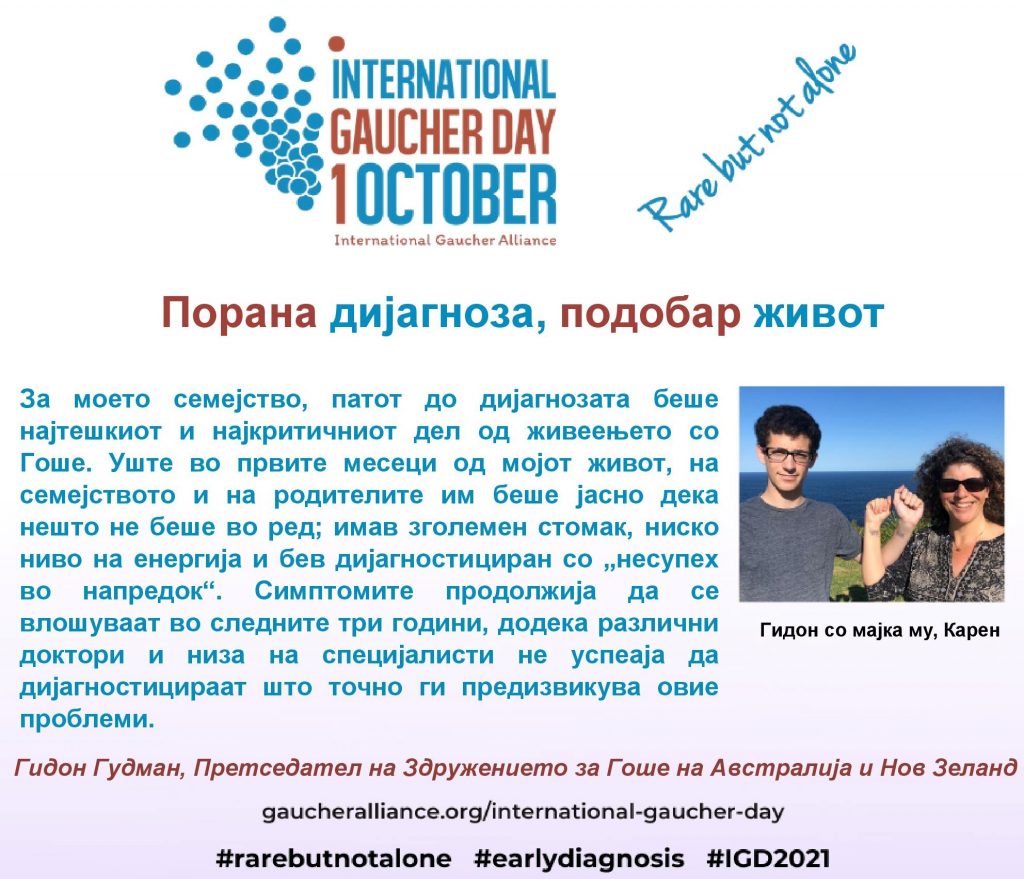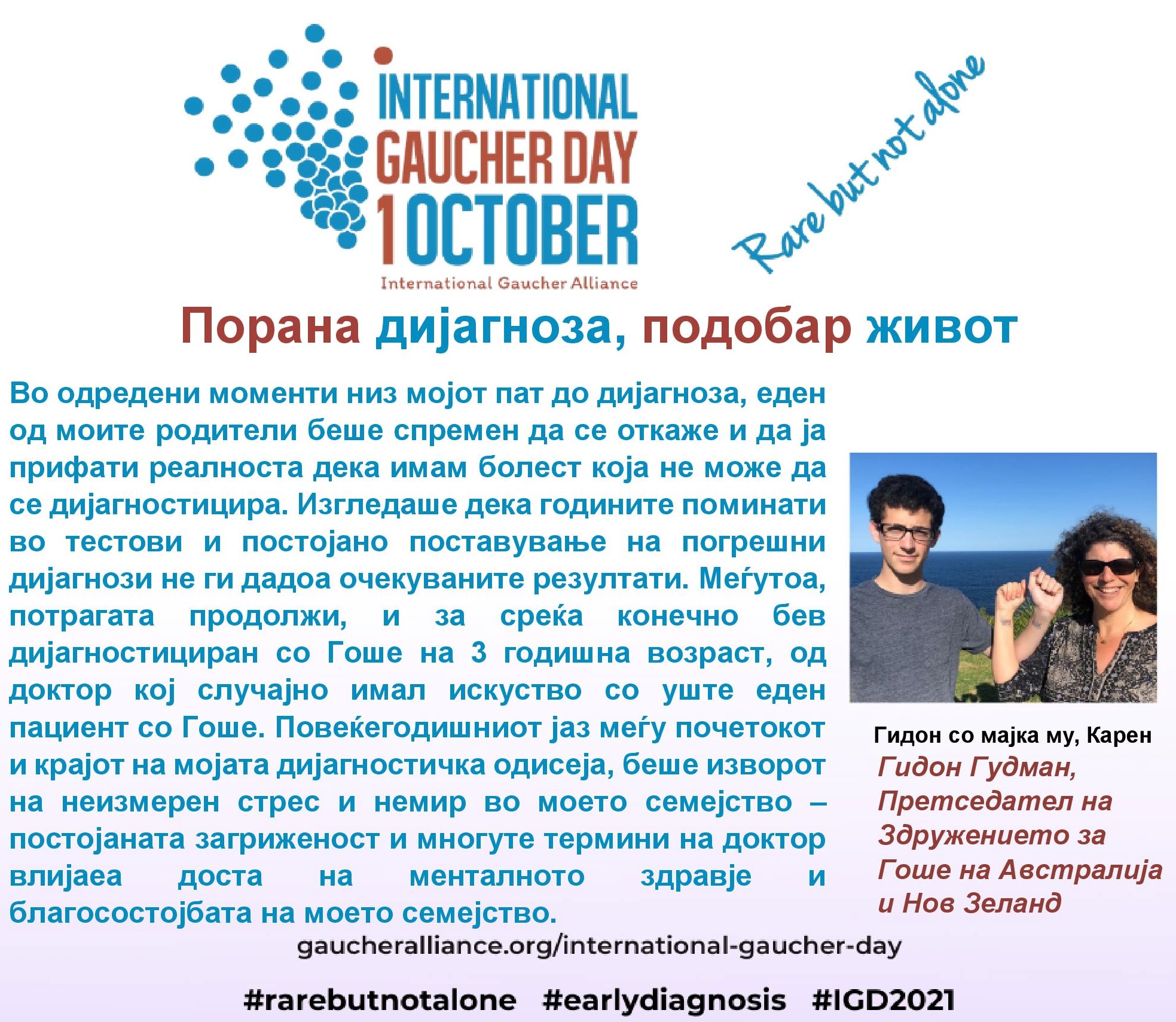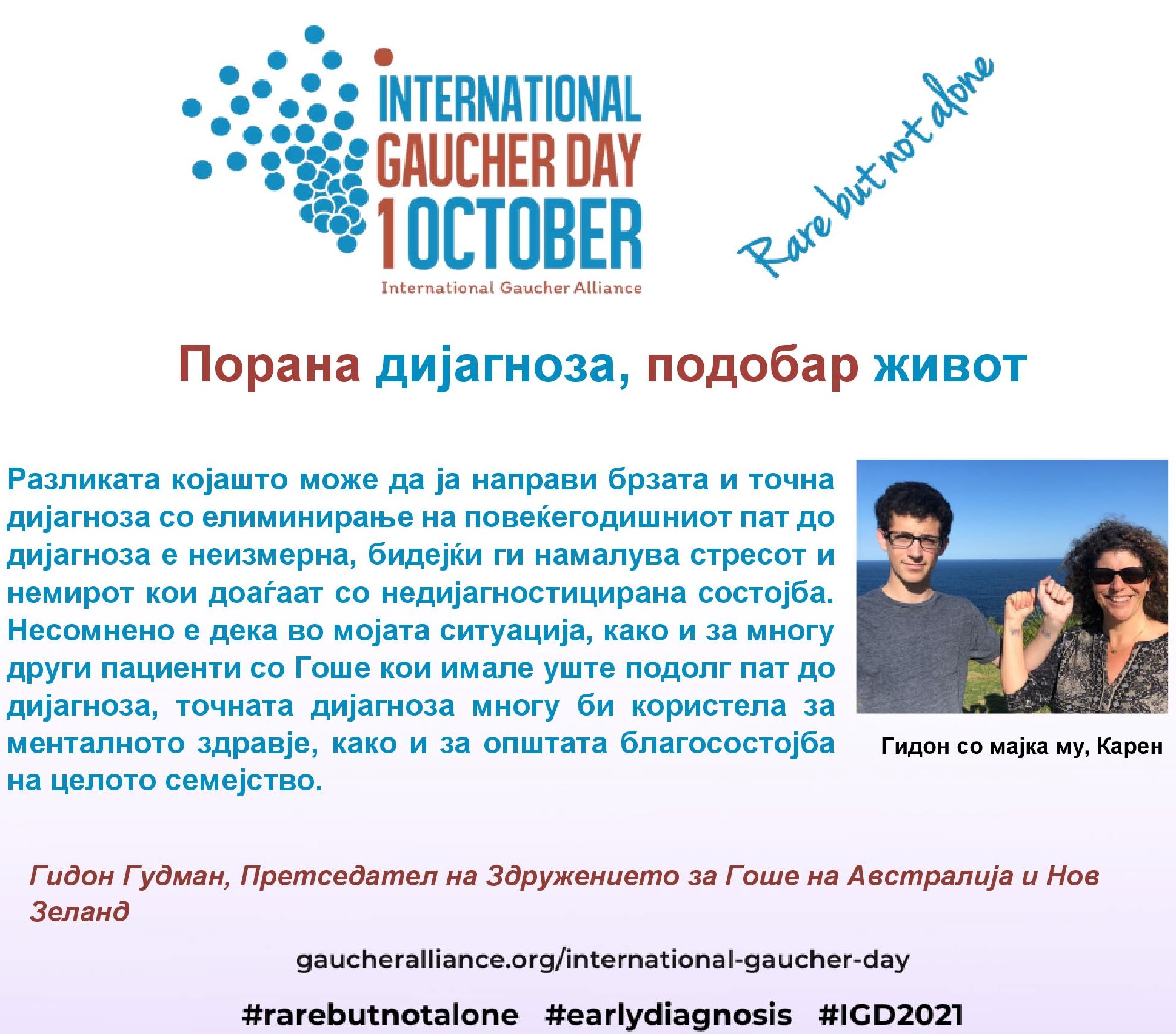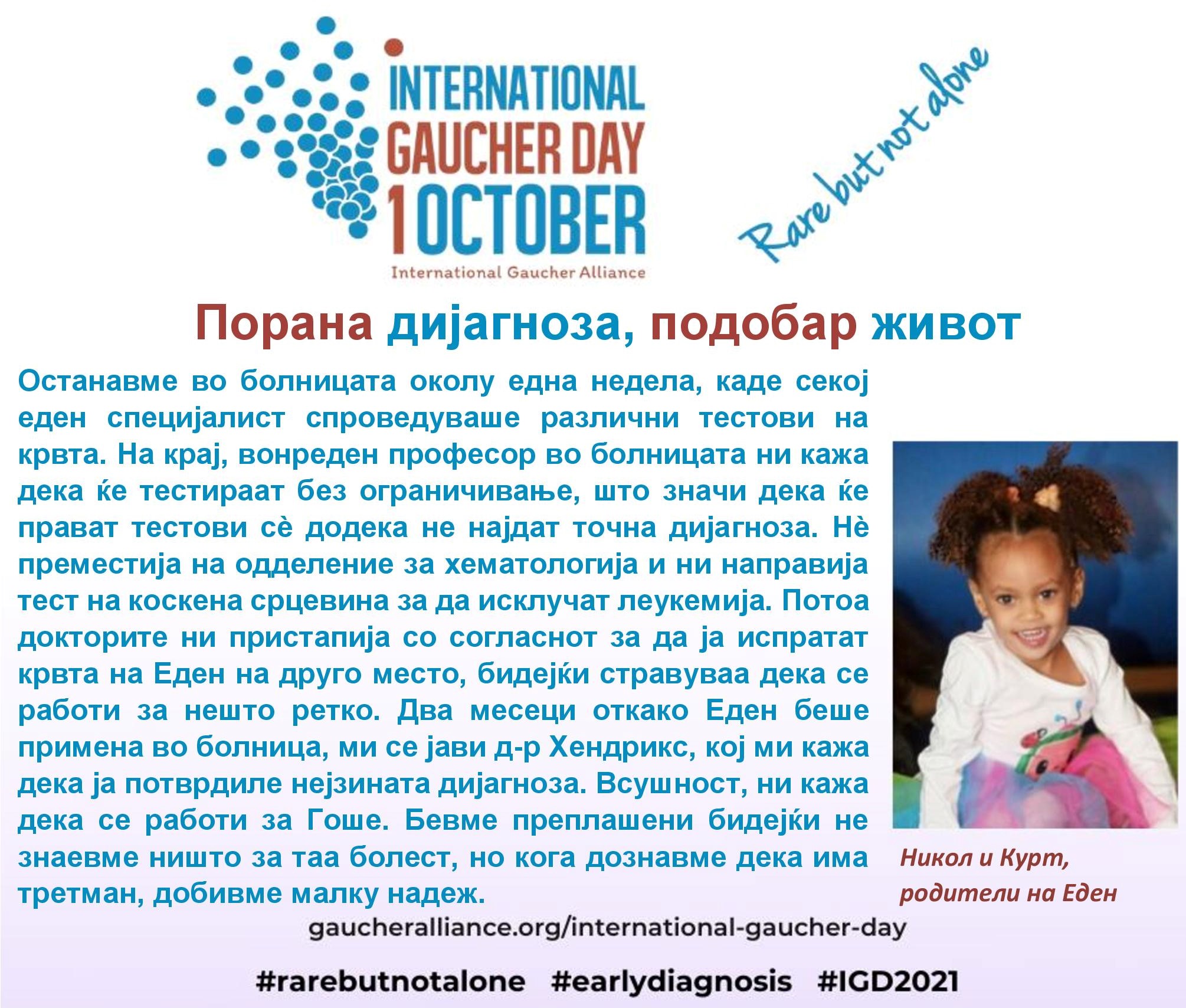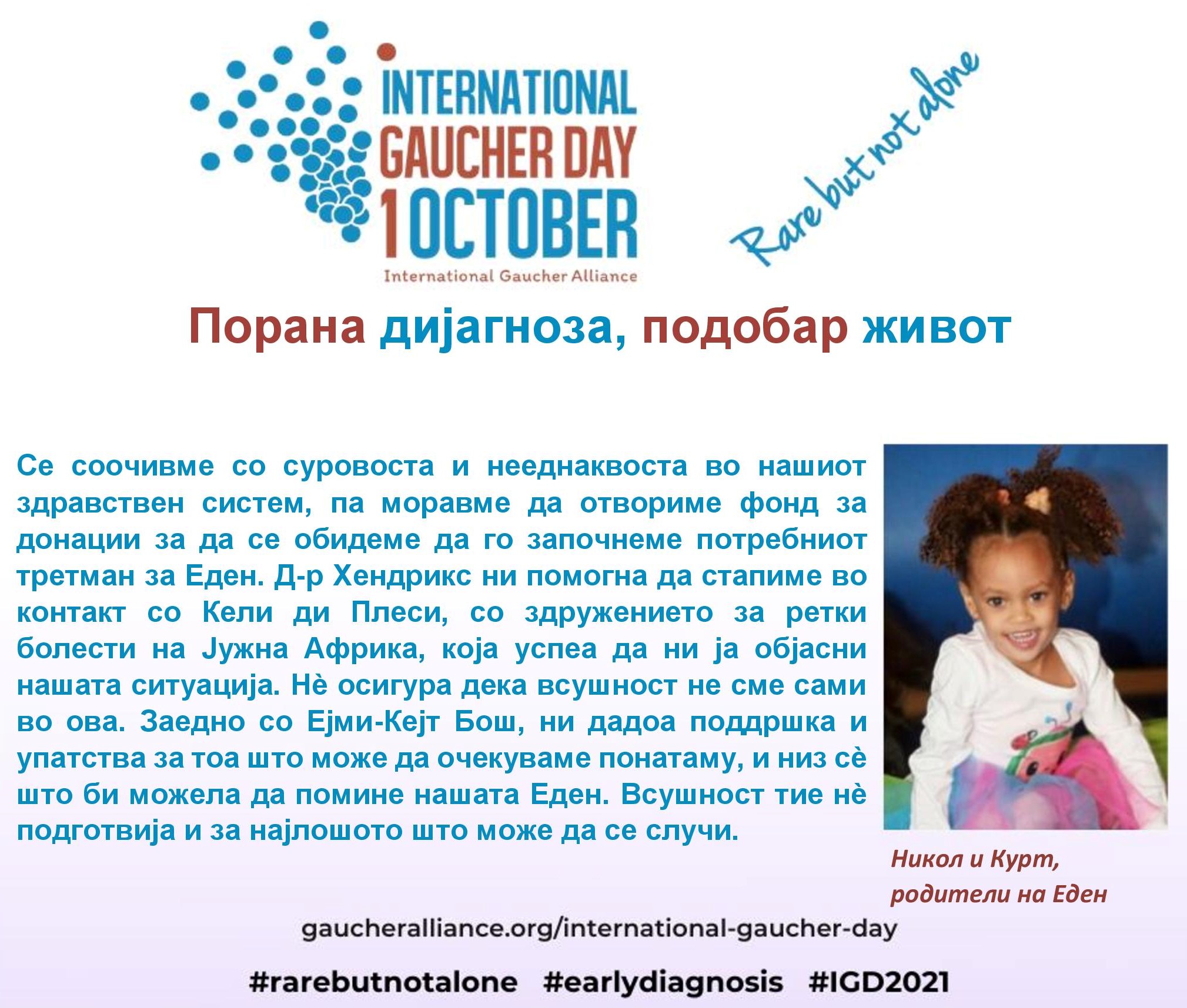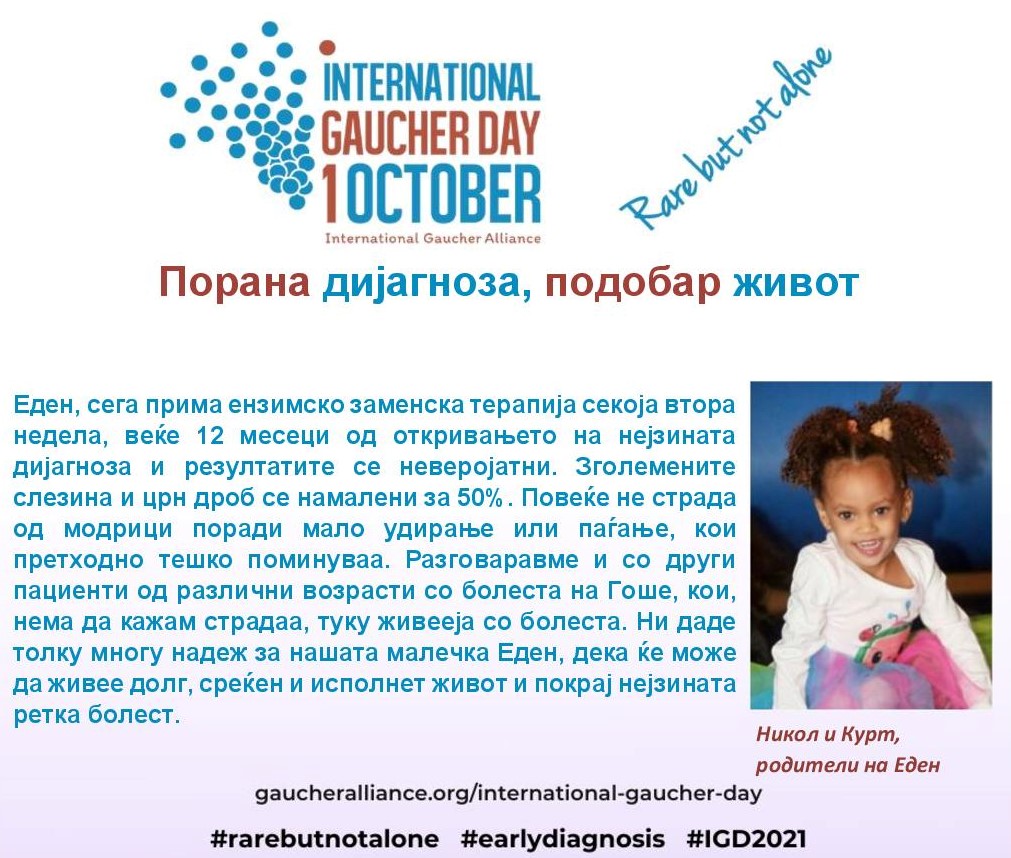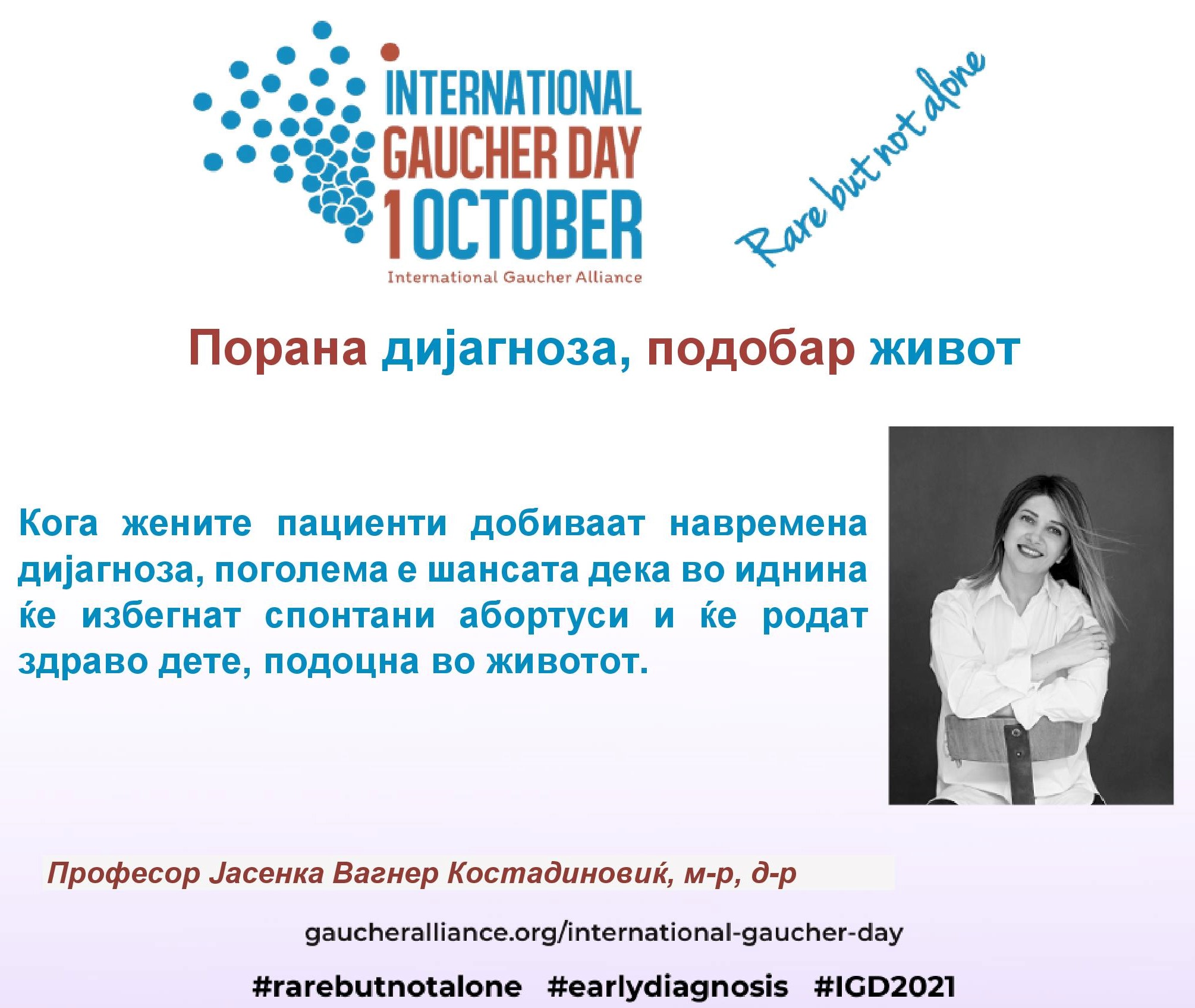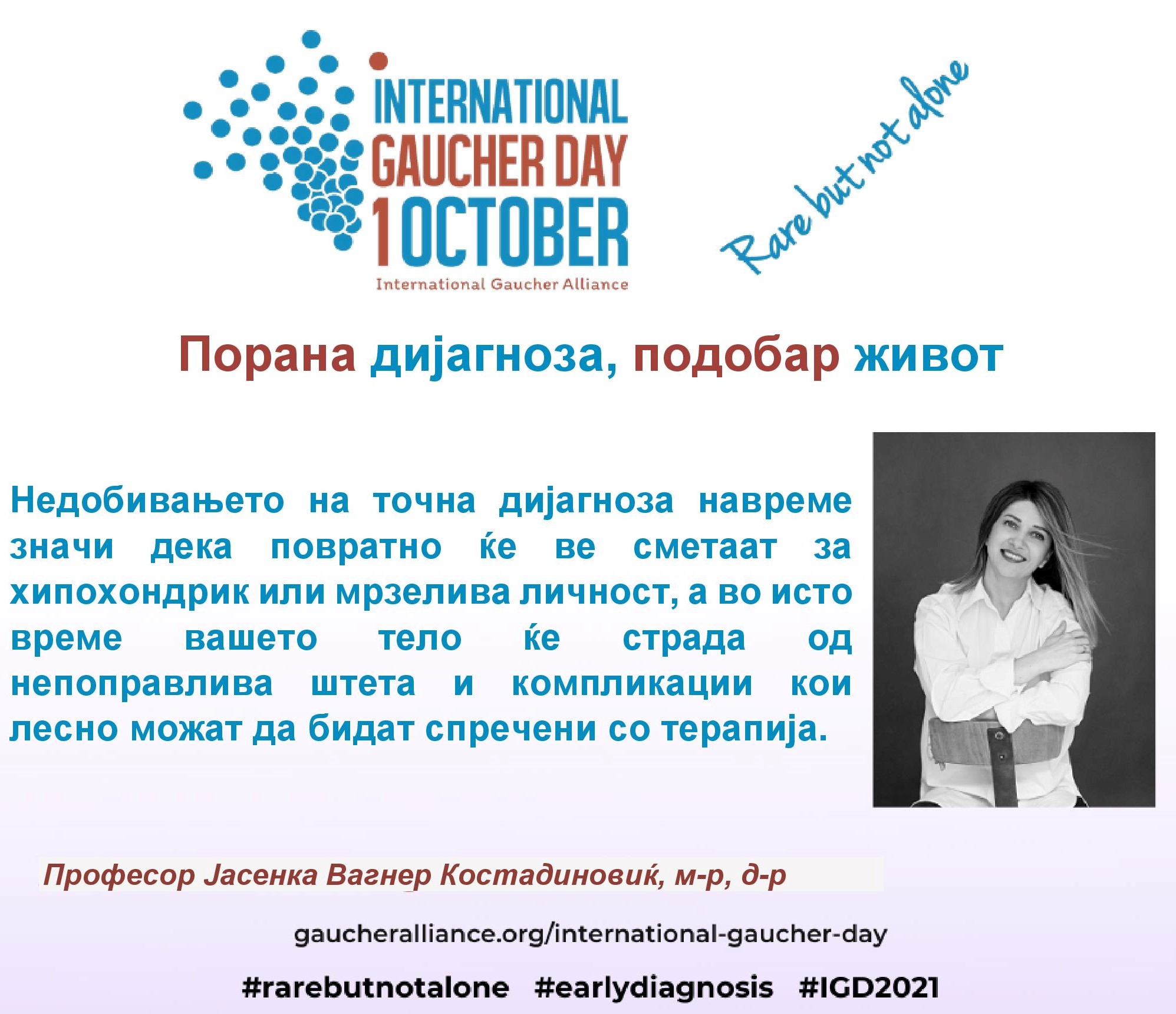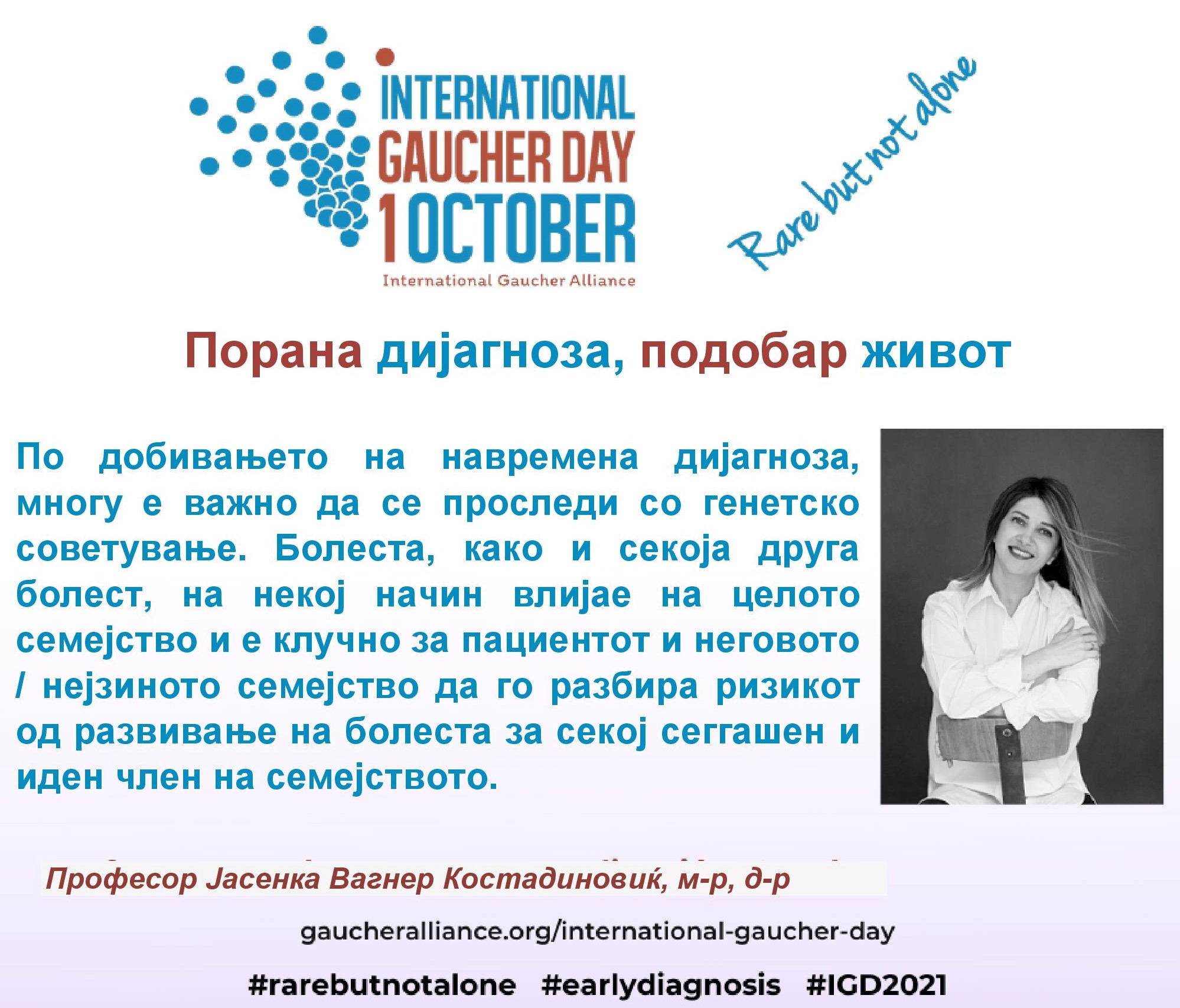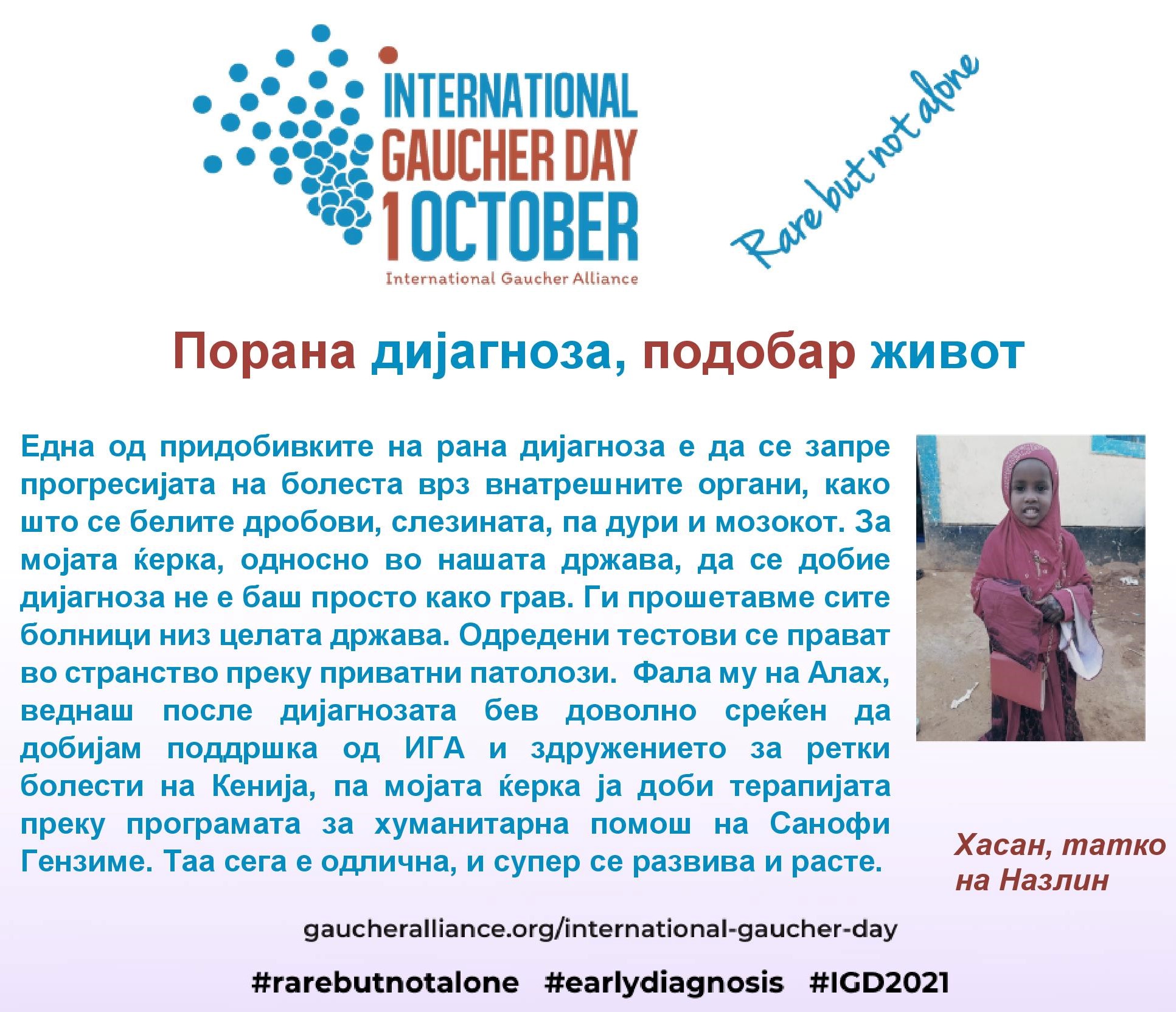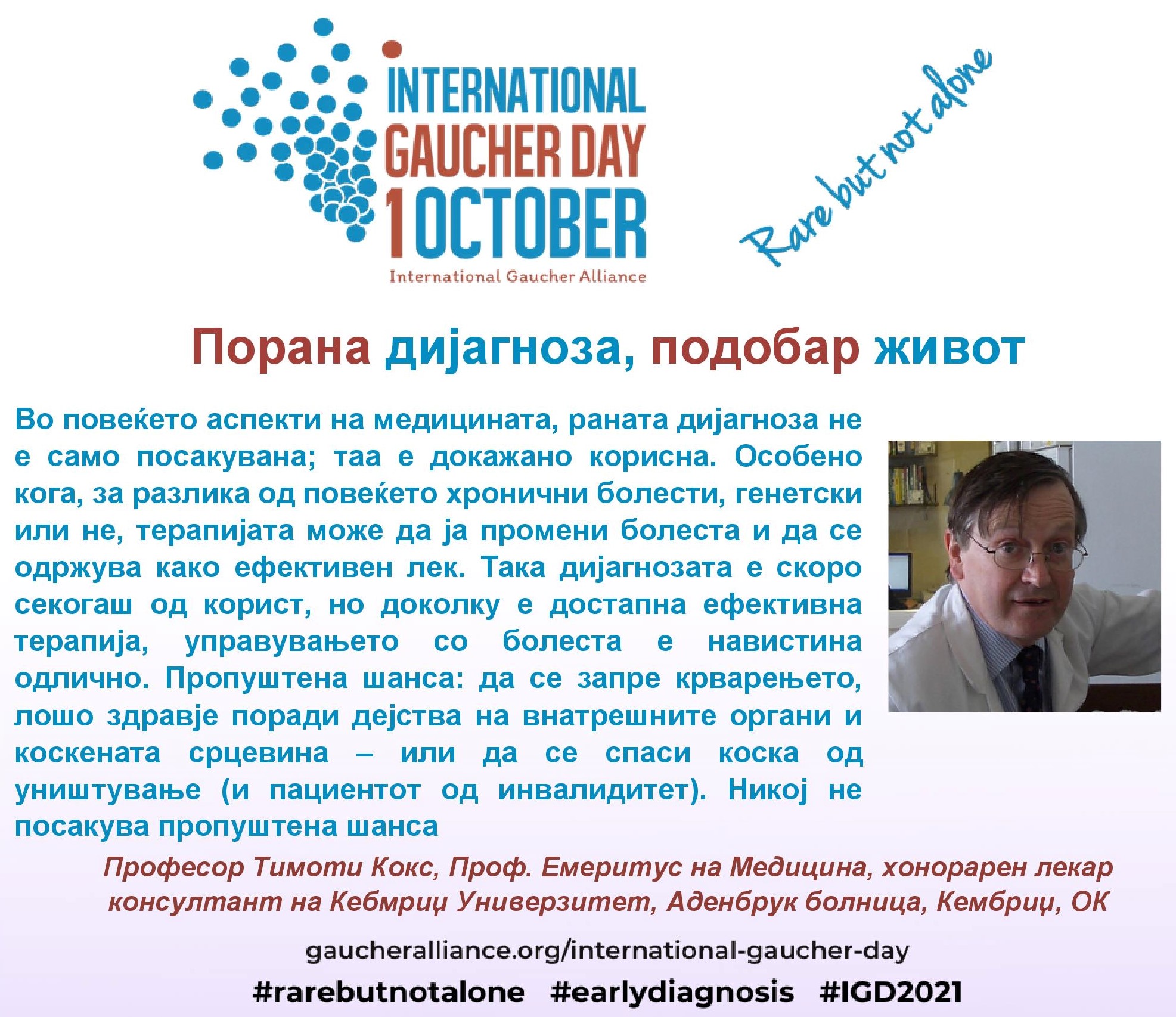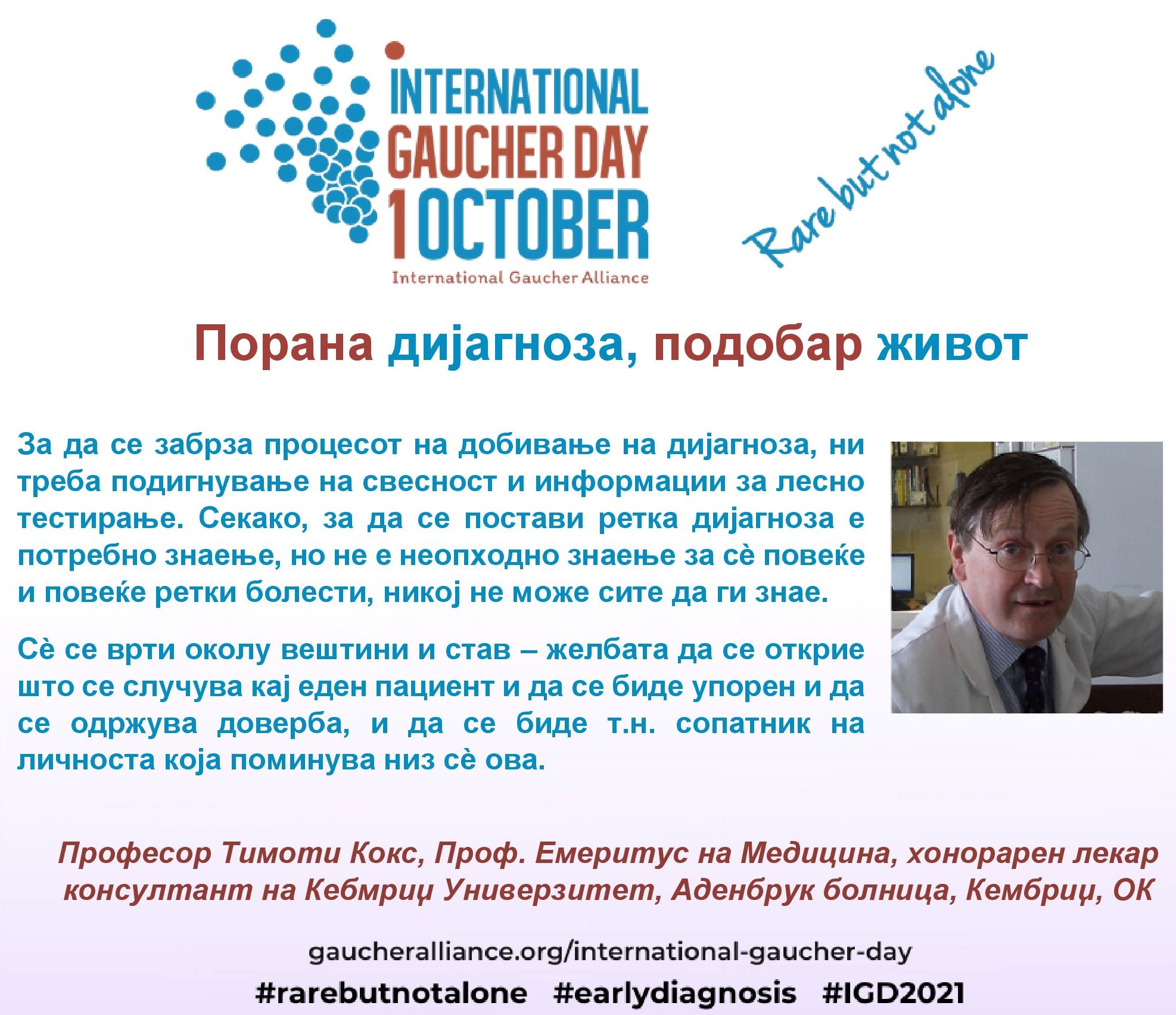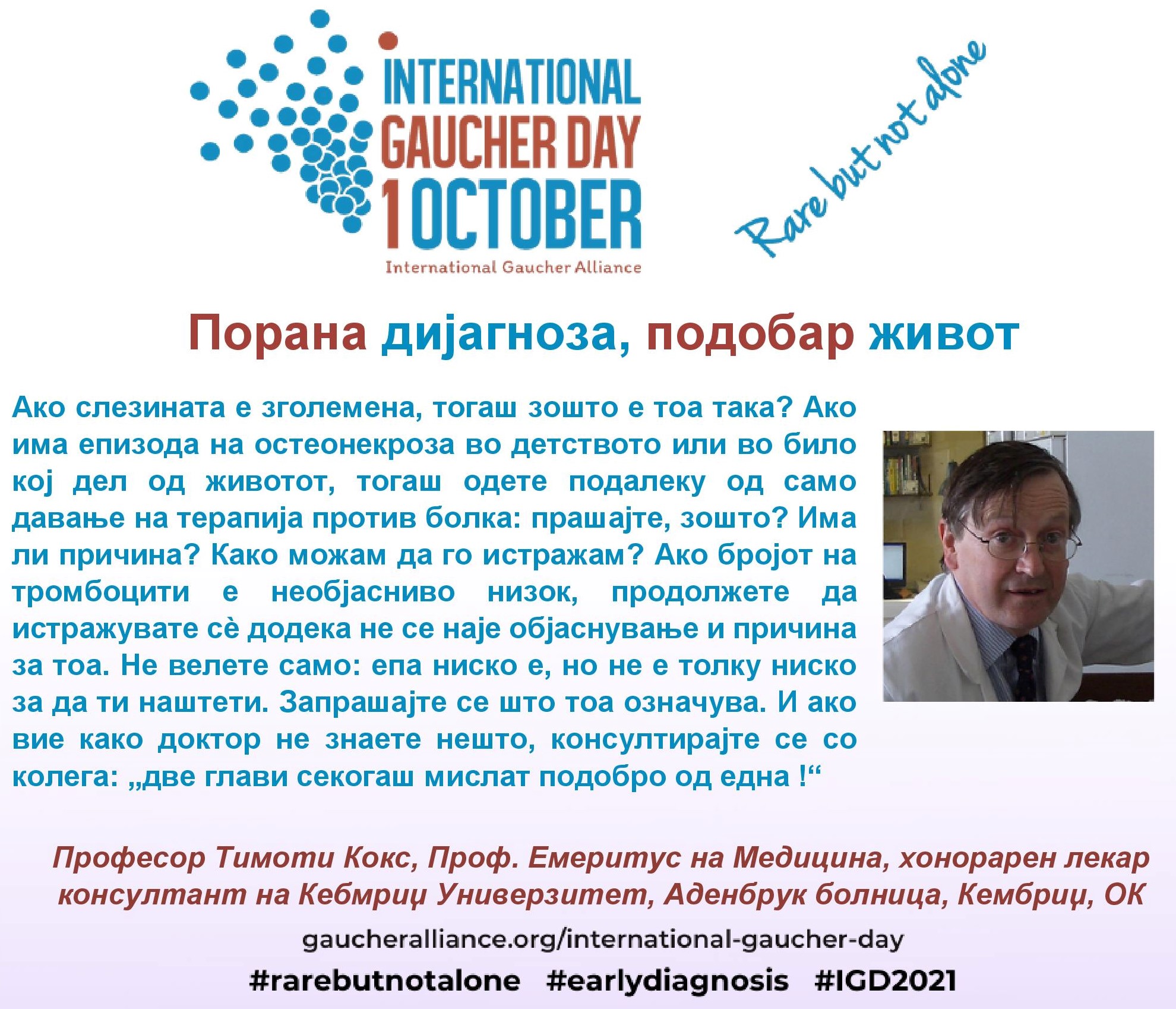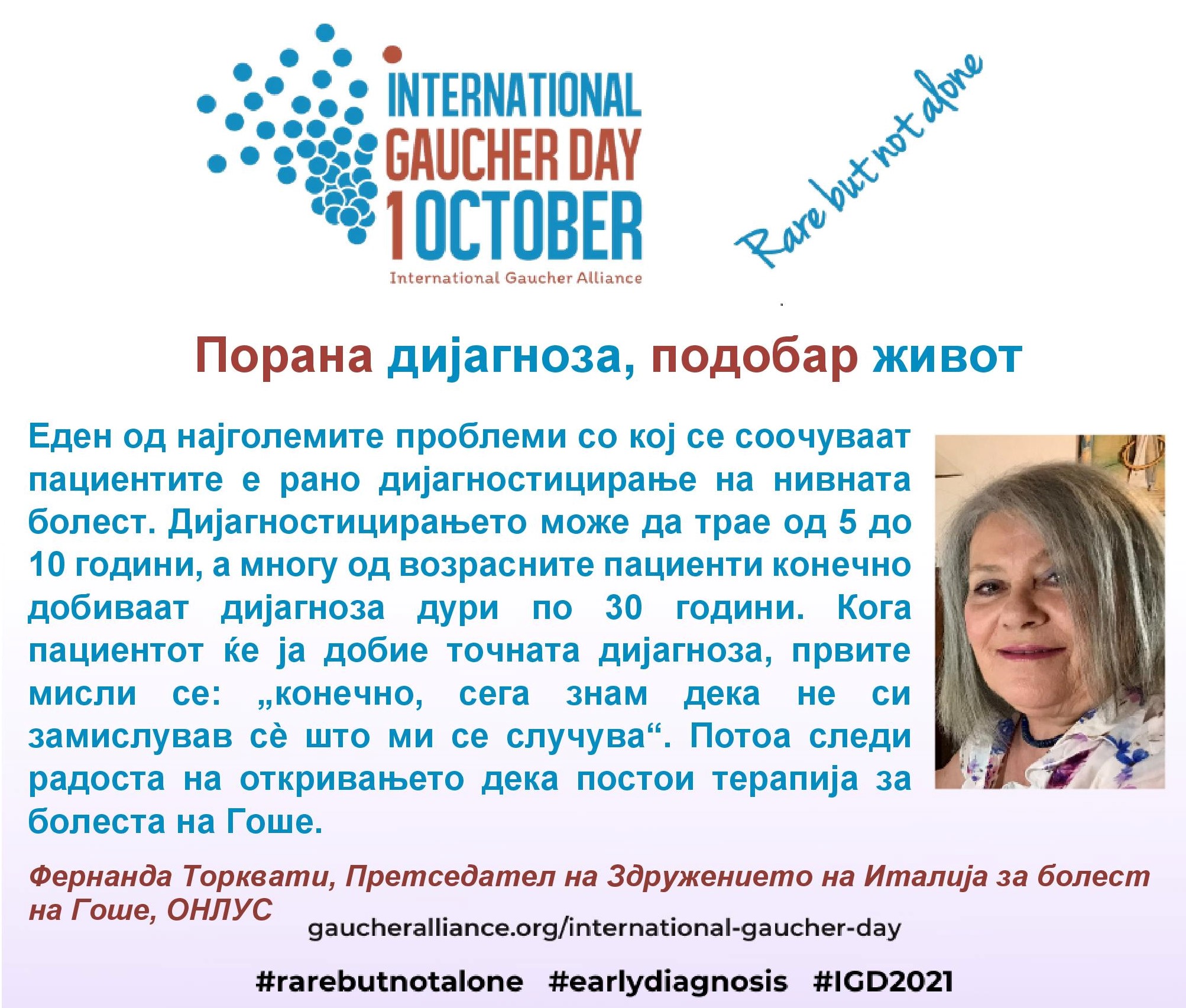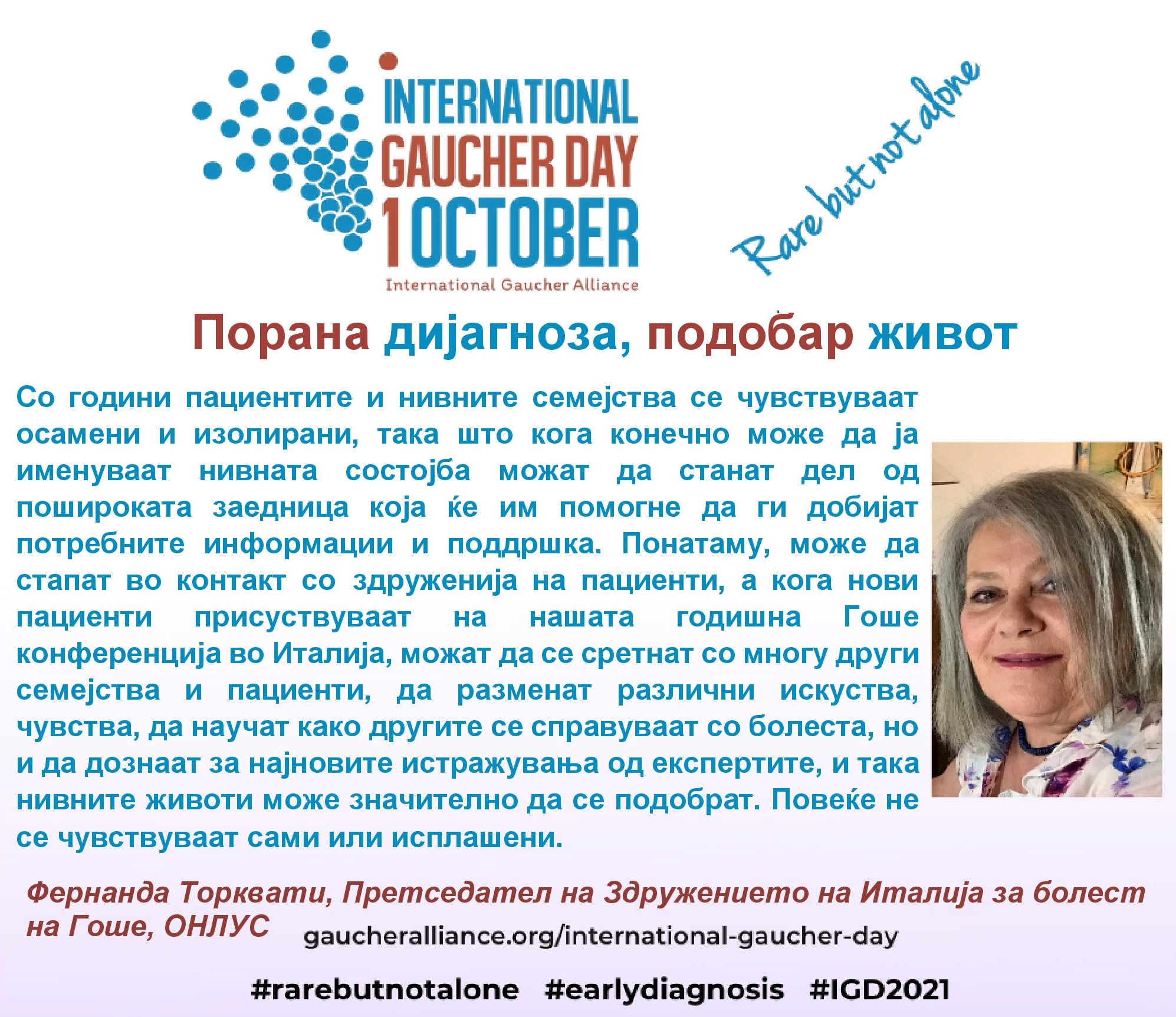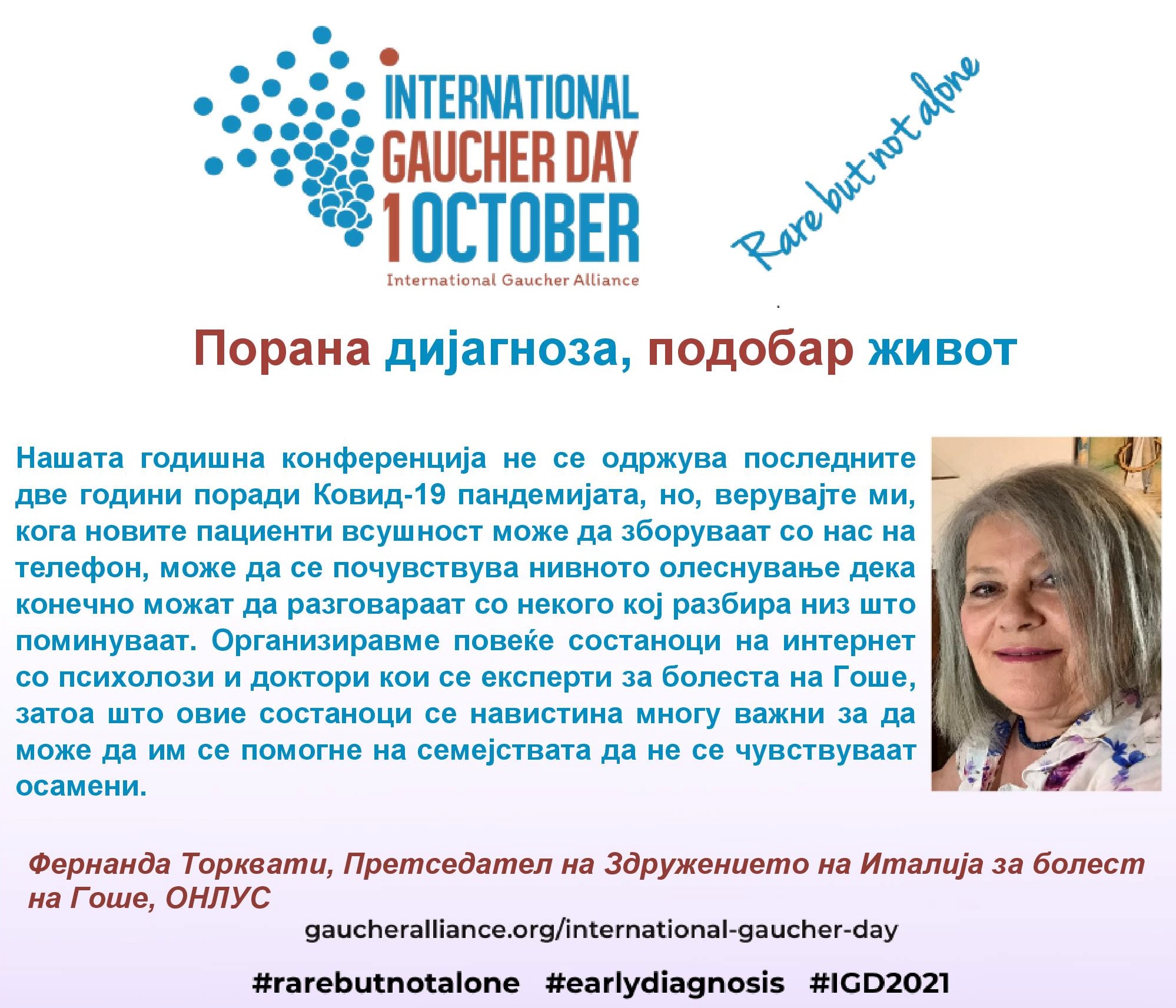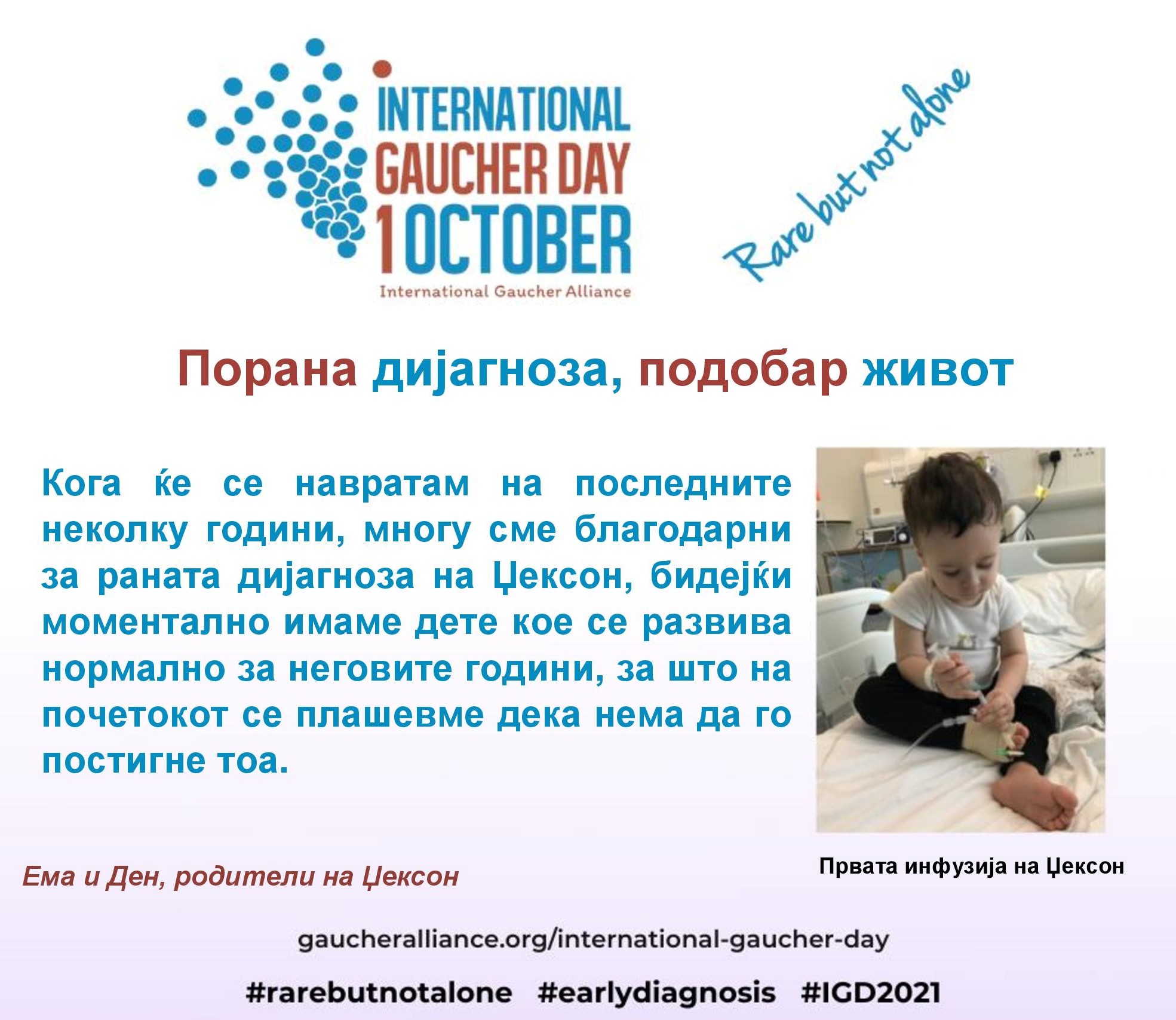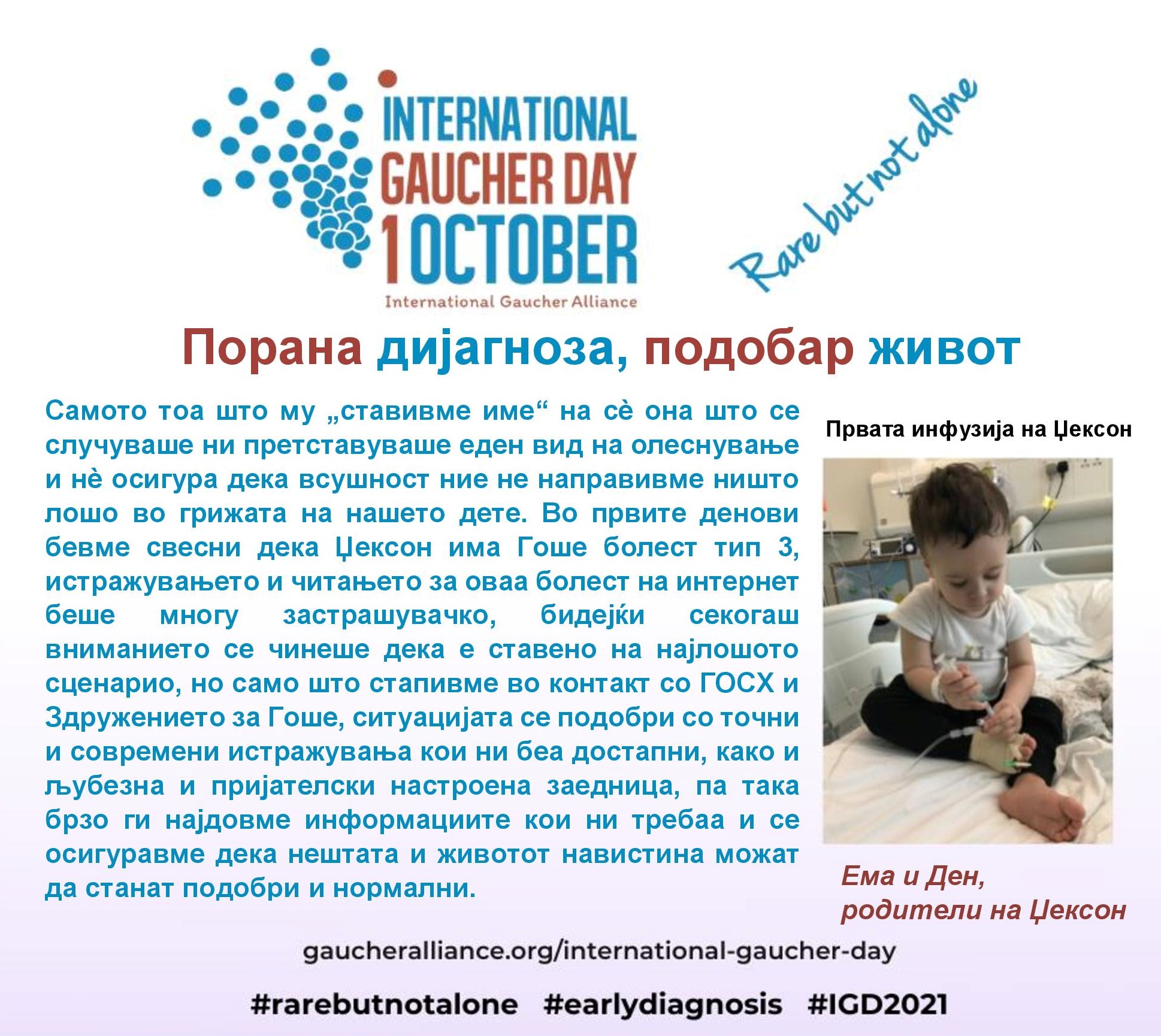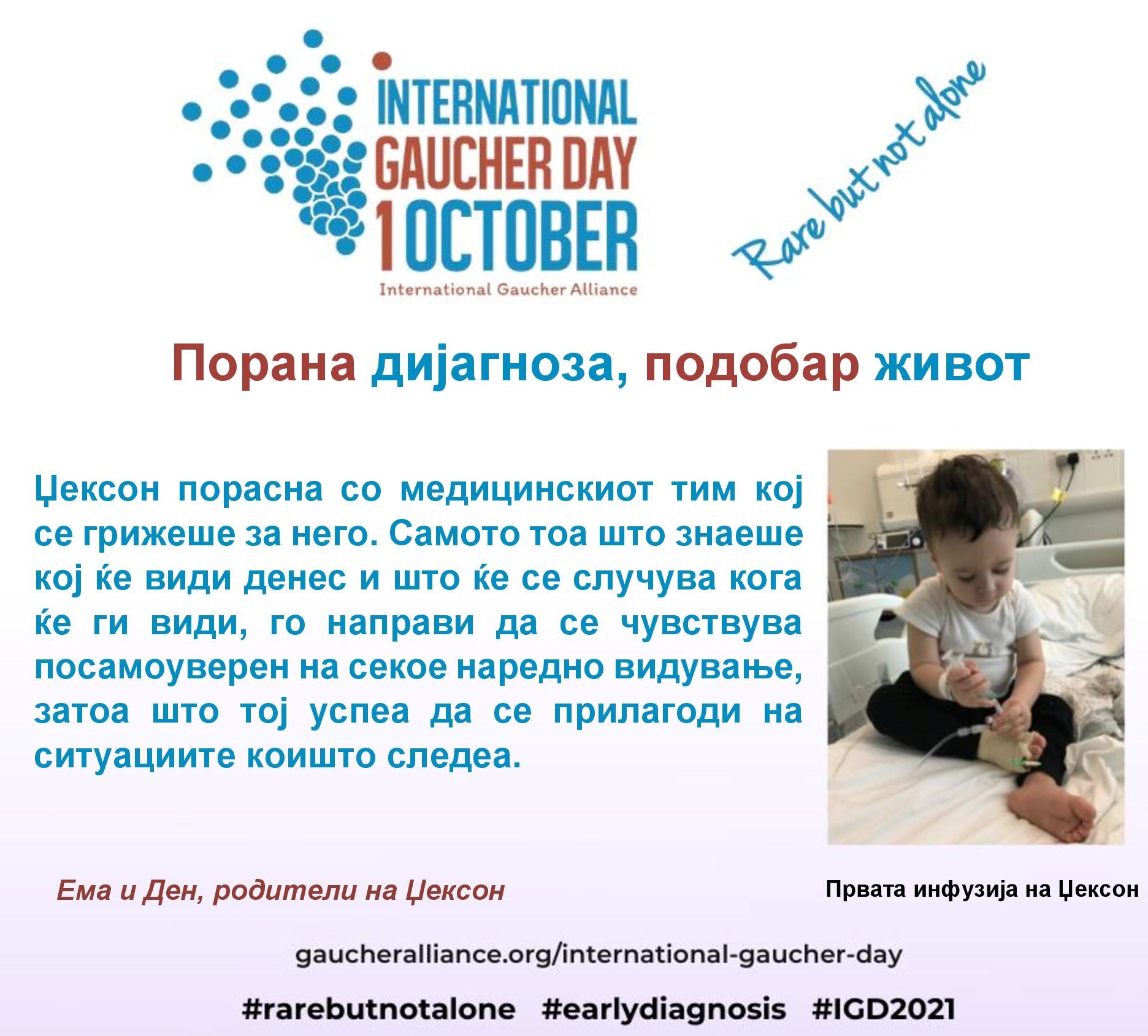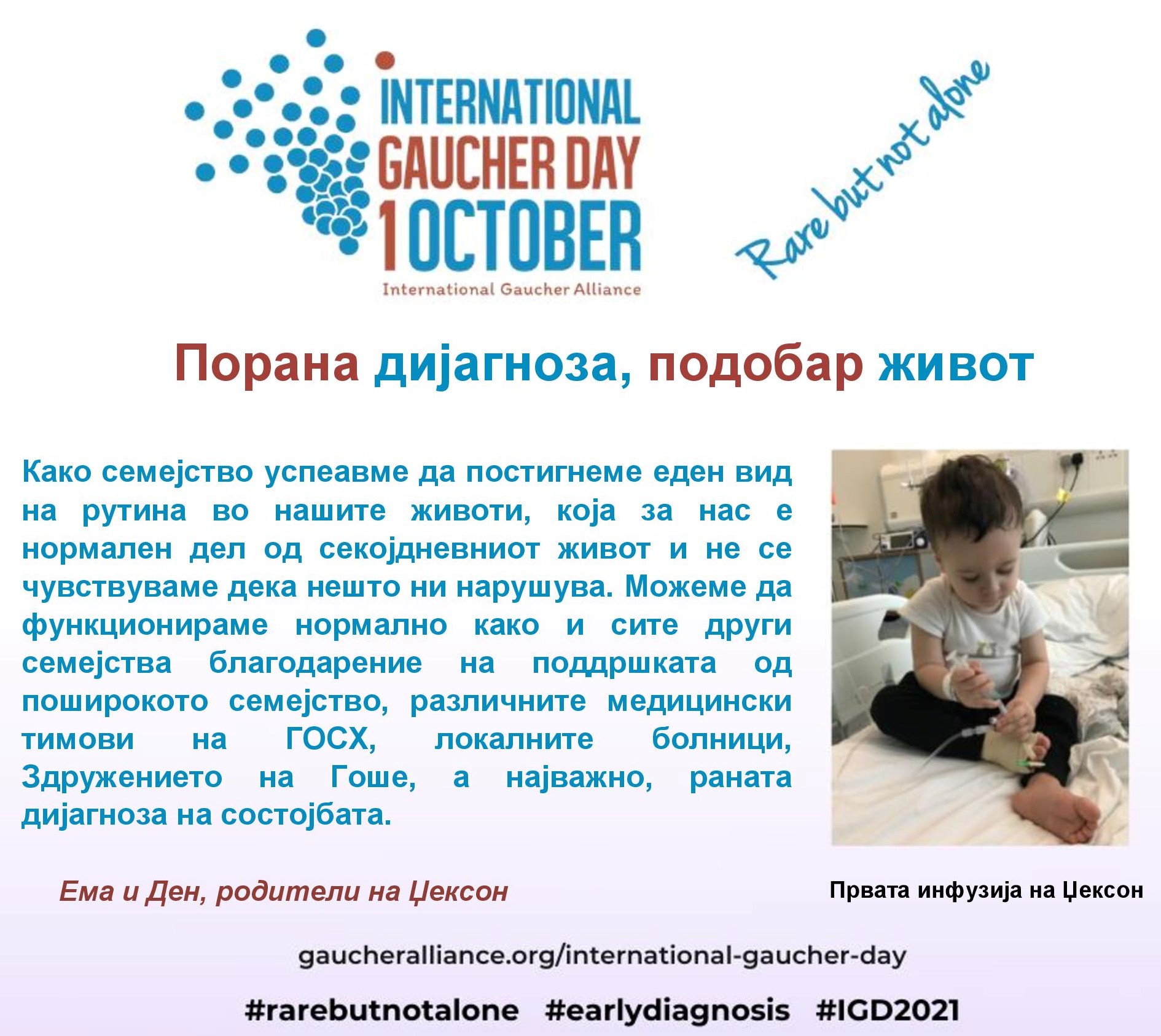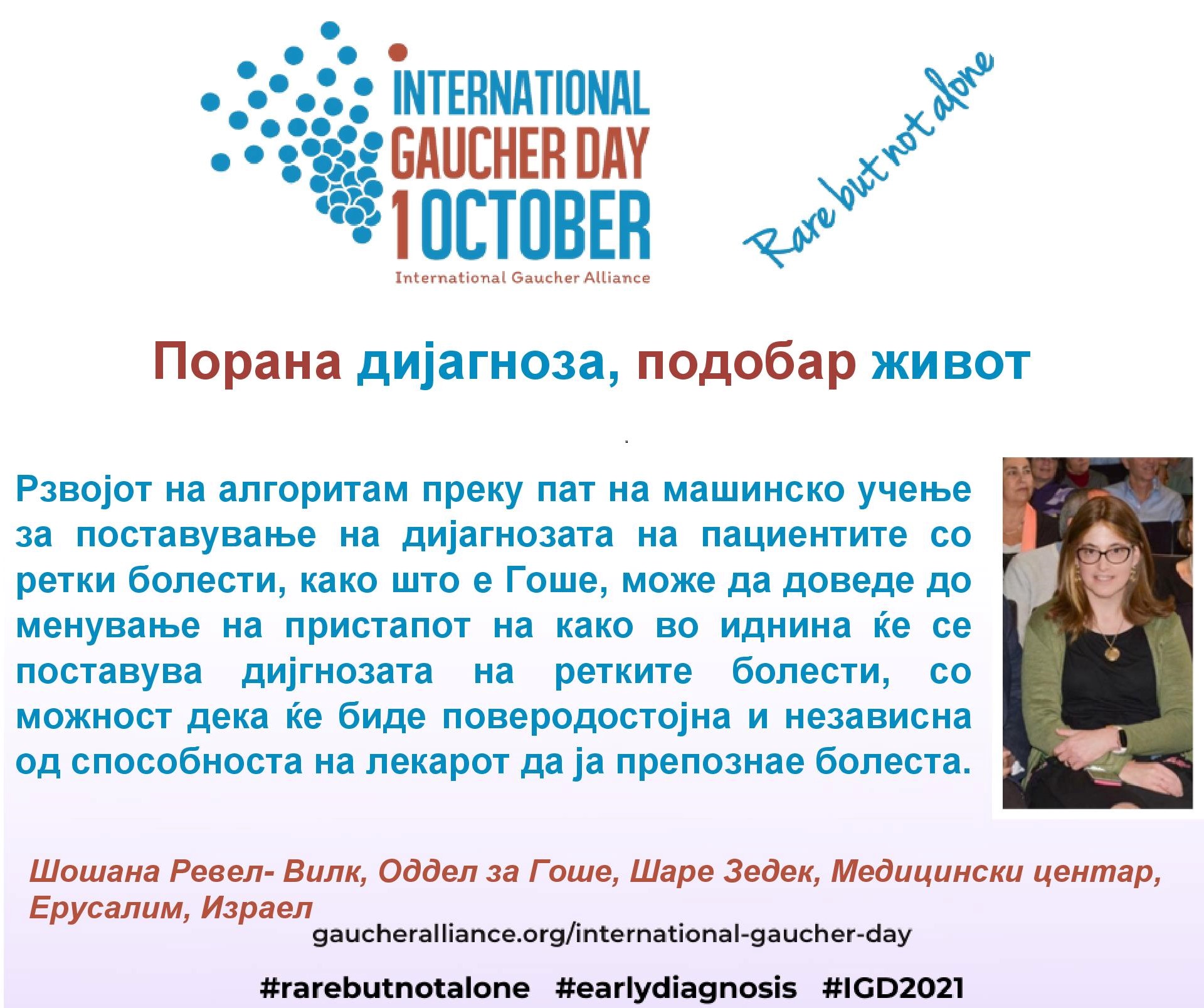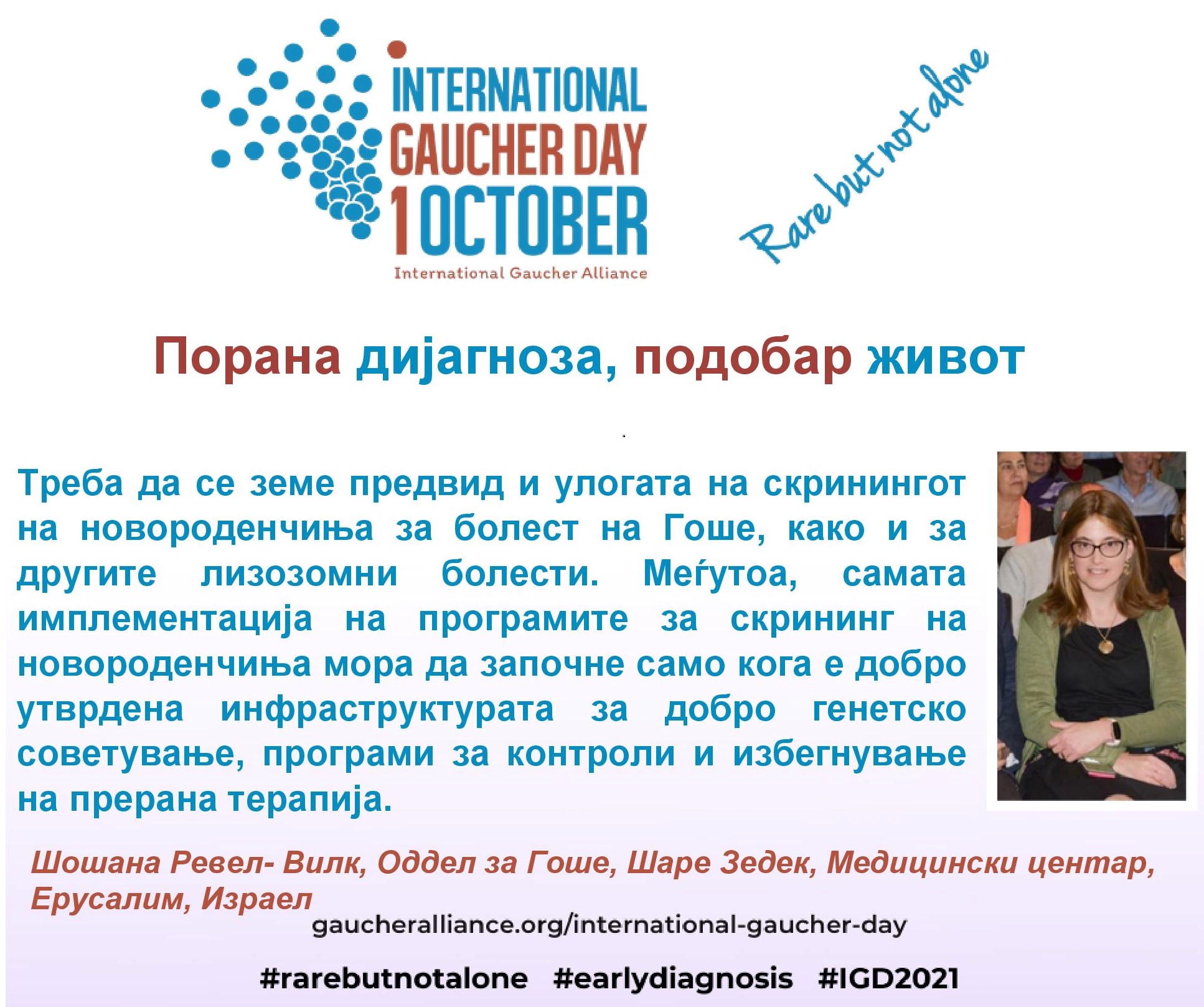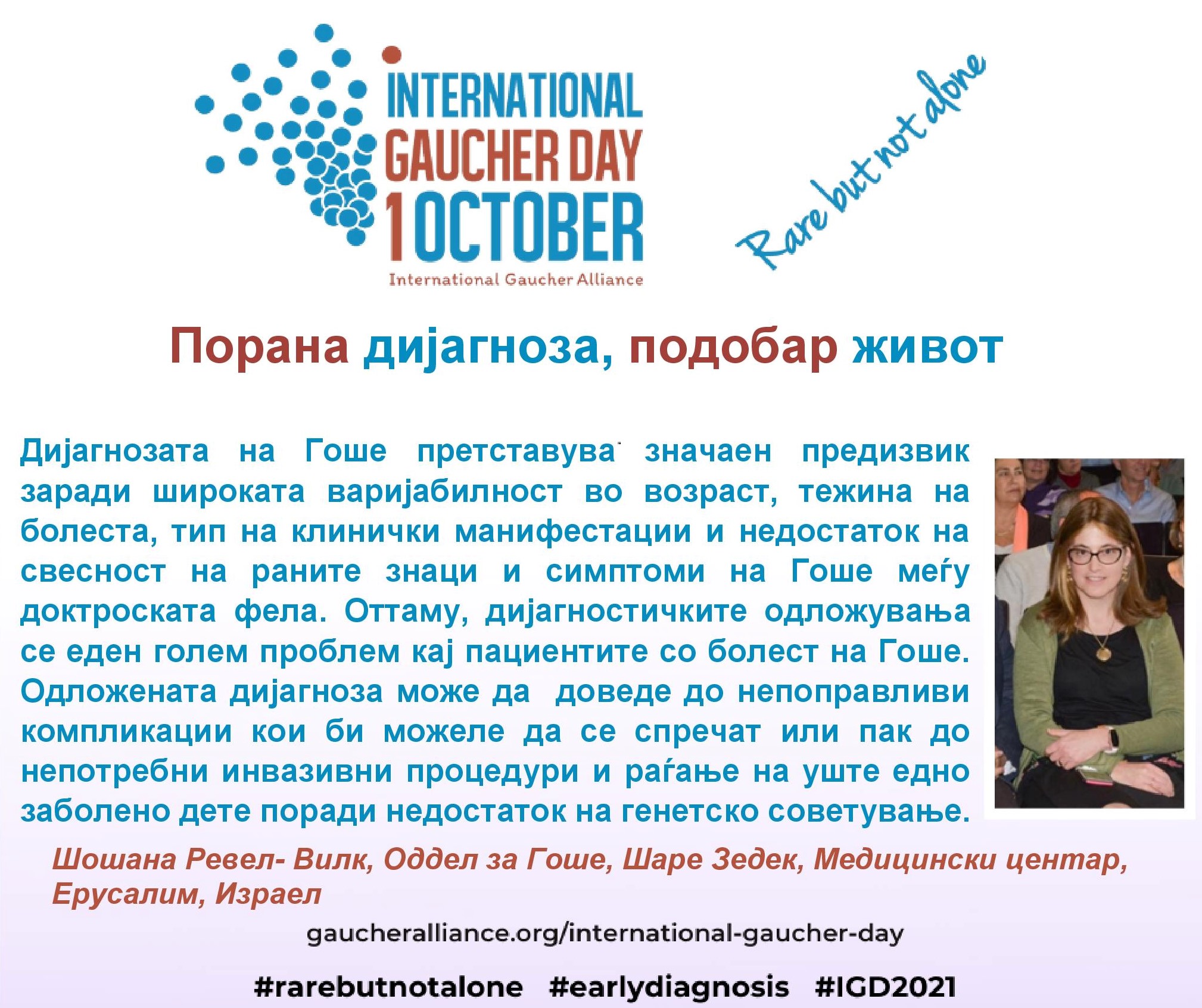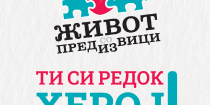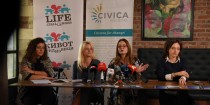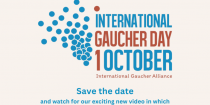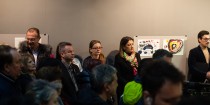Почитувани,
На прес конференција во петок, на 13 октомври, во 11.00 часот, во локалот „15 за 12“, во Кисела Вода во организација на здружението ЖИВОТ СО ПРЕДИЗВИЦИ информиравме за резултатите од анализата на проблемите и предизвиците со кои се соочуваат семејствата со ретки болести. Податоците за анализата се собирани преку панел дискусии, фокус групи, студии на случаи, пријави преку линијата за помош на здружението, пријави на приказни на веб страницата на проектот (https://www.depolarizirajse.org/), и индивудални состаноци. Покрај наодите, Анализата содржи и заклучоци и препораки во однос на проблемите и можните решенија.
Анализата и прес конференцијата се дел од проектот „Преку деполаризација до демократски, стабилни и вклучувачки институции: Придонес на граѓанското општество“ што ја спроведуваат Институтот за општествени и хуманистички науки Институтот за медиуми и аналитика (ИМА), Балканскиот институт за регионална соработка (БИРС) и Здружение на граѓани за ретки болести ЖИВОТ СО ПРЕДИЗВИЦИ. Проектот е поддржан од Владата на Швајцарија преку Цивика мобилитас. Неговата главната цел е критички и информиран дијалог, мониторинг, анализа и застапување политики кои ќе придонесат кон јакнење на капацитетите на извршната власт за градење демократски и инклузивни институции.
Наодите и заклучоците од анализата ги презентираа: Весна Алексовска, претседател на ЖИВОТ СО ПРЕДИЗВИЦИ, Калина Лечевска, координатор во ИОХН Скопје и свои изјави дадоа и Ана Карајанова Димитрушева, претседател на Национално здружение за МС, Наташа Петровска, претседател на здружение за јувенилиен артритис И ЈАС ИМАМ АРТРИТИС.
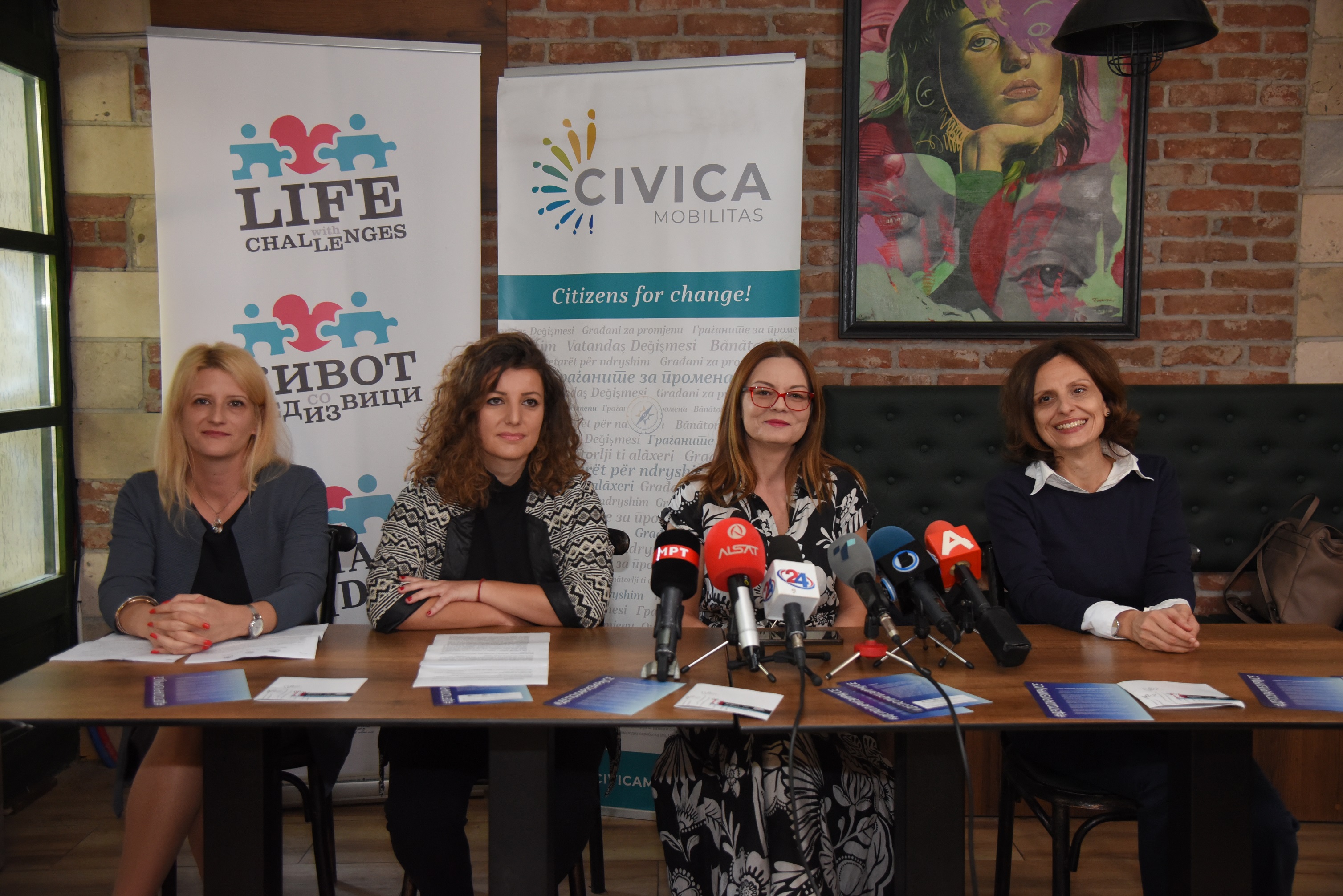
Изјава: Калина Лечевска, ИОХН-Скопје
Проектот „Преку деполаризација до демократски, стабилни и вклучувачки институции: Придонес на граѓанското општество“ (под програмата Цивика мобилитас на Швајцарската агенција за развој и соработка) се спроведува од почетокот на 2023 година од страна на партнерите: Институтот за општествени и хуманистички науки – Скопје, Институт за медиуми и аналитика, Балкански институт за регионална соработка и Здружението на граѓани за ретки болести „Живот со предизвици“.
Проектот претставува важна иницијатива за подигнување на јавната свест за потребата од функционален систем на владеење на правото и добра јавна администрација. Тоа подразбира и децентрализација, но и дигитализација на услугите, достапни за сите граѓани.
Преку учеството на „Живот со предизвици“ и преку примената на студии на случај на лица со ретки болести се идентификуваа недостатоците и потребите на овие граѓани (наведени подолу), но и воопшто на сите што имаат контакт со здравствените услуги.
Со заеднички напори, има потенцијал да се донесат значителни подобрувања преку интерсекторска соработка на институциите и да создадат поинклузивно општество за сите.
Изјава: Весна Алексовска, претседател на ЖИВОТ СО ПРЕДИЗВИЦИ
За жал овие проблеми се покажа дека се истите кои беа вклучени во анализата во 2019 година кога се работеше предлог стратегијата за ретки болести преку вклучување на сите заинтересирани страни. Истата остана необјавена и повторно се разгледуваше во мај оваа година со цел да се стави на агенда за усвојување од Влада како релевантна стратегија.
Во дискусиите на состанокот во мај, ни беше кажано дека децентрализација ќе биде извадена од стратегијата бидејќи лековите се скапи и е потребна дополнителна контрола за да не се злоупотребуваат. Оваа анализа покажува дека децентрализација е едно од најважните работи за подобар квалитет на живот на семејствата со ретки болести, а според податоците од други здруженија, се покажува дека овој проблем е значаен и за хронично болните граѓани.
Вториот најважен проблем е недостатокот на лекови (не само кај ретки туку и кај многу други), најчесто поради ненавремено завршени тендерски постапки, поради непостоење на дополнителен буџет како можност за дополнителна набавка која би овозможила премостување на проблемот, потоа тука се и листите на чекање за примање терапија (бидејќи тендерите се планираат и реализираат еднаш годишно, како што и буџетот се планира за постоечки пациенти за дадена година).
Секако остануваат и многуте административни пречки во добивање социјални услуги, помагала и слични права. никогаш не е лесно да се оствари здравствено или социјално право. Тоа треба да ни следува и да се знае дека треба да го имаме, но секогаш треба да го бараме и да премостиме повеќе пречки за да го добиеме тоа што ни треба.
Од предивиците со кои се соочуваме е и проблемот со тоа што многу специјалисти доктори се пензионираат или одат во приватните болниици и на крај ќе немаме ни каде да одиме. А веќе и години наназад за одередени болести се оди на контрола во други соседни држави. Ако се воспостави соодветна регионална соработка овие посети ќе бидат многу полесно изводливи.
Остануваме упорни во барањето на решенија за овие проблеми затоа што квалитетот на живот може и треба да се подобри. Земјите во соседството имаат голем напредок и треба да следиме добри практики.
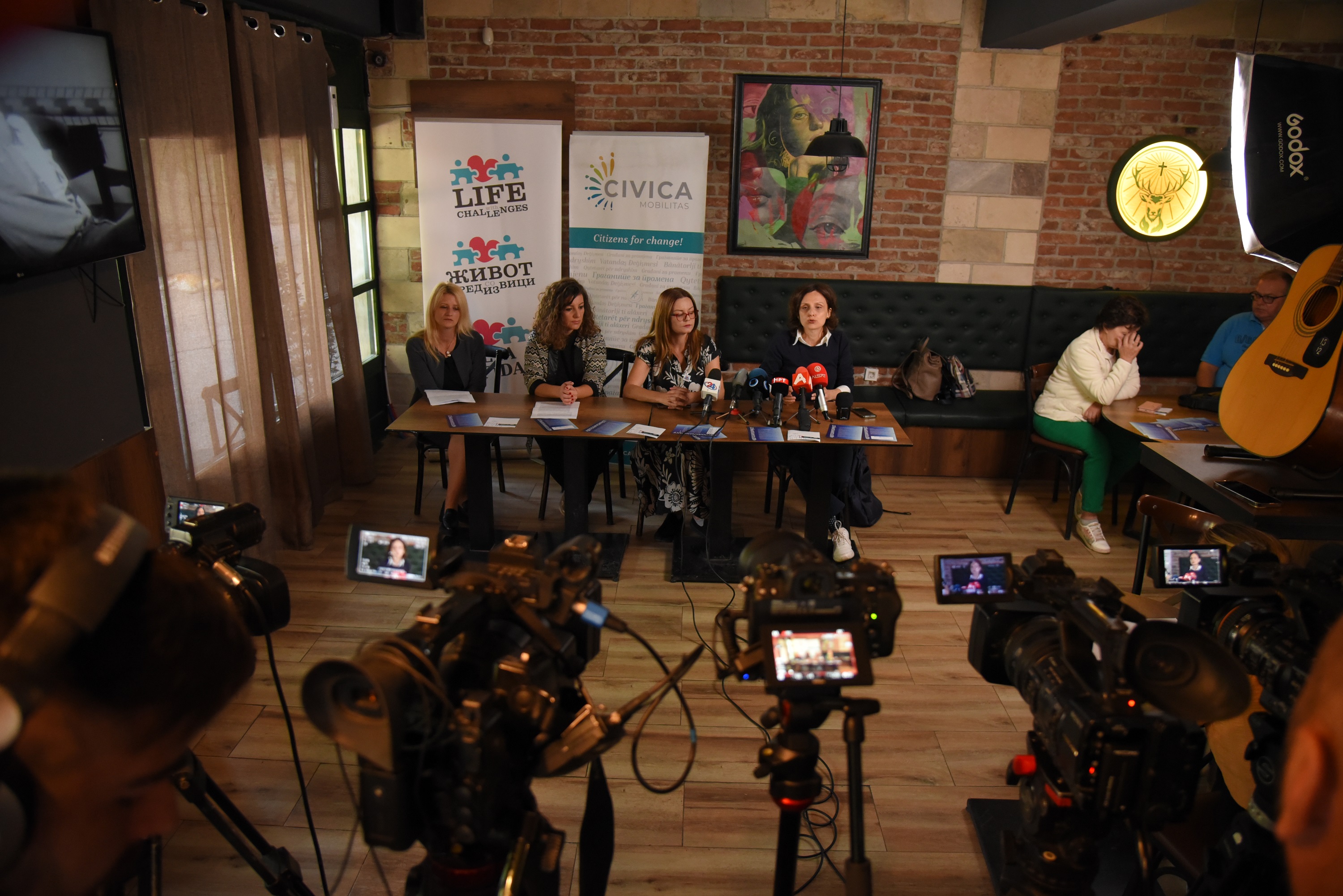
Изјава: Наташа Петровска, претседател на здружението на родители на деца со јувенилен артритис – И ЈАС ИМАМ АРТРИТИС
Ние сме здружение на родители на деца со јувенилен идиопатски артритис. Ревматските заболувања како и кај возрасните така и кај децата имаат системско засегање и ги засегаат не само зглобовите, туку и серозите, окото, кожата, крвните садови и многу други органи меѓу кои мозокот, срцето, белите дробови, бубрезите, итн. Се работи за хронични заболувања кои доколку брзо не се дијагностицираат и правлно не се лекуваат доведуваат до трајни последици инвалидитет и неможност заболените активно да се вклучат во животот на заедницата. За среќа во последните 20 години постои значаен прогрес во дијагностиката и терапијата на овие заболувања, со што на овие млади пациенти им се пружа еднаква шанса за нормален и здрав живот доколку имаат достапност до редовна терапија. Ние сме новоосновано здружение и ова е прво јавно објавување на проблемите со кои се соочуваме. Прв и најголем проблем е дефицит на соодветен стручен кадар и терапија. Нашите деца се лекуваат на детска клиника на одделот кардио-ревматологија но немаме доктор детски ревматолог. Секоја чест за посветеноста и грижата од страна на докторите кој што сега ни ги лекуваат децата зошто ние сме заедно во оваа борба, но тоа не е нивна специјалност и е неправедно да ги превземеме докторите на децата што имаат кардиолошки проблеми. За да има успех во лекувањето ни треба соодветен стручен доктор детски ревматолог што ќе ги води само децата со ревматолошки заболување зошто се потребни чести прегледи и будно следење на секоја промена. Примарна терапија кај оваа дијагноза е метотраксат, тоа е цитостатик што се прима за одржувње на имунолошкиот систем. Овој лек кај нас е регистриран но не е на позитивна листа и само во ретки случаи може да се најде во аптека и константно е дефицитарен. И така ние на целата мака мора да се снаоѓаме како знаеме и умееме и од соседството да набавуваме лек кој чини 600ден. а го примаат голем број на пациенти не само нашите деца. Истиот овој цитостатик веќе одамна е произведен во ликвидна форма кој што има подобра апсорбција и дава подобри резултати во лекувањето и не прави штета на дигестивниот систем. Ова е многу значајно затоа што се работи за деца и за терапија што треба да ја примаат цел живот. Овие инекции ги има во сите соседни земји да не зборувам и за подалеку само не и кај нас и истите чинат околу 1100 ден инекција. Последна верзија од овој лек е метопен истата содржина но во софистицирана амбалажа безбедна за домашно аплицирање и јас ги набавувам од Германија за 650ден по пенкало. Ова се малопродажни цени но сигурно дололку тоа се прави со официјална набавка преку министерство цената ќе биде помала. Сакам да кажам во ситуацијава не е проблем скапиот лек туку лошото менаџирање. И состојбата со биолошката терапија е слична и неповолна. Често се одложуваат примањата на терапијата поради закаснети тендери и ограничена достапност и избор на истата. Ограничената достапност предизвикува проблеми, особено кај пациентите што не реагираат на одредена биолошка терапија. Во нивен случај, треба да се менува видот на биолошката терапија, но годишните количини се ограничени и однапред се предвидуваат. Во некои случаи, ова означува дека пациентите мораат да чекаат пред да добијат нова терапија. Затоа, наместо децата да пораснат во работоспособни особи што ќе прават допринос во општеството, има деца што се завршени во количка и доживотно на терет на државата. Освен овие два преоритетни проблеми за кои што очекуваме брза реакција и позитивен исход имаме уште многу други. -Навремена дијагноза- обука на матичните доктори и ортопеди. -Тим од доктори ортопед, офтамолог, ендокринолог и други кои би ни биле матични и би имале преотитет за преглед. – За контрола на клиника да се оди со најава или договор со докторот бидејќи за упат се чека повеќе од еден месец. – Физиотерапија која е неопходна да биде како препорака и да биде достапна.
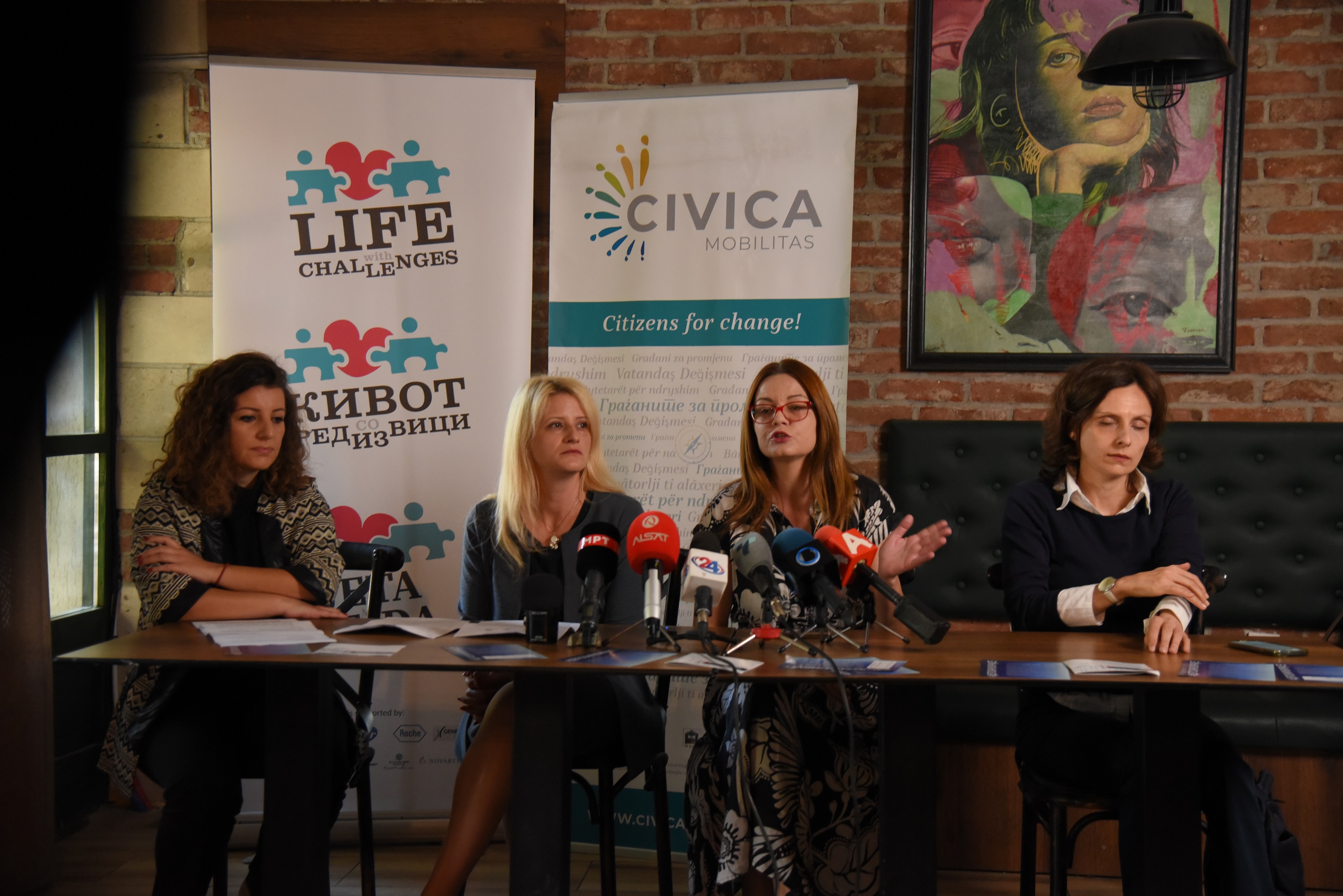
Изјава: Ана Карајанова Димитрушева, претседател на Национално здружение за МС
Голем дел од проблемите кои константно се случуваат кај ретките болести и кај сите лица со хронични болести не ги заобиколуваат и лицата со мултипла склероза.
Голем проблем претставува централизираниот начин на издавање на терапии, само и исклучиво се издаваат во Скопје. За оваа состојба неколку пати сме апелирале до релевантните чинители дека е потребно дисперзиран начин да достава на терапии, токму од причините кои се веќе спомнати: патни трошоци, губење работен ден или трошење ден од одмор, негативно влијание на пациентот на неговата здравствена состојба, дотолку повеќе што се работи за лица со физичка попреченост и имајќи предвид дека прволиниските терапии за МС се издаваат секој месец и мора да се подигнуваат еднаш месечно. Со можноста да се доставува потребната терапија ќе се олесни на самиот пациент, ќе се намали трошокот кој го сносат секој месец, а од друга страна Клиниката за Неврологија ќе се растерети од огромната гужва и фреквенција на пациенти кои доаѓаат само да подигнат терапијата.
За остварување на правата од социјална заштита (правото на надоместок за попреченост и правото на надоместок за помош и нега од друго лице), исто така сме апелирале. Имено, во најголем број случаи, Комисиите кои ја утврдуваат потребата од помош и нега од друго лице или потребата од надоместок за попреченост издаваат наод и мислење каде утврдуваат потреба од повторен преглед на 6, 12 или 24 месеци, па поради тоа пациентите мораат постојано да вршат обновување на документацијата која се доставува до Центрите за социјална работа. Ова значи постојани специјалистички прегледи и закажување на Комисии, а не е за занемарување и надоместокот за издавање на Конзилијарно мислење од 1.250 денари кој е на товар на пациентот. Ако се има предвид дека медицинската документација за остварување на овие права не треба да е постара од шест месеци, јасно е дека барателите практично во континуитет се изложени на собирање документација и дополнителни трошоци. Доколку се земат предвид овие предлози значително ќе се олесни достапноста на корисниците до правото на надоместок за попреченост и правото на надоместок за помош и нега од друго лице, а од друга страна ќе ги ослободи Центрите за социјална работа од сложените процедури кои влијаат на вкупната перцепција на граѓаните за работата на министерството како сервис на граѓаните.
Често се соочуваме и со проблеми при подигнување на ортопедски и медицински помагала, во смисла на вадење на нова документација за остварување на право кое е предходно е констатирано (имајќи предвид дека се работи за бололест која е хронична и прогресивна). Долгата процедура, одењето во повеќе институции и потребата од повеќе лица кои би помогнале на лицето со МС да ја истера целата постапка се до крајната цел подигнување на ортопедско помагало (бастун, патерица со подлактица, одалка, инвалидска количка) или медицински помагала (влошки и пелени за инконтиненција).


ГЛАВНИ ПРОБЛЕМИ СО КОИ СЕ СООЧУВААТ СЕМЕЈСТВАТА СО РЕТКИ БОЛЕСТИ:
- Недостаток на регулатива за ран пристап до терапија.
- Доцнење на лекови поради тендерски постапки и листи на чекање. Односно немање на посебна регулатива за тендерски постапки за лекови. Најчесто процедурата трае од 3 до 6 месеци, што прави недостаток на терапија.
- Ако пациент се дијагностира кога тендерот е завршен иситот треба да чека нареден тендер (кој се прави еднаш годишно) за да добие терапија.
- Недостаток на регулатива во социјални услуги за препознавање на лицата со ретки болести како посебна категорија.
- Административните процедури се долги, комплицирани и често изискуваат повеќе работни денови за да се заврши со некое барање за некоја социјална или здравствена услуга.
- Истите мора да се направат во тек на работно време за што мора да се земат слободни денови/ денови од одмор.
- Доцна дијагноза поради недостиг на скрининг на новородени и недостаток на специјалисти, неможност да се дојде до термин, чекање за анализи од 3 месеци до година дена и повеќе во одредени случаи.
- Цеттрализираните здравствени услуги се голем проблем.
- Често патување до Скопје за контрола, тестови и подигнување на терапија. Патувањето до Скопје од неколку пати месечно до еднаш на два месеци истоштува психички, физички, емоционално, финансиски, создава проблеми во образование и на работа, стресно е и за семејството.
- Недостаток на специјалисти за ретки болести (дополнително одлив на медицински лица во странство и приватните болници)
- Недоволна информираност за ретки болести (непостоење на централна институција за информирање и насочување на семејствата и медицинските лица). Здруженијата се тие кои ја даваат оваа услуга моментално.
ПРЕПОРАКИ
- Социјална инклузија и подобрување на социјалните и здравствените услуги за луѓето со ретки болести, луѓето со посебни потреби и другите маргинализирани групи.
- Интерсекторско планирање на услугите во здравствениот сектор со цел нивна децентрализација односно регионализација: секторите за локална самоуправа, социјални политики, финансии и здравство треба да осмислат интерсекторски политики, преточени во интервенции во законските и подзаконските акти, кои ќе овозможат пристап до терапија за сите пациенти, а пред сѐ за најранливите групи, како луѓето со посебни потреби, ретки болести, хронични болести, стари и изнемоштени пациенти, деца, и луѓе кои живеат во рурални средини.
Ви благодариме на соработката и помошта за подигнување на јавната свест за потребата од подобрување на здравствениот и социјалниот систем во нашата држава.
Со почит,
Весна Алексовска,
Претседател на ЖИВОТ СО ПРЕДИЗВИЦИ


